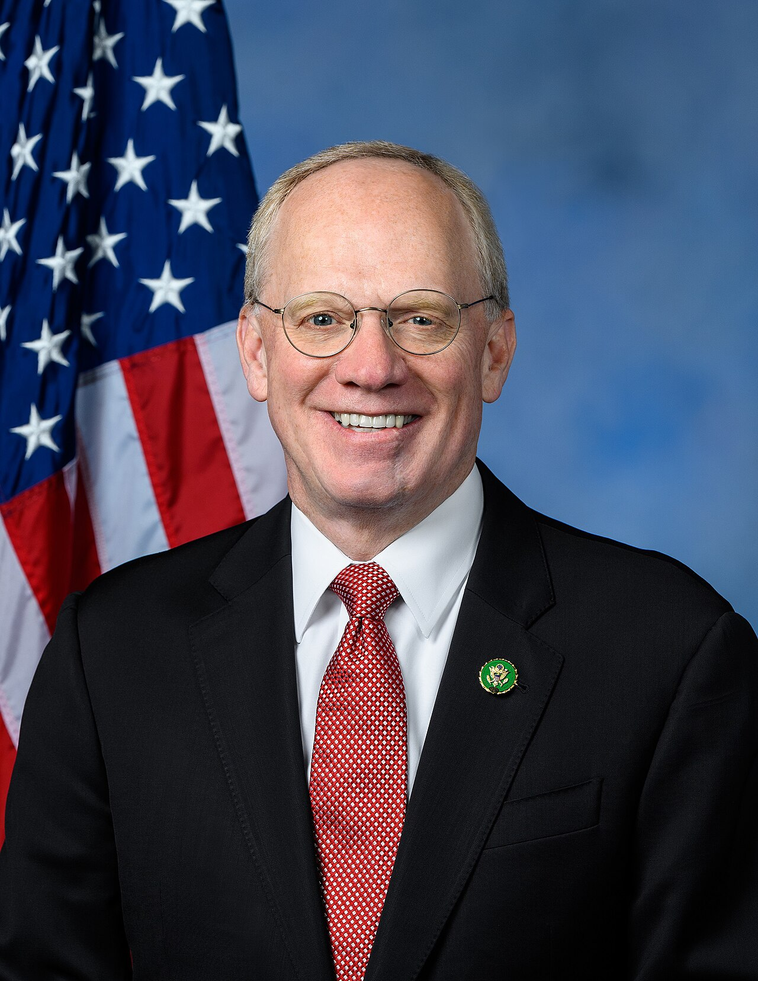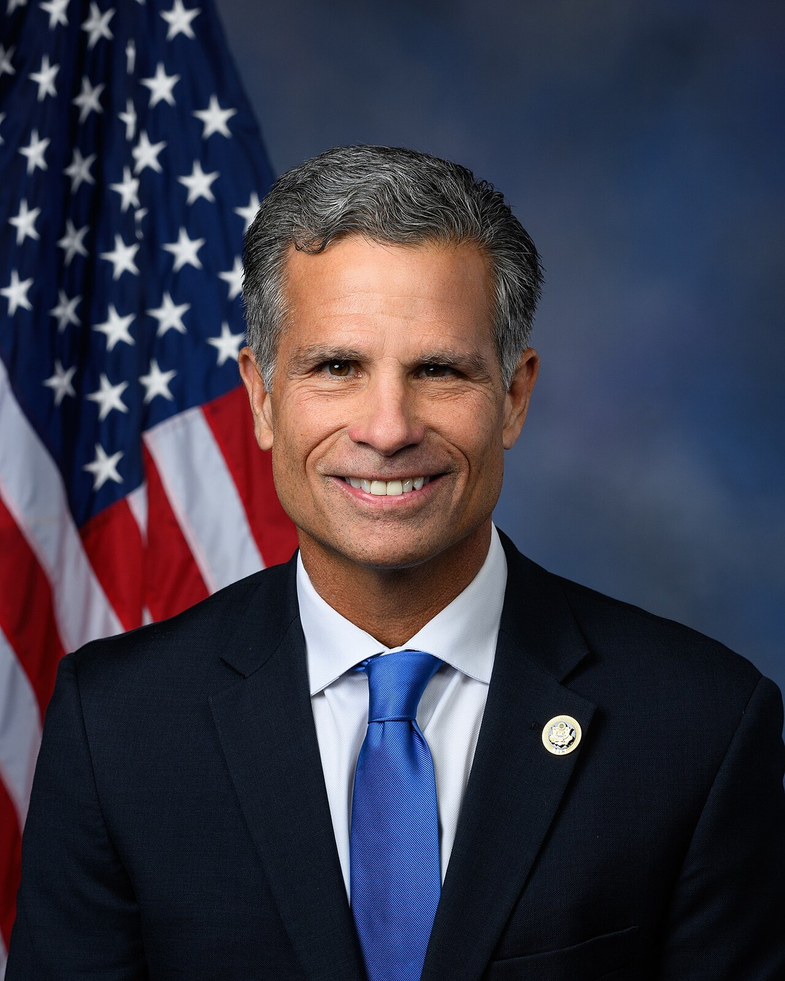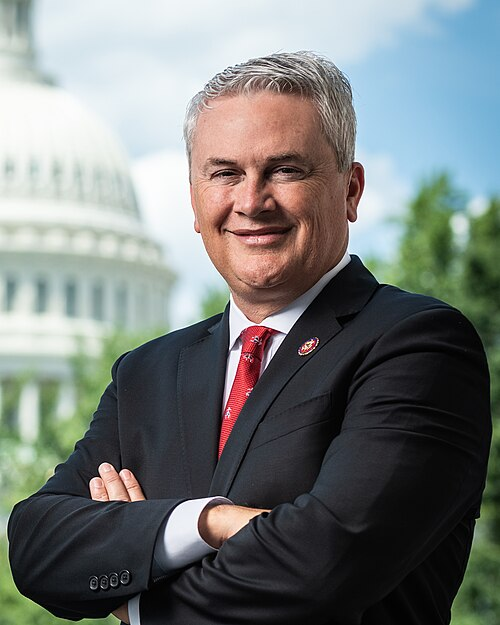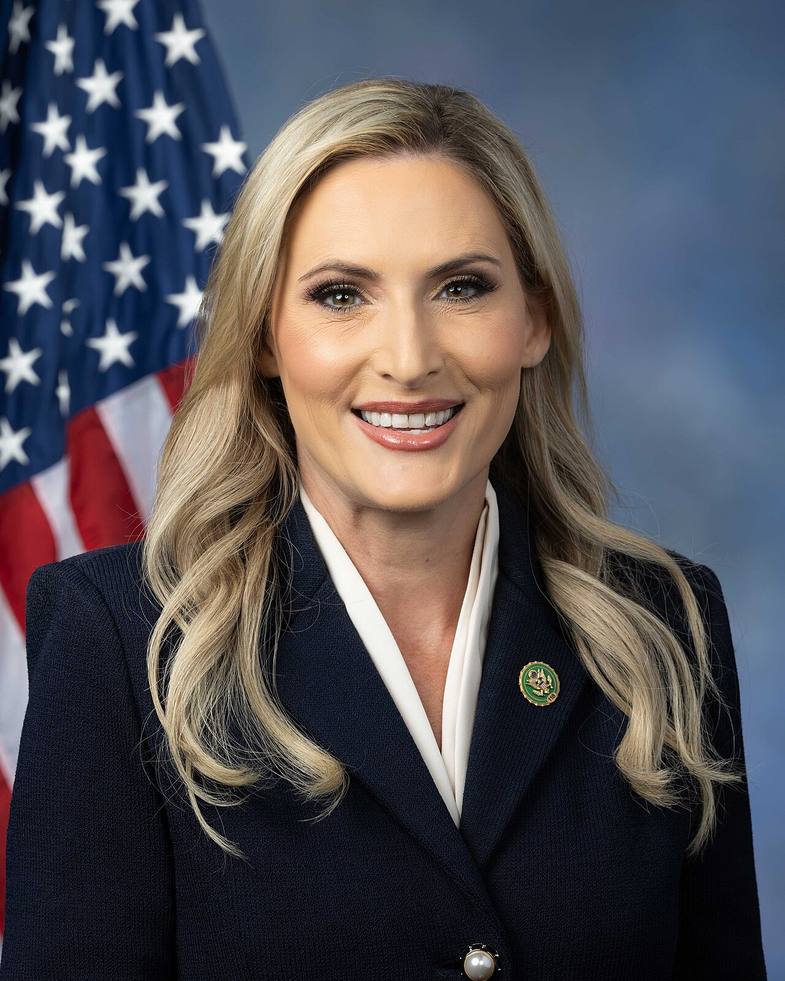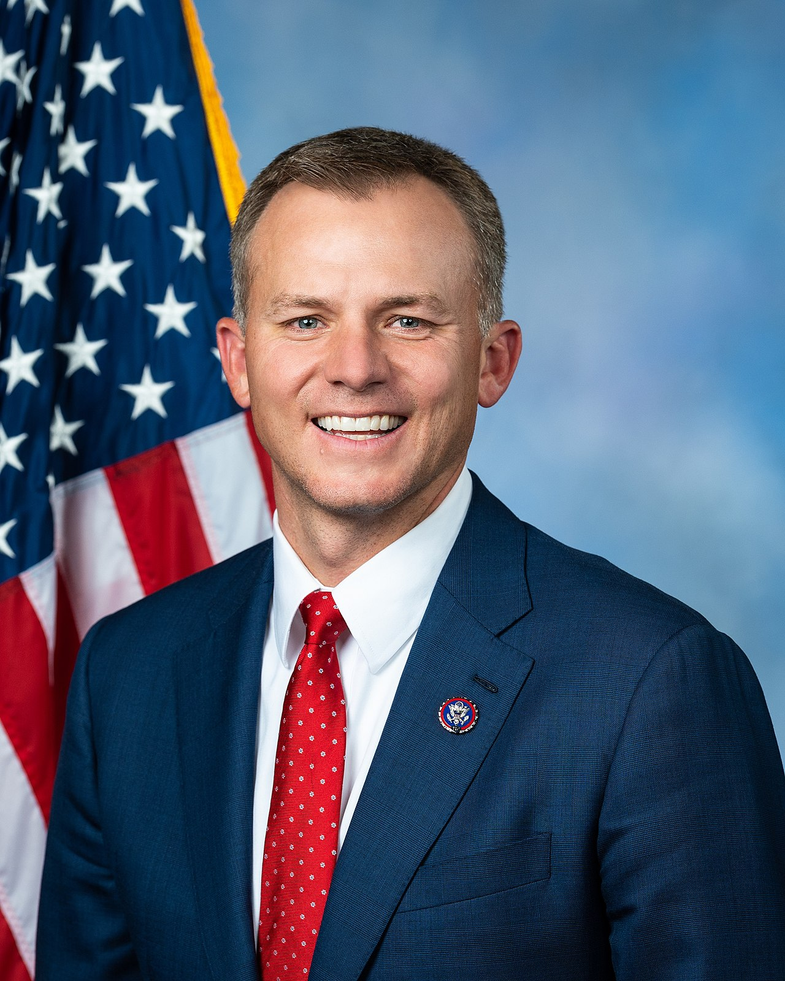H.R. 1589: American Dream and Promise Act of 2025
The American Dream and Promise Act of 2025 aims to provide a pathway to legal residency and citizenship for certain long-term residents of the United States, specifically focusing on individuals who entered the country as children, commonly known as Dreamers. This bill is designed to allow these individuals to obtain conditional permanent resident status, which would enable them to adjust their immigration status over time. The bill incorporates several important features and requirements:
Eligibility Criteria
To qualify for the benefits outlined in the bill, individuals must meet specific eligibility criteria. Key requirements include:
- Must have entered the U.S. as a child.
- Must have lived in the U.S. for a significant period, demonstrating long-term residency.
- Submission of biometric data and undergoing background checks.
Application Process
The bill establishes a structured process for individuals seeking to adjust their immigration status. This process includes:
- Filing an application to obtain conditional permanent resident status.
- Providing necessary documentation to prove eligibility.
- Opportunities for relief from removal if individuals face deportation.
Fee Exemptions and Confidentiality
Recognizing the potential financial barriers many applicants may face, the bill includes provisions for fee exemptions, helping to alleviate costs associated with the application process. Additionally, it emphasizes the confidentiality of information submitted, ensuring that applicants can submit their data without fear of it being used against them in immigration enforcement actions.
Educational Opportunities
Beyond providing a pathway to citizenship, the bill aims to expand access to educational opportunities for eligible individuals, thereby enabling them to pursue higher education and contribute more fully to society and the economy.
Long-term Benefits
This legislation is meant to benefit both the individuals affected and the broader U.S. society by allowing productive members of communities to gain legal status and contribute without the fear of deportation. It creates a structured and supportive framework for individuals seeking stability and a chance to fully participate in American life.
Relevant Companies
- GOOGL - As a major employer of skilled labor, Google may see changes in its workforce dynamics based on the potential influx of individuals gaining legal status, thereby affecting its recruitment and employee base.
- AAPL - Apple could be impacted by an increase in eligible applicants for employment in tech sectors, contributing to its workforce diversity and overall talent pool.
This is an AI-generated summary of the bill text. There may be mistakes.
Sponsors
211 bill sponsors
-
TrackSylvia R. Garcia
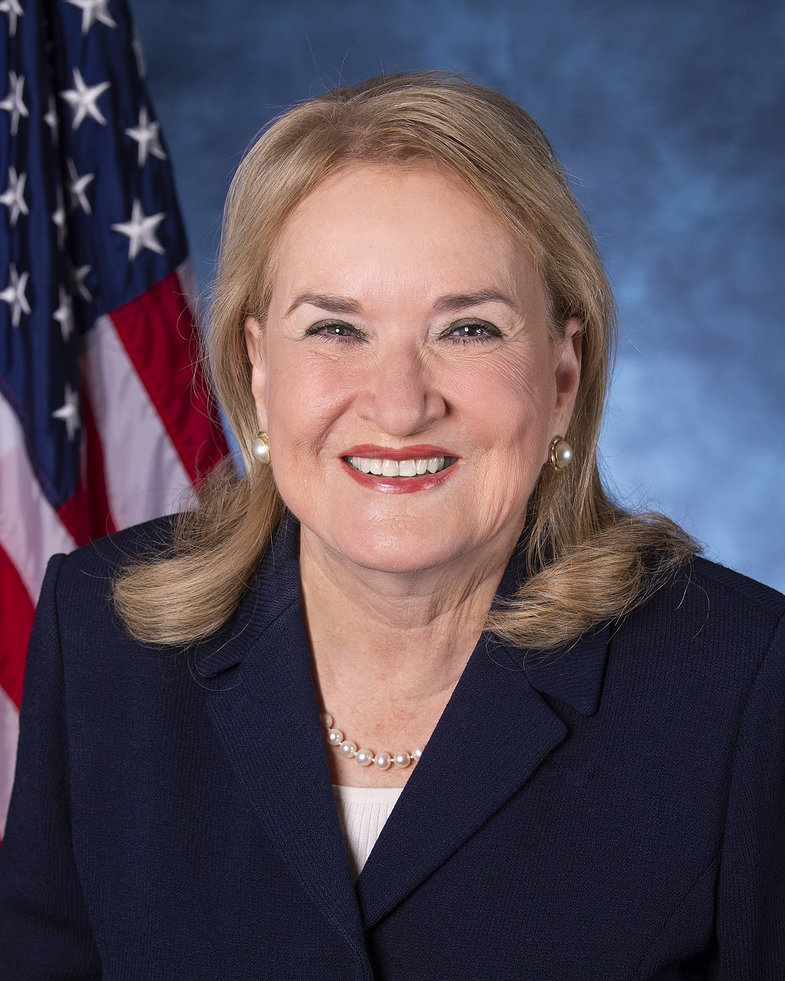
Sponsor
-
TrackAlma S. Adams
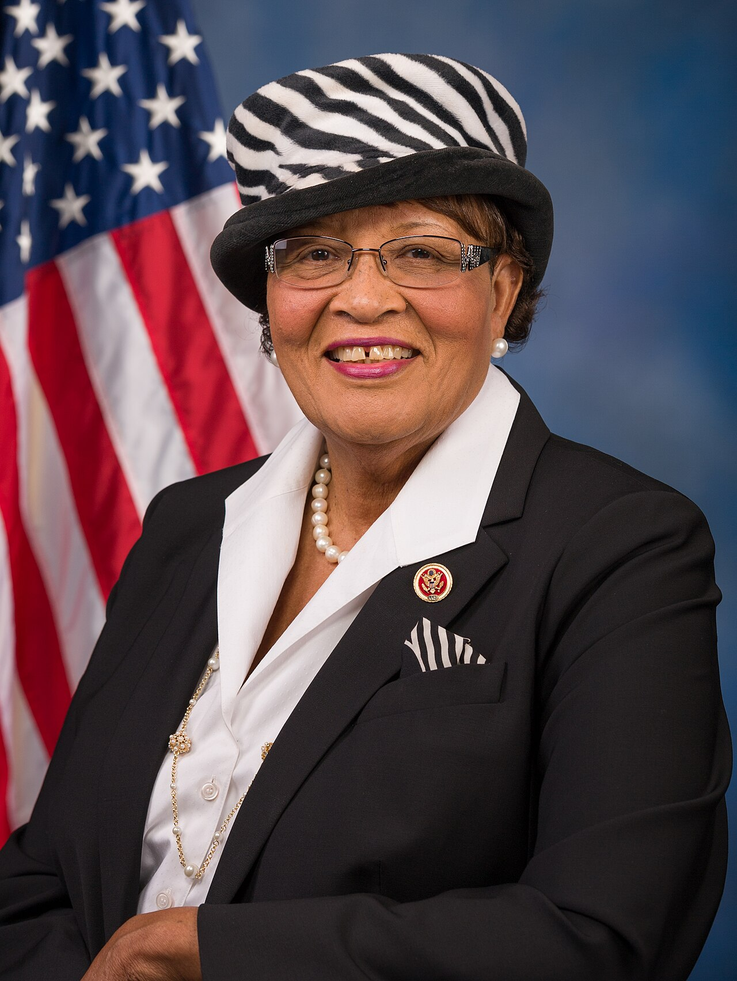
Co-Sponsor
-
TrackPete Aguilar
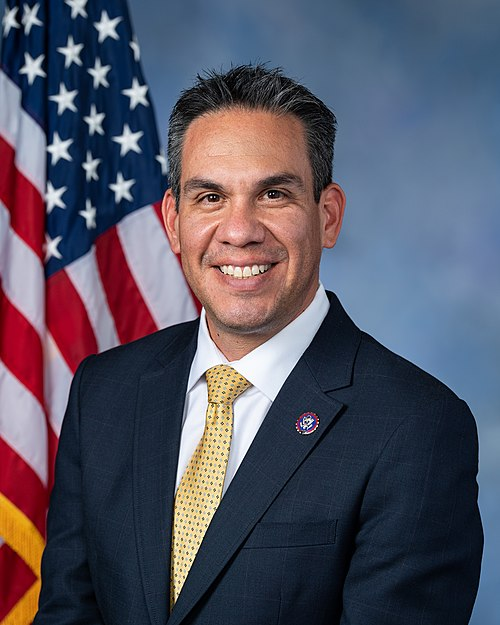
Co-Sponsor
-
TrackGabe Amo
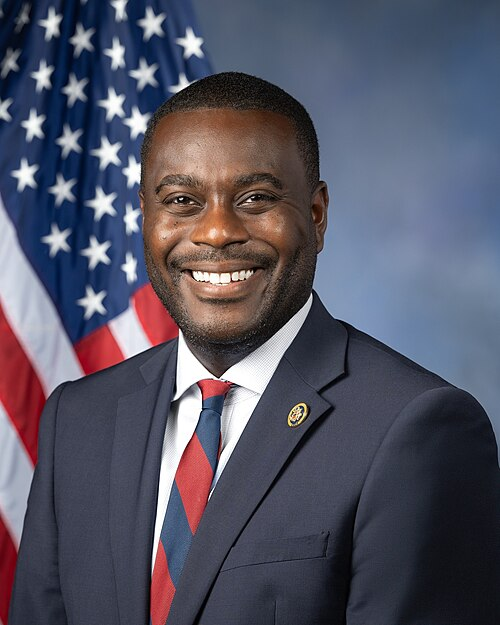
Co-Sponsor
-
TrackYassamin Ansari
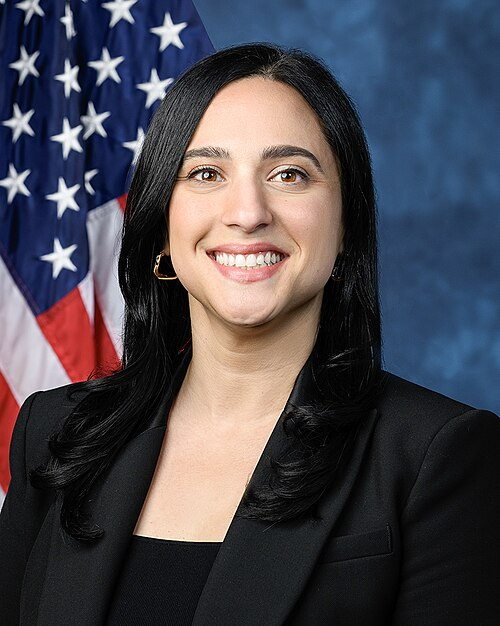
Co-Sponsor
-
TrackJake Auchincloss
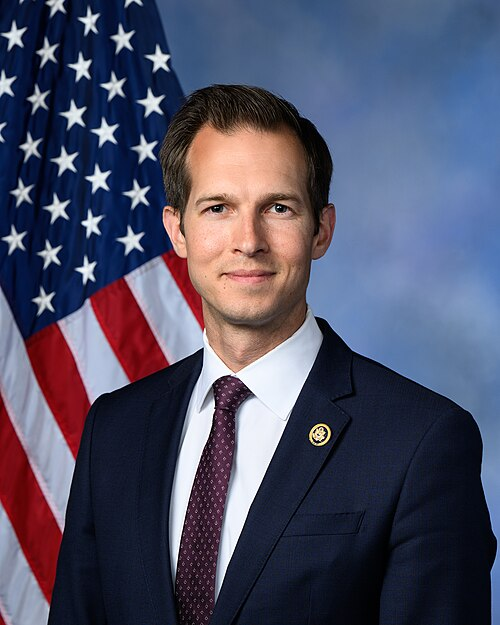
Co-Sponsor
-
TrackBecca Balint
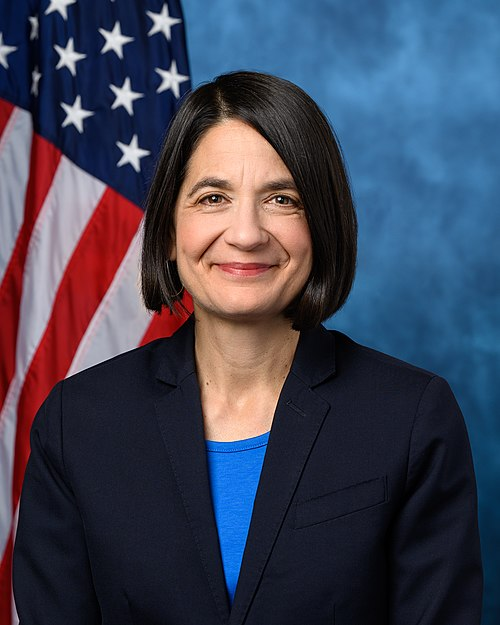
Co-Sponsor
-
TrackNanette Diaz Barragán
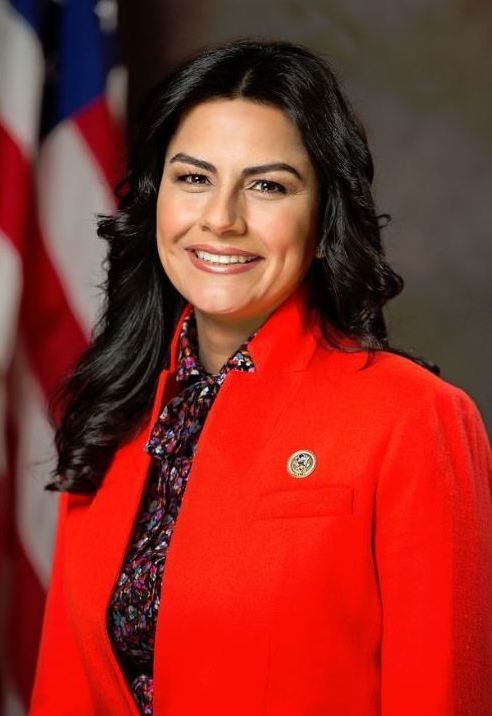
Co-Sponsor
-
TrackJoyce Beatty
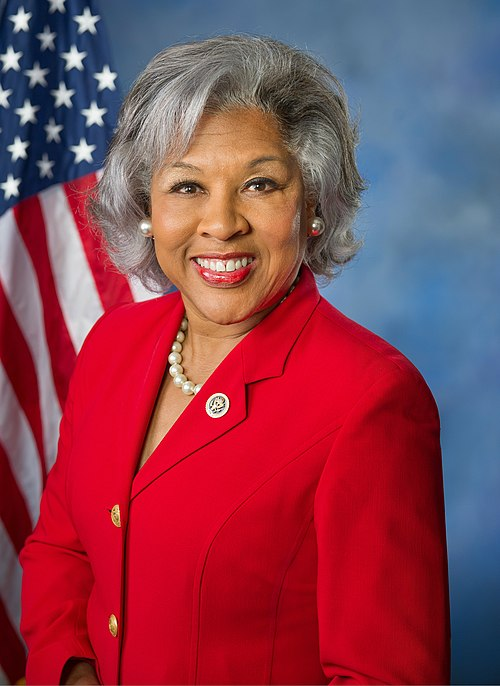
Co-Sponsor
-
TrackWesley Bell
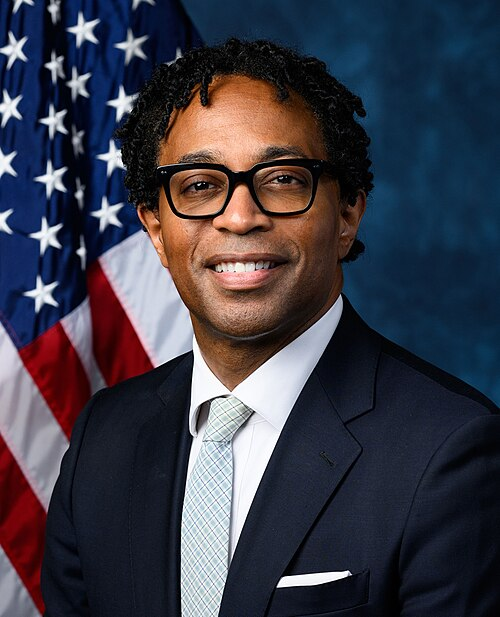
Co-Sponsor
-
TrackAmi Bera
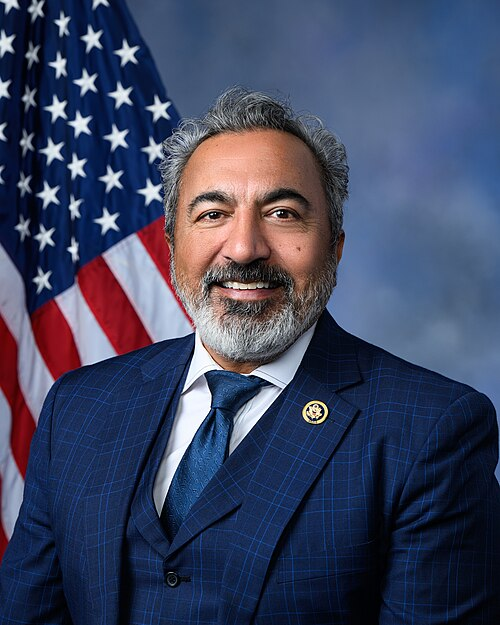
Co-Sponsor
-
TrackDonald S. Beyer, Jr.
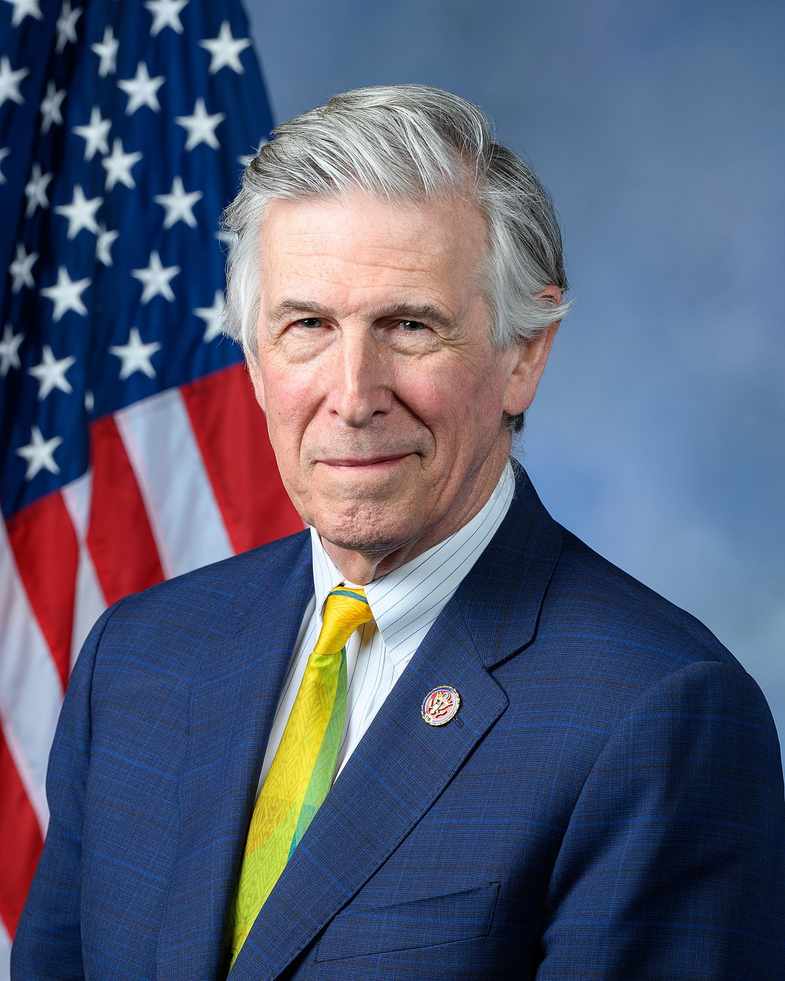
Co-Sponsor
-
TrackSanford D. Bishop, Jr.
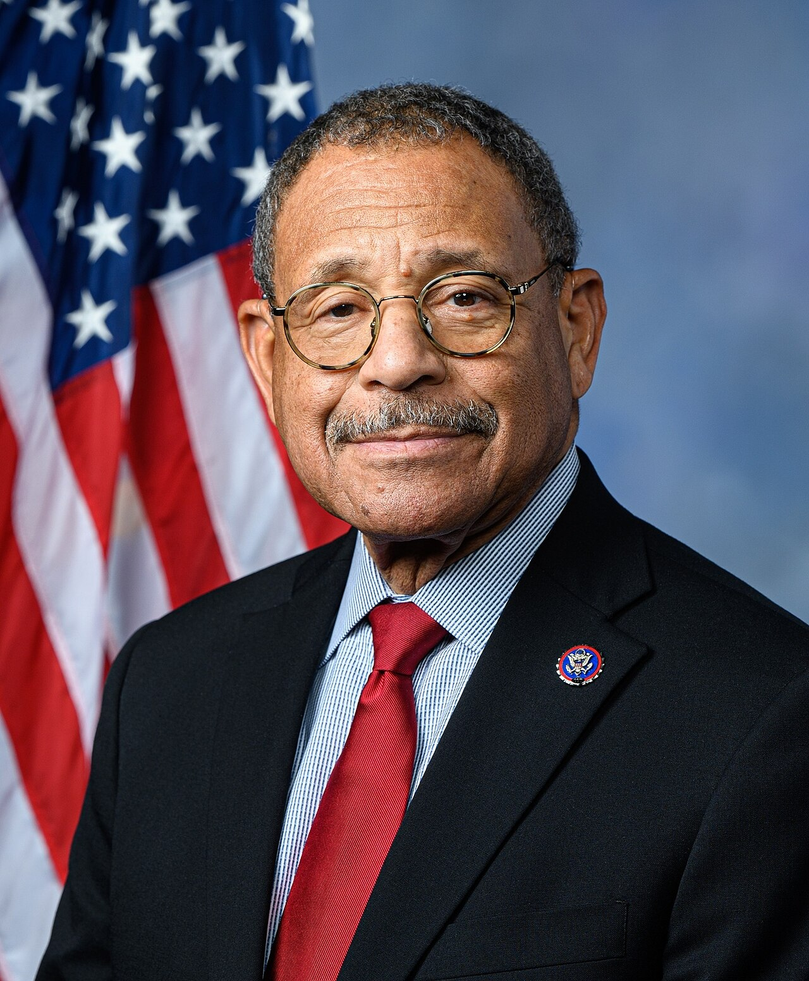
Co-Sponsor
-
TrackSuzanne Bonamici
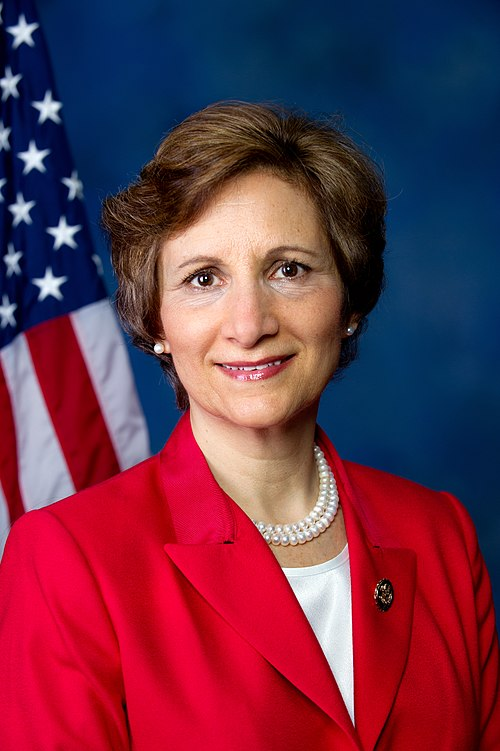
Co-Sponsor
-
TrackBrendan F. Boyle
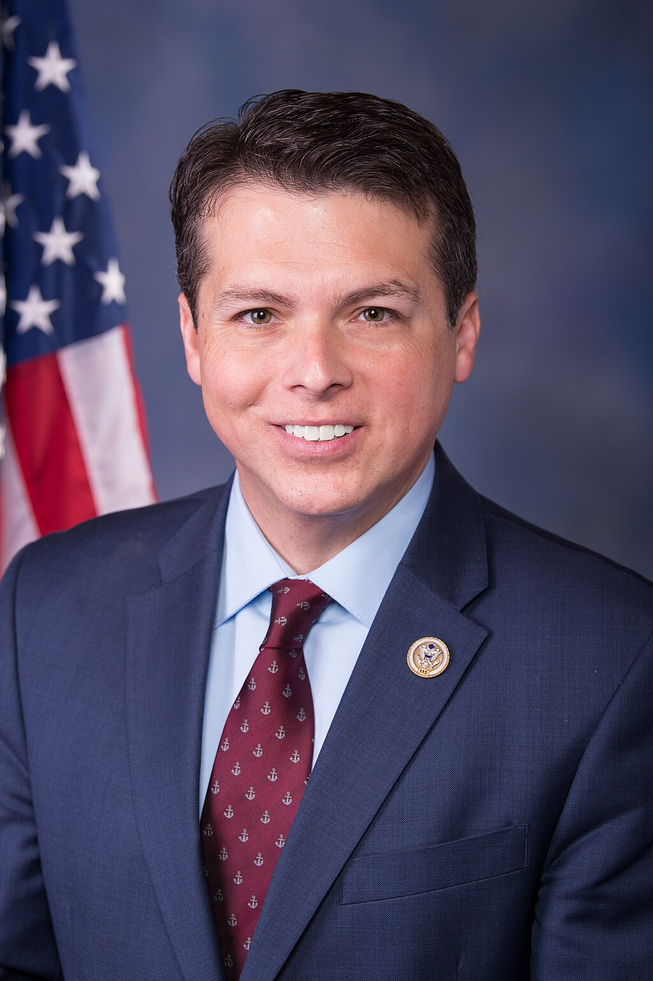
Co-Sponsor
-
TrackShontel M. Brown
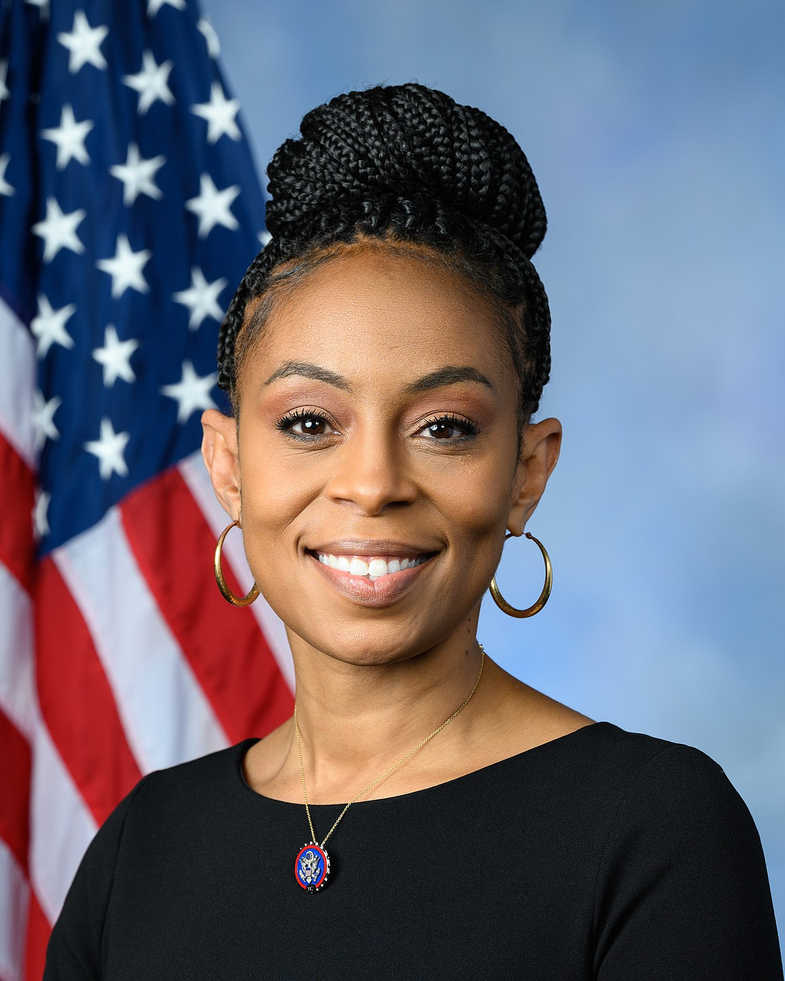
Co-Sponsor
-
TrackJulia Brownley
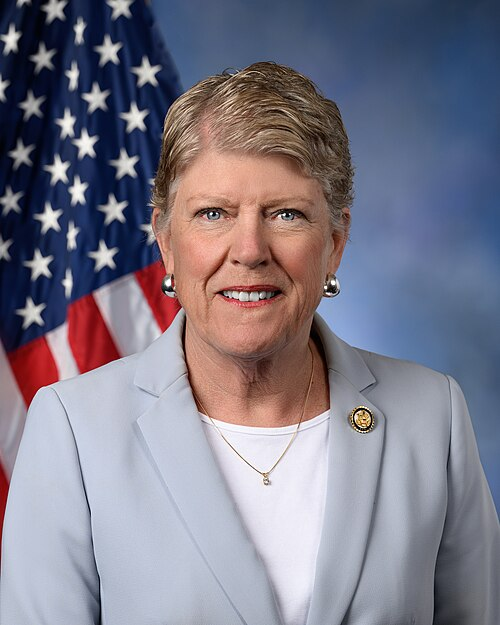
Co-Sponsor
-
TrackNikki Budzinski
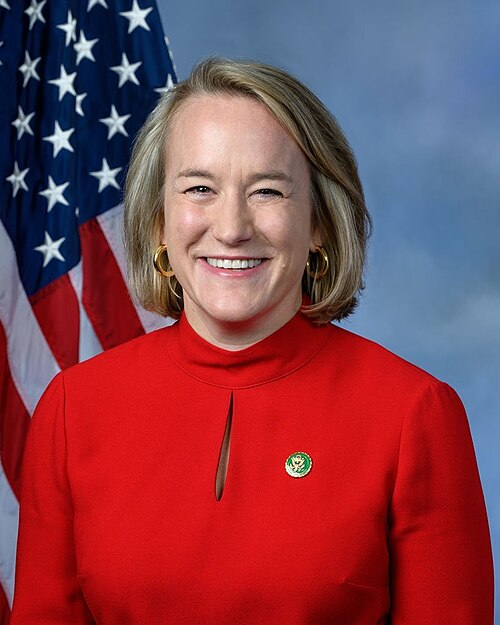
Co-Sponsor
-
TrackJanelle Bynum
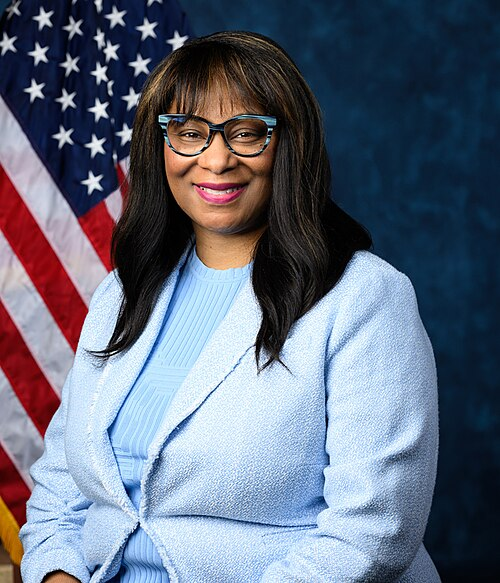
Co-Sponsor
-
TrackSalud O. Carbajal
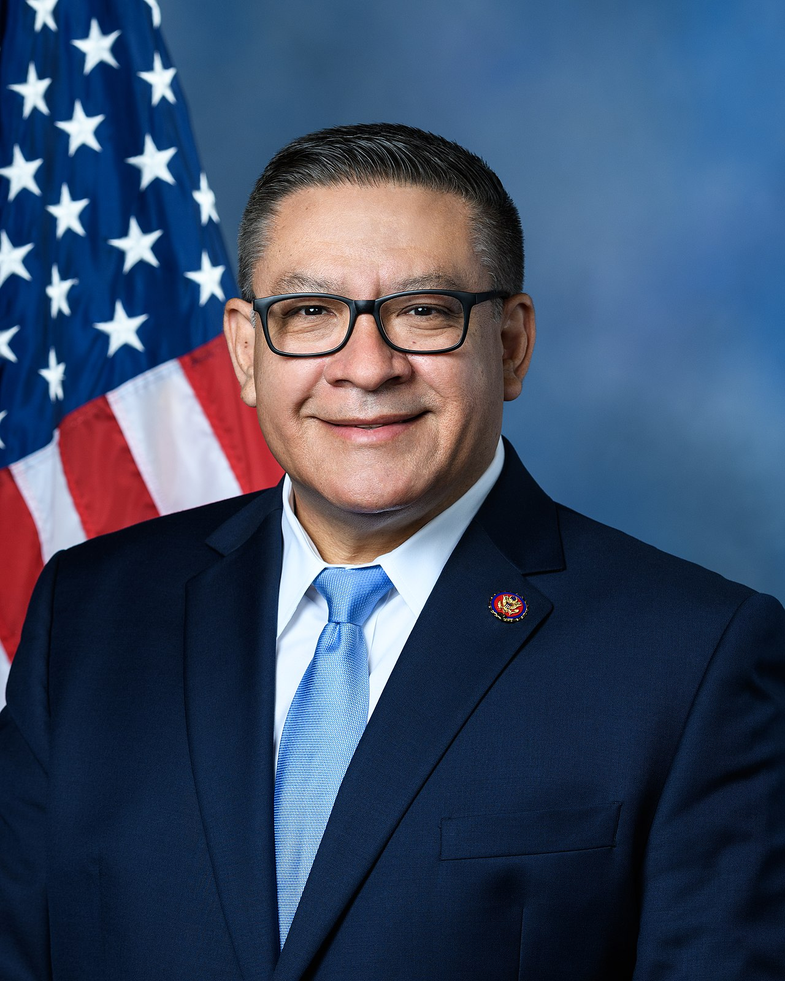
Co-Sponsor
-
TrackAndré Carson
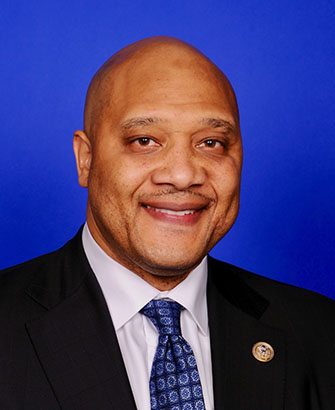
Co-Sponsor
-
TrackTroy A. Carter
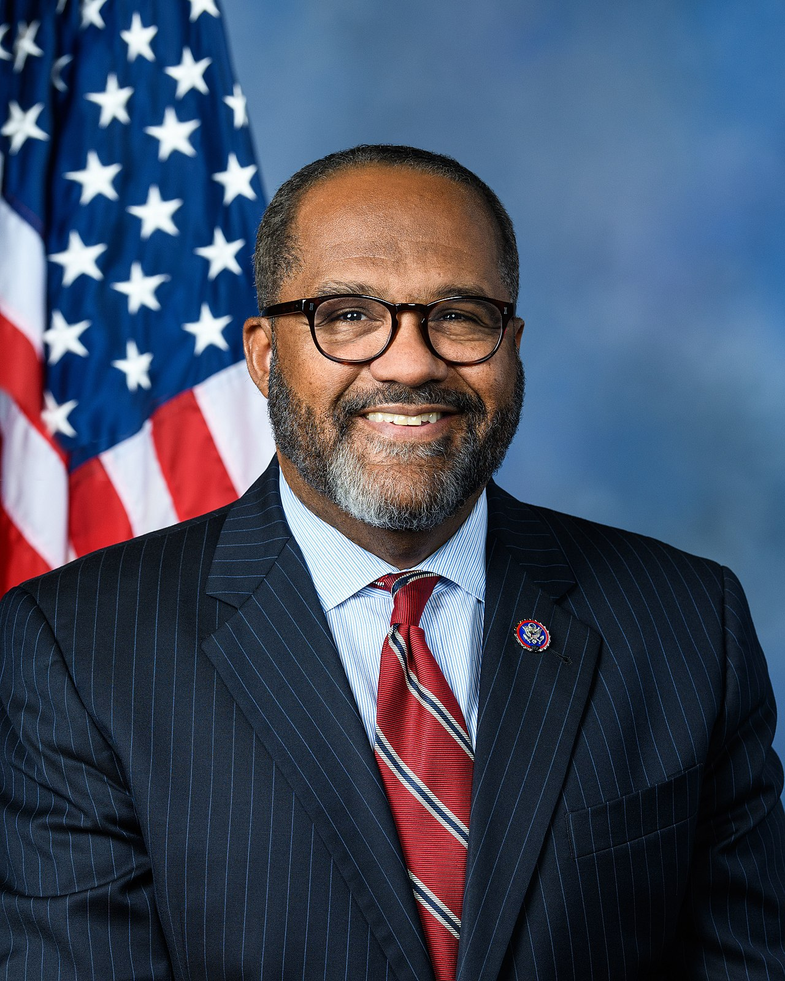
Co-Sponsor
-
TrackGreg Casar
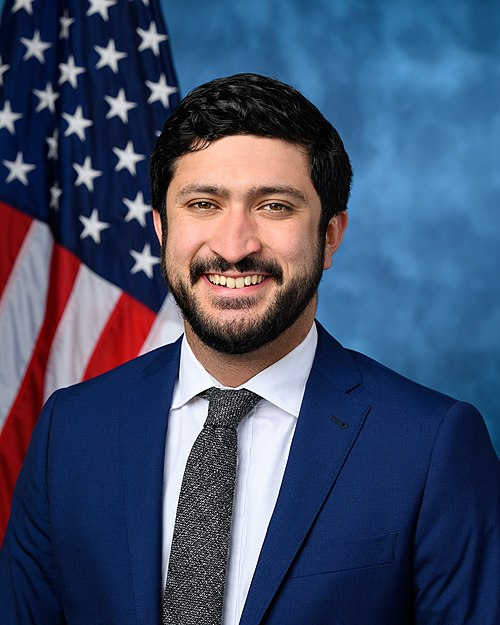
Co-Sponsor
-
TrackEd Case
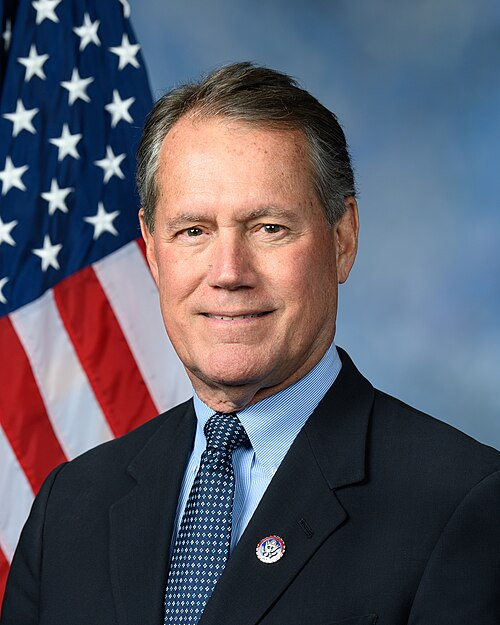
Co-Sponsor
-
TrackSean Casten
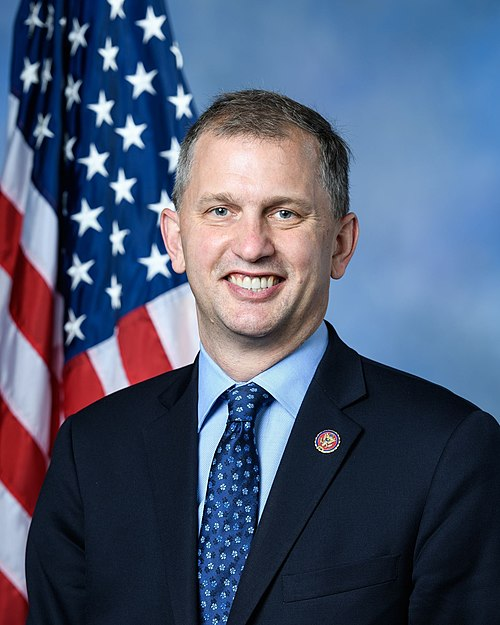
Co-Sponsor
-
TrackKathy Castor
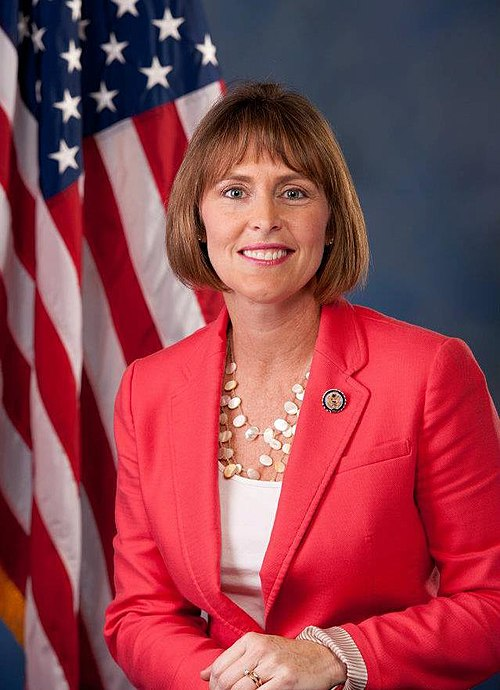
Co-Sponsor
-
TrackJoaquin Castro
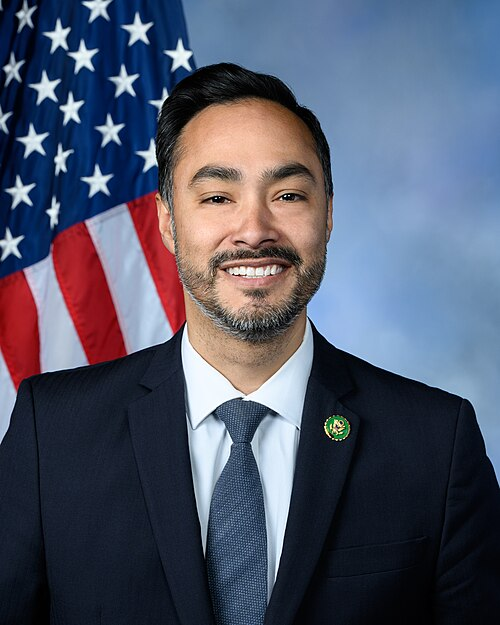
Co-Sponsor
-
TrackSheila Cherfilus-McCormick

Co-Sponsor
-
TrackJudy Chu
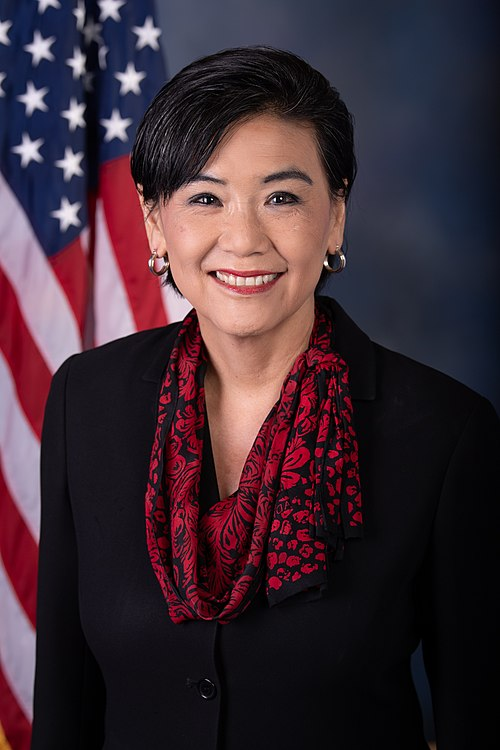
Co-Sponsor
-
TrackGilbert Ray Cisneros, Jr.

Co-Sponsor
-
TrackKatherine M. Clark
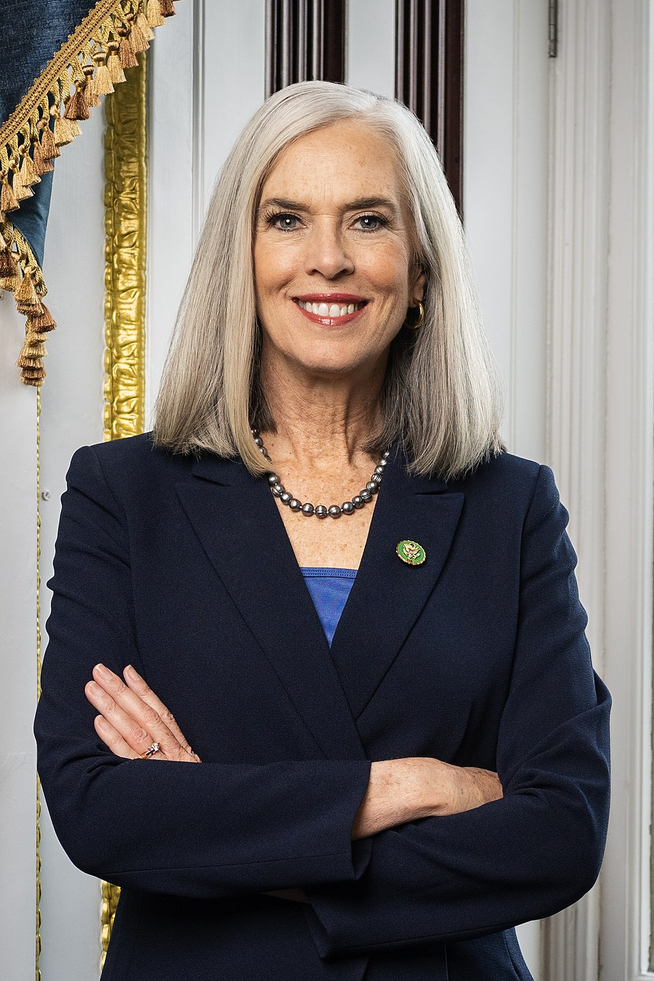
Co-Sponsor
-
TrackYvette D. Clarke

Co-Sponsor
-
TrackEmanuel Cleaver
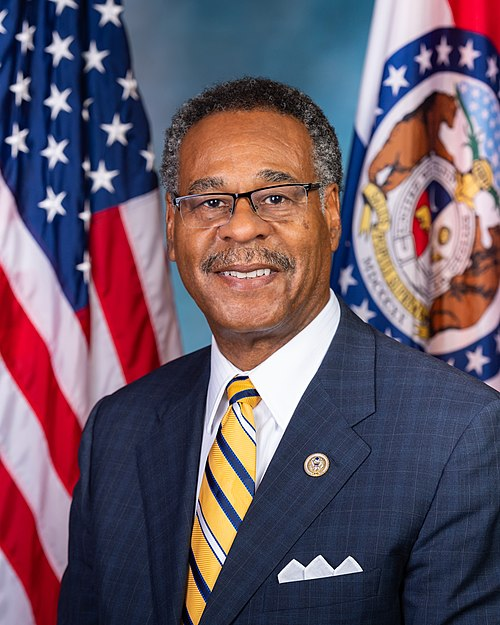
Co-Sponsor
-
TrackJames E. Clyburn
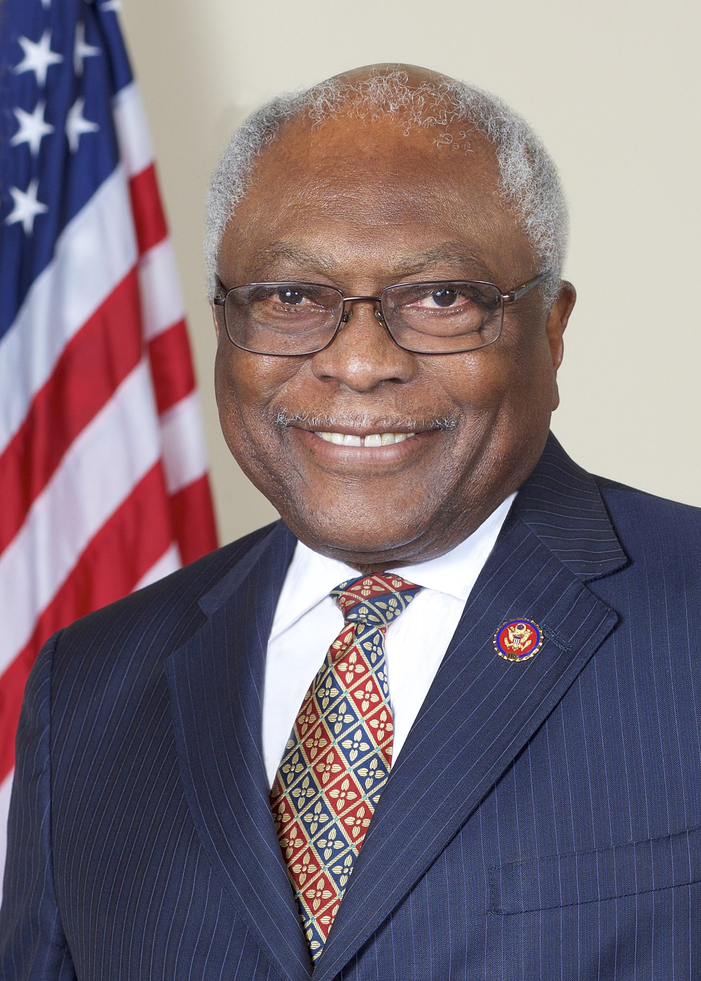
Co-Sponsor
-
TrackSteve Cohen

Co-Sponsor
-
TrackHerbert Conaway
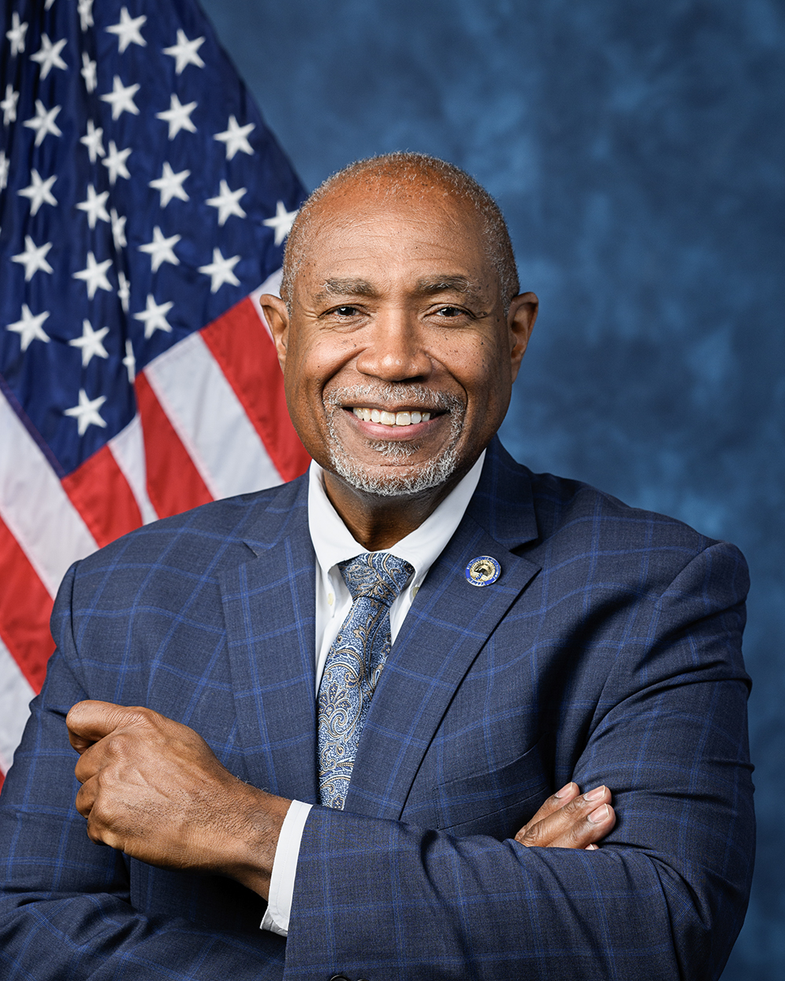
Co-Sponsor
-
TrackGerald E. Connolly
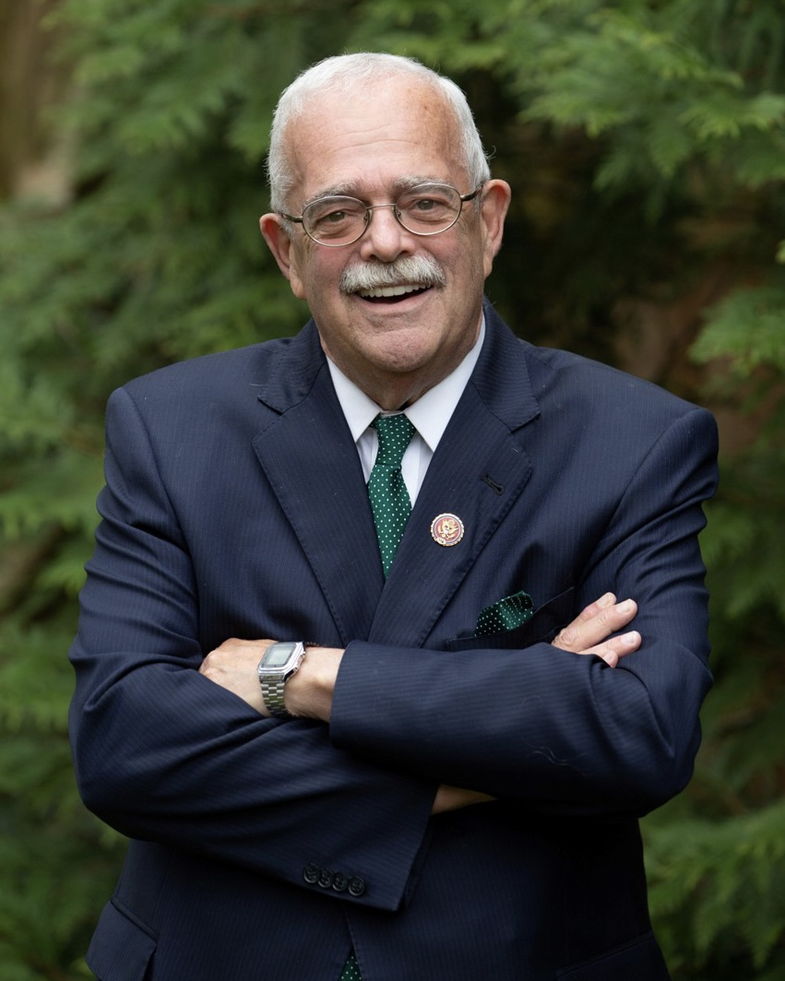
Co-Sponsor
-
TrackJ. Luis Correa
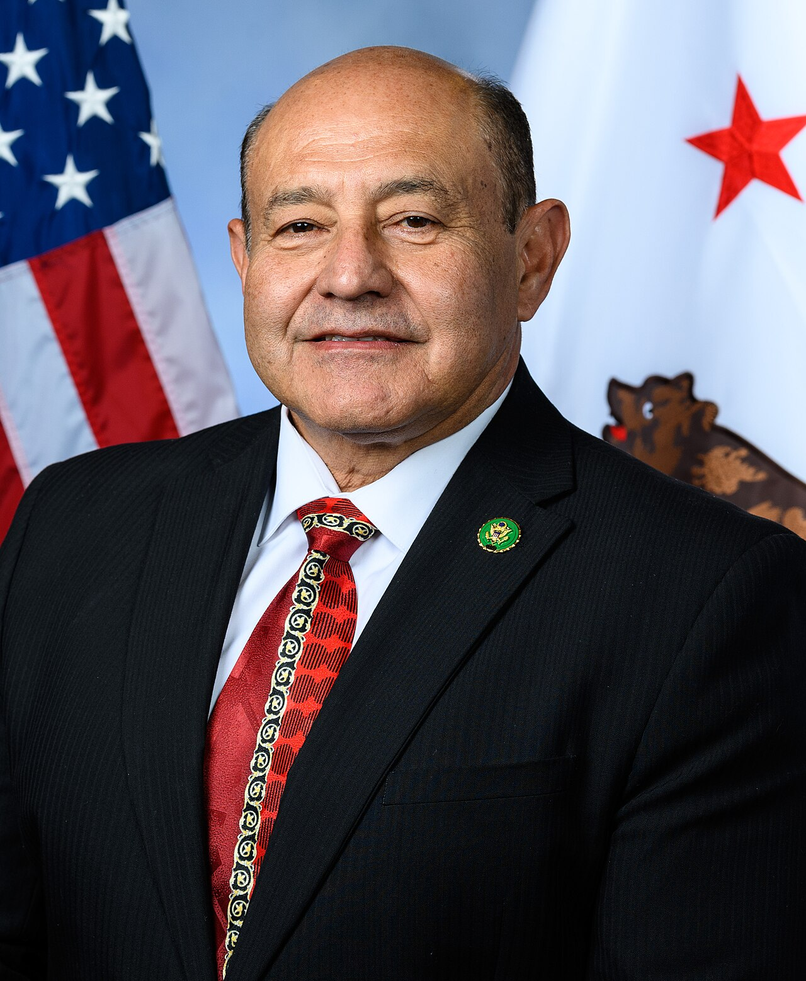
Co-Sponsor
-
TrackJim Costa
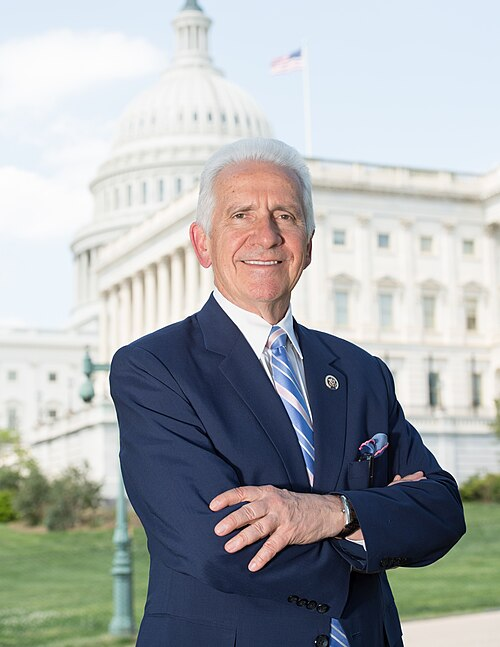
Co-Sponsor
-
TrackJoe Courtney
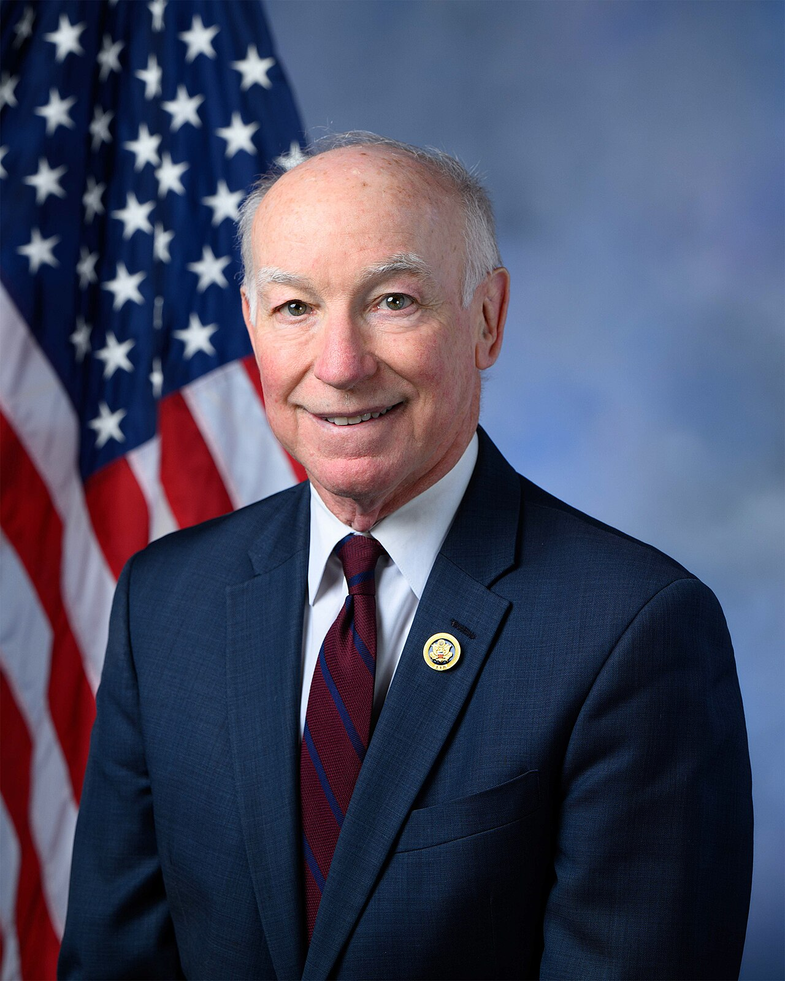
Co-Sponsor
-
TrackAngie Craig

Co-Sponsor
-
TrackJasmine Crockett

Co-Sponsor
-
TrackJason Crow
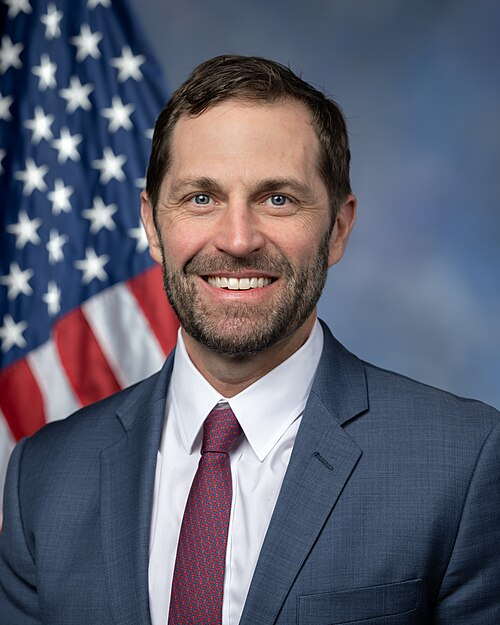
Co-Sponsor
-
TrackHenry Cuellar
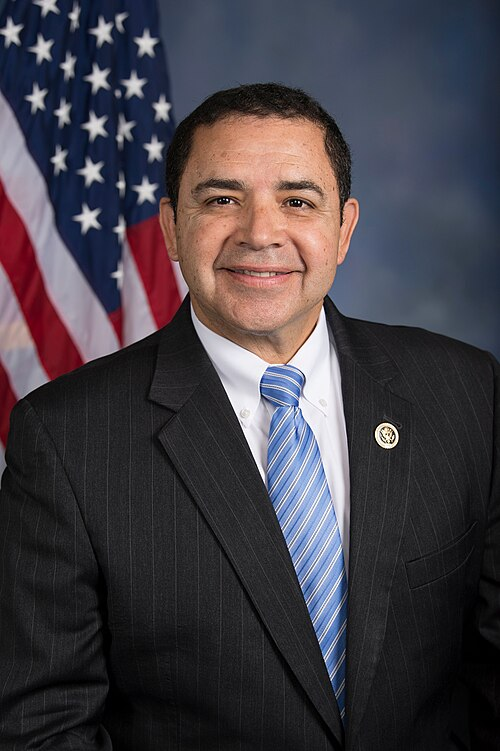
Co-Sponsor
-
TrackSharice Davids
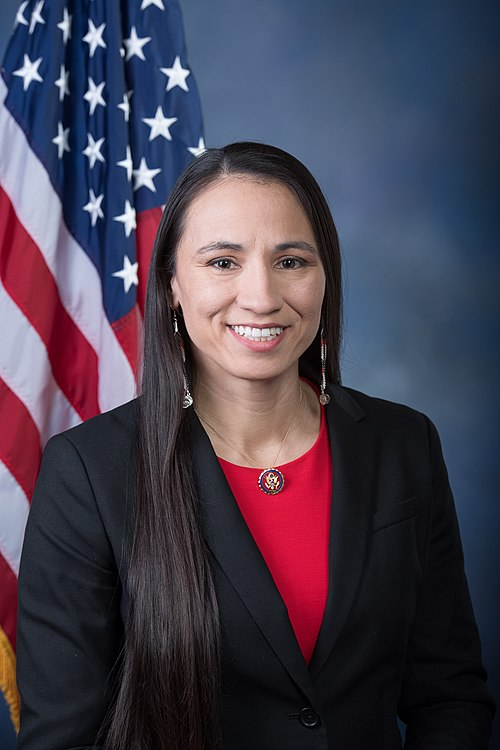
Co-Sponsor
-
TrackDanny K. Davis
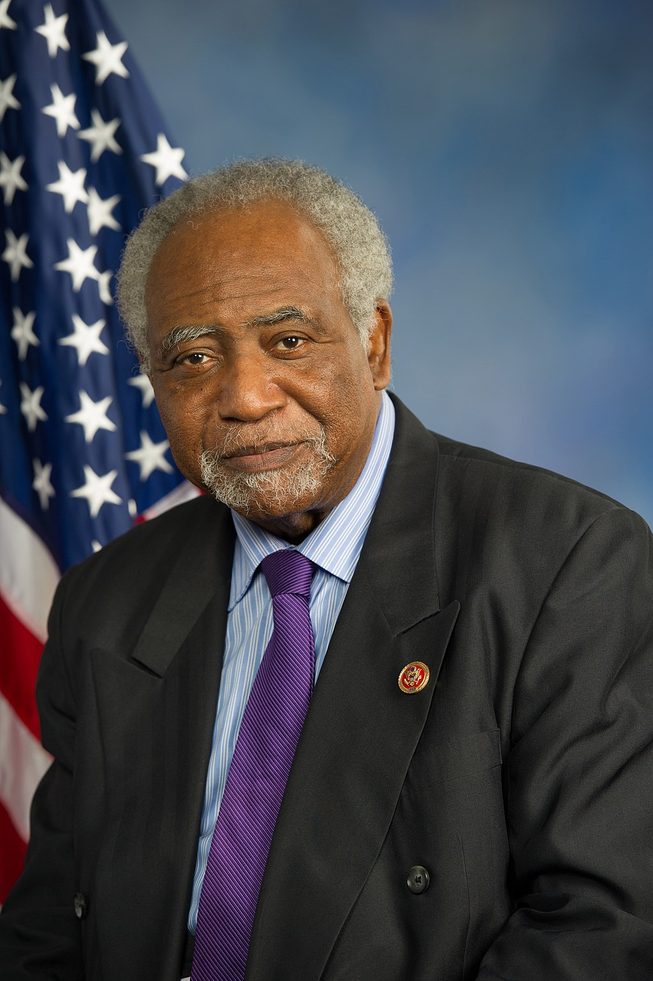
Co-Sponsor
-
TrackDiana DeGette

Co-Sponsor
-
TrackRosa L. DeLauro

Co-Sponsor
-
TrackMark DeSaulnier
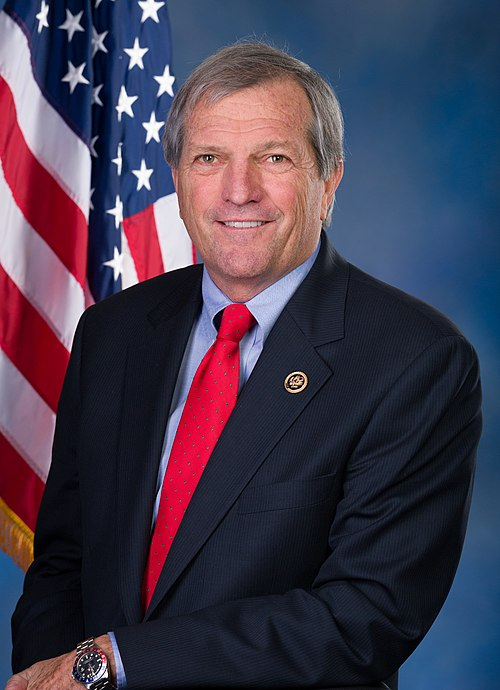
Co-Sponsor
-
TrackMadeleine Dean
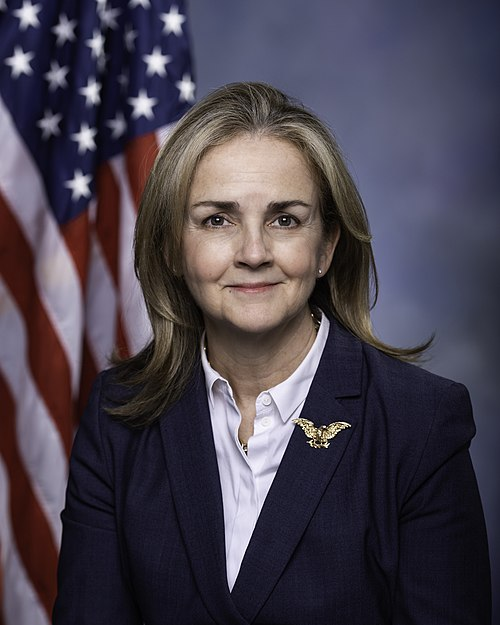
Co-Sponsor
-
TrackSuzan K. DelBene
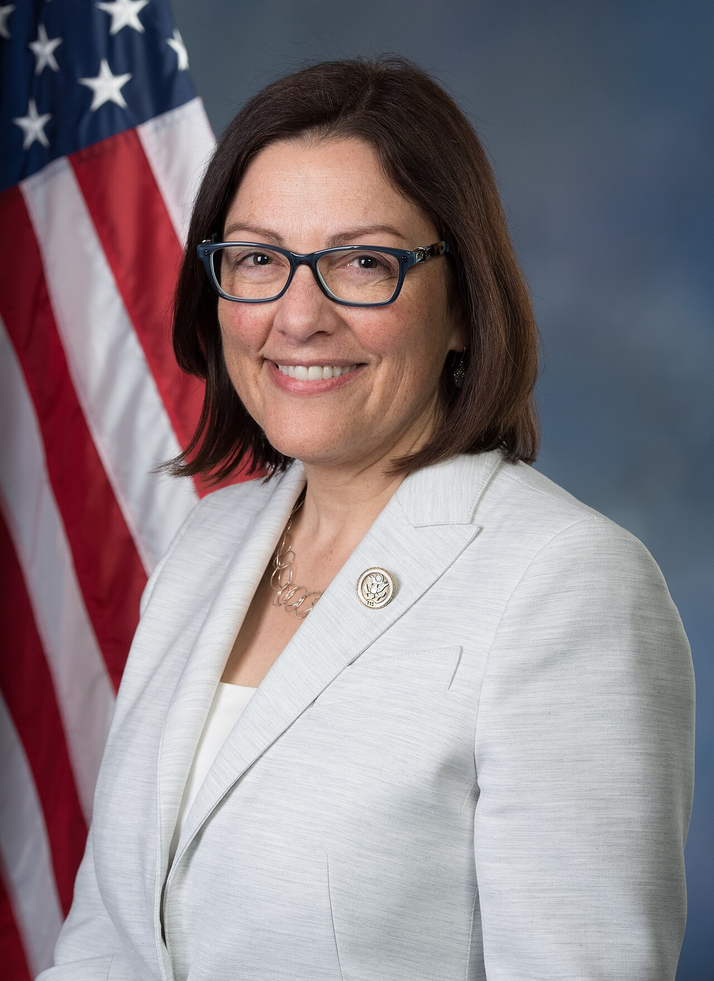
Co-Sponsor
-
TrackChristopher R. Deluzio
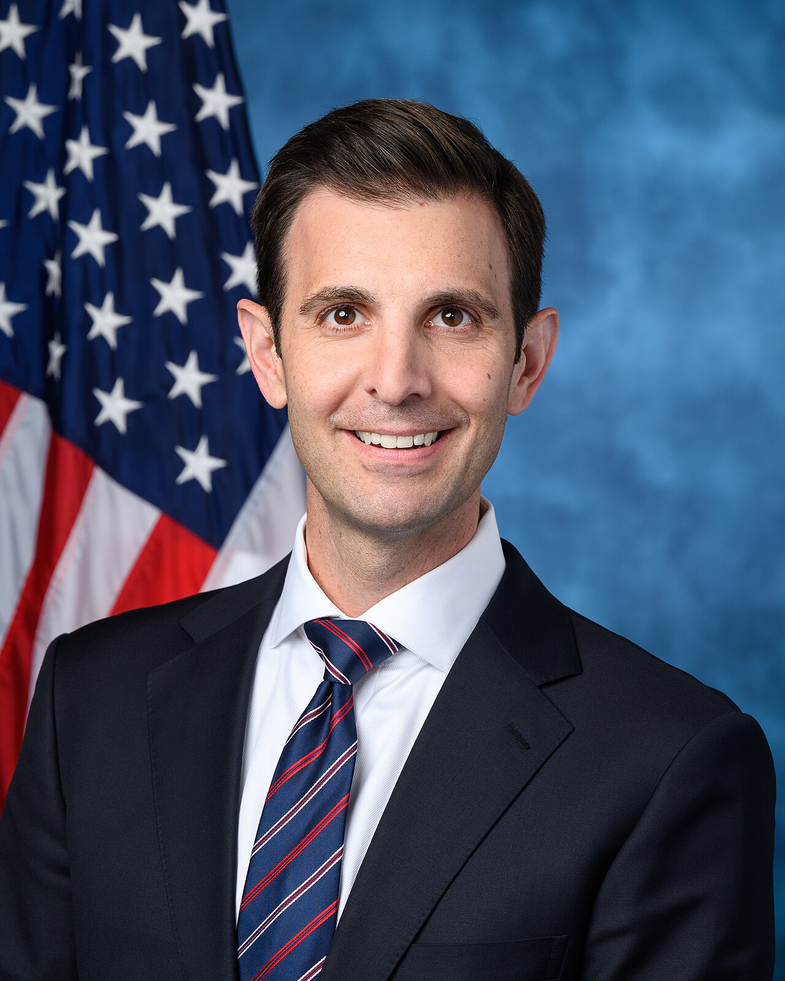
Co-Sponsor
-
TrackMaxine Dexter
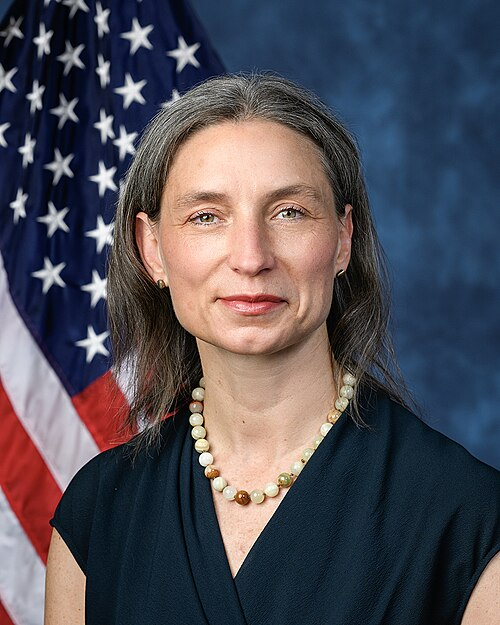
Co-Sponsor
-
TrackDebbie Dingell
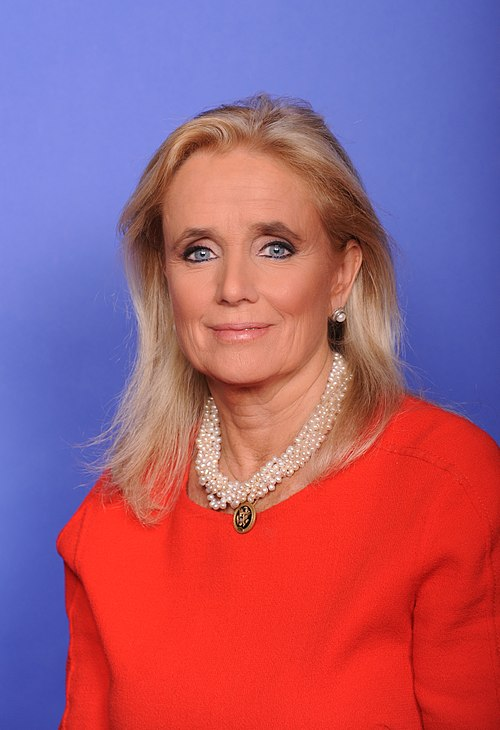
Co-Sponsor
-
TrackLloyd Doggett

Co-Sponsor
-
TrackSarah Elfreth
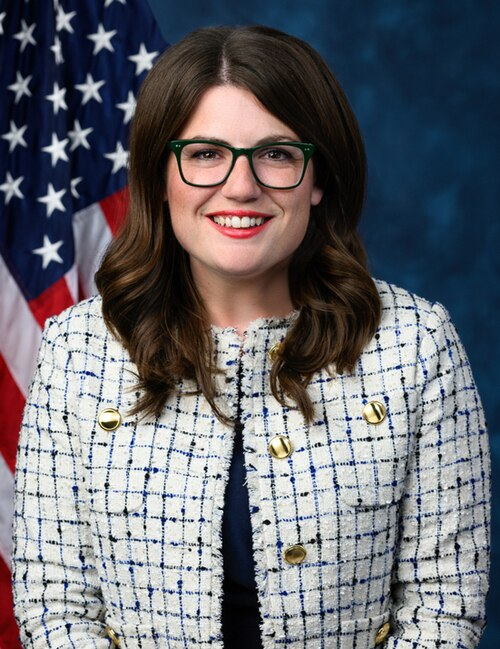
Co-Sponsor
-
TrackVeronica Escobar
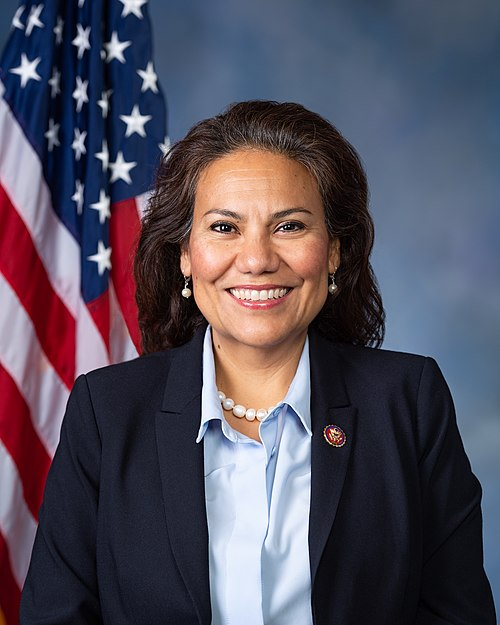
Co-Sponsor
-
TrackAdriano Espaillat
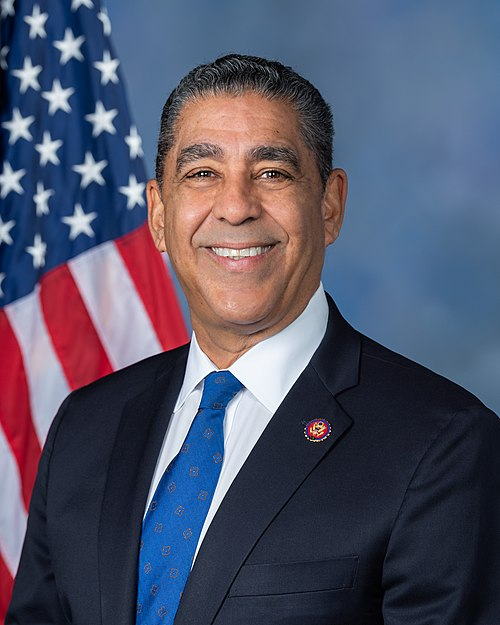
Co-Sponsor
-
TrackDwight Evans

Co-Sponsor
-
TrackCleo Fields

Co-Sponsor
-
TrackShomari Figures
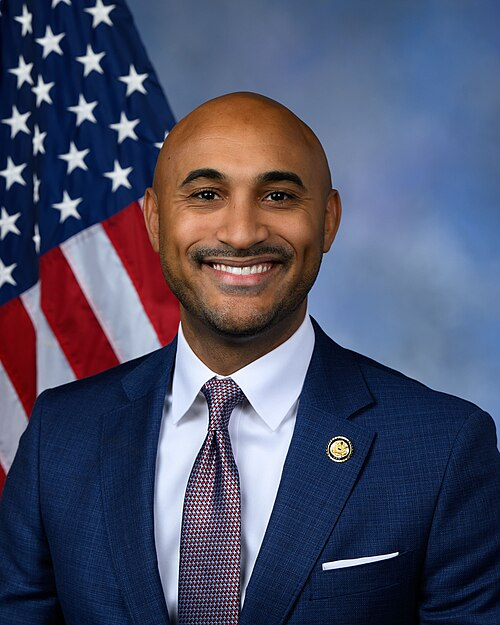
Co-Sponsor
-
TrackLizzie Fletcher

Co-Sponsor
-
TrackBill Foster
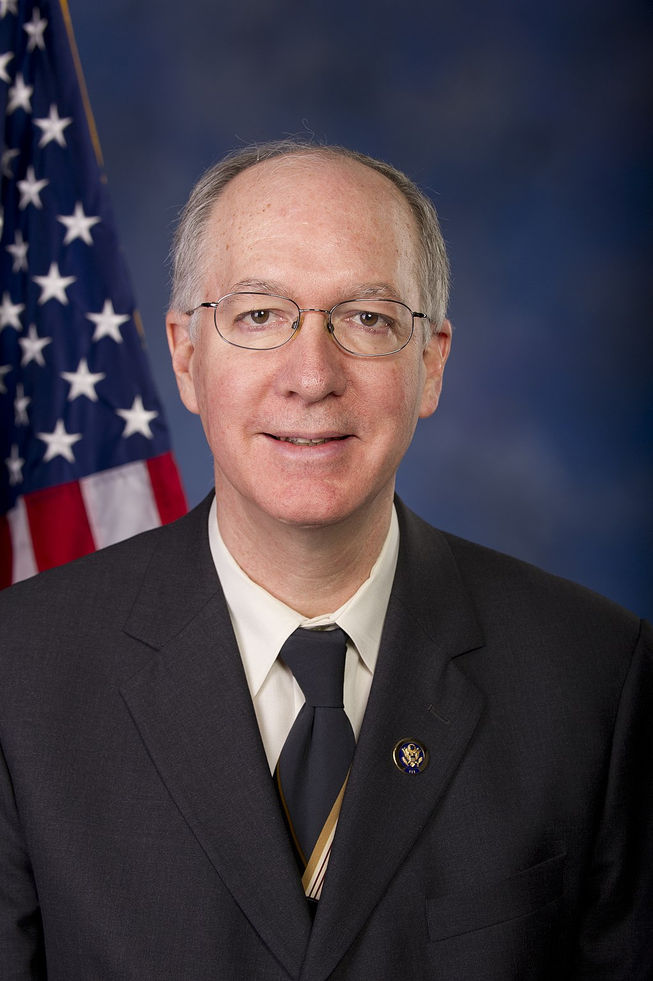
Co-Sponsor
-
TrackValerie P. Foushee
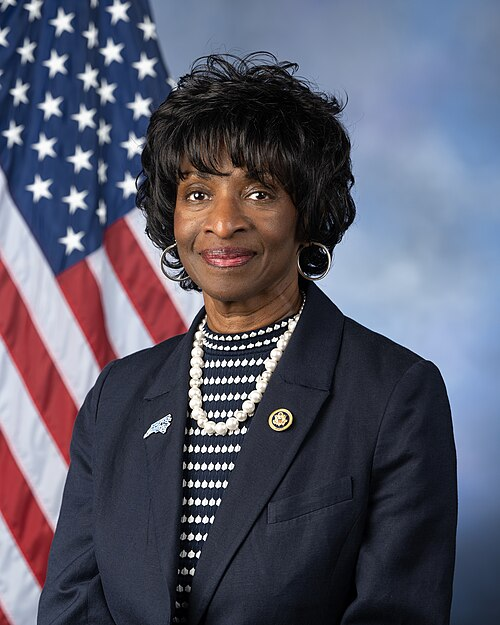
Co-Sponsor
-
TrackLois Frankel
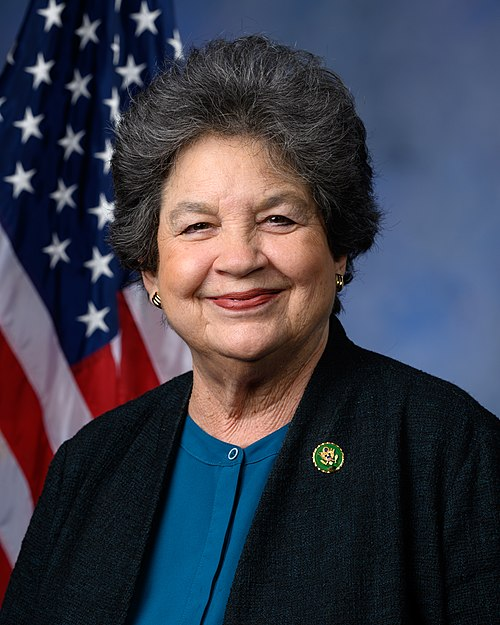
Co-Sponsor
-
TrackLaura Friedman
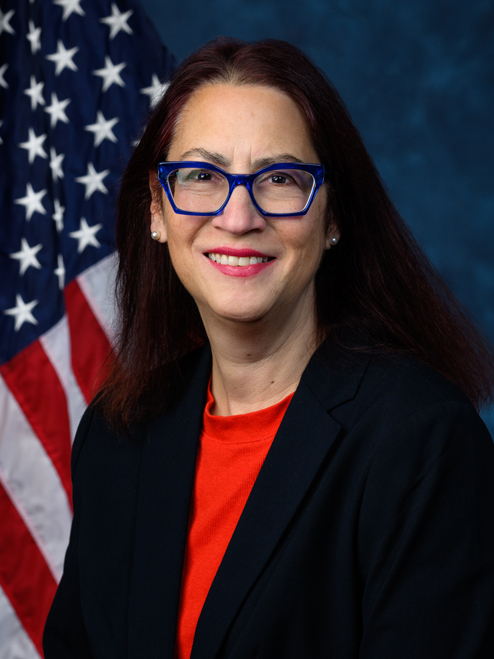
Co-Sponsor
-
TrackMaxwell Frost
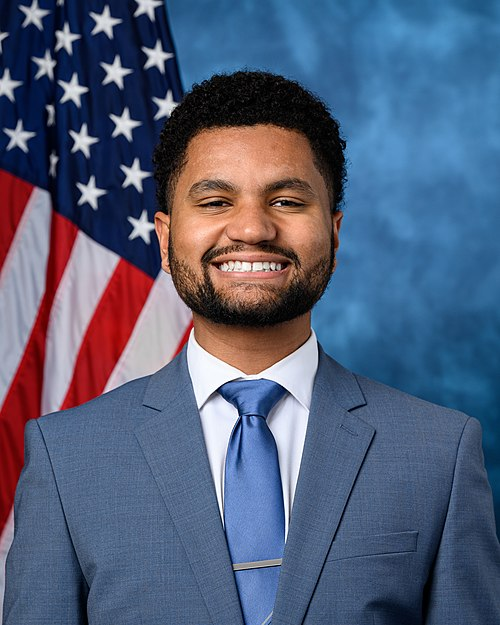
Co-Sponsor
-
TrackJohn Garamendi

Co-Sponsor
-
TrackRobert Garcia
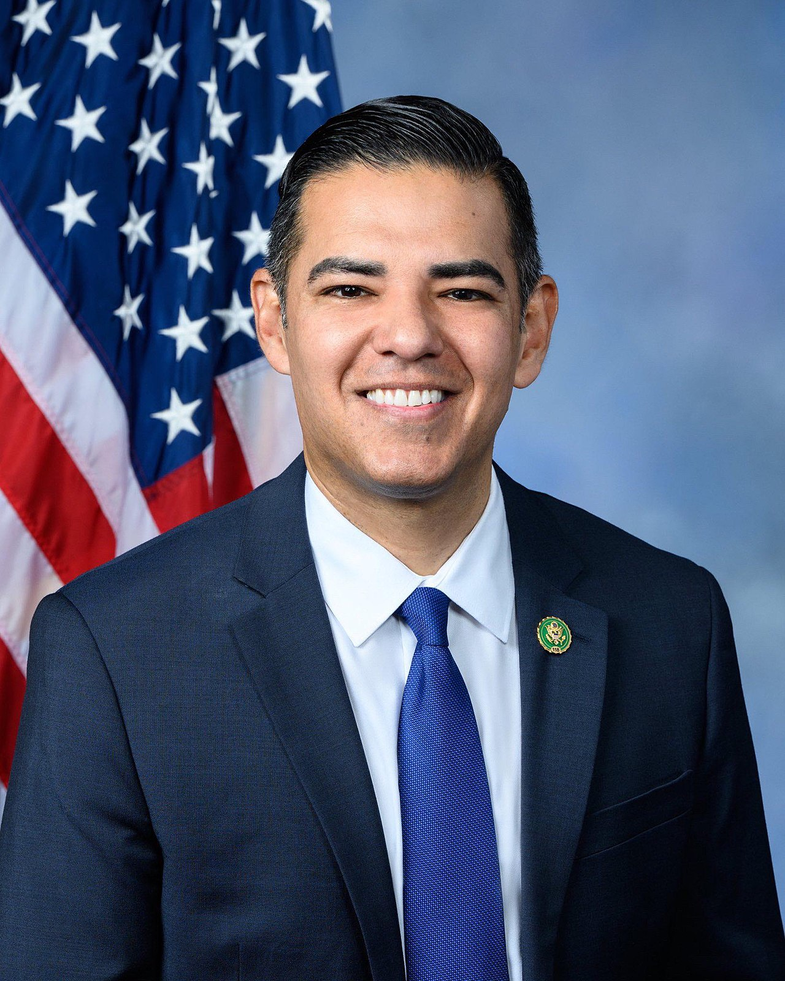
Co-Sponsor
-
TrackJesús G. "Chuy" García
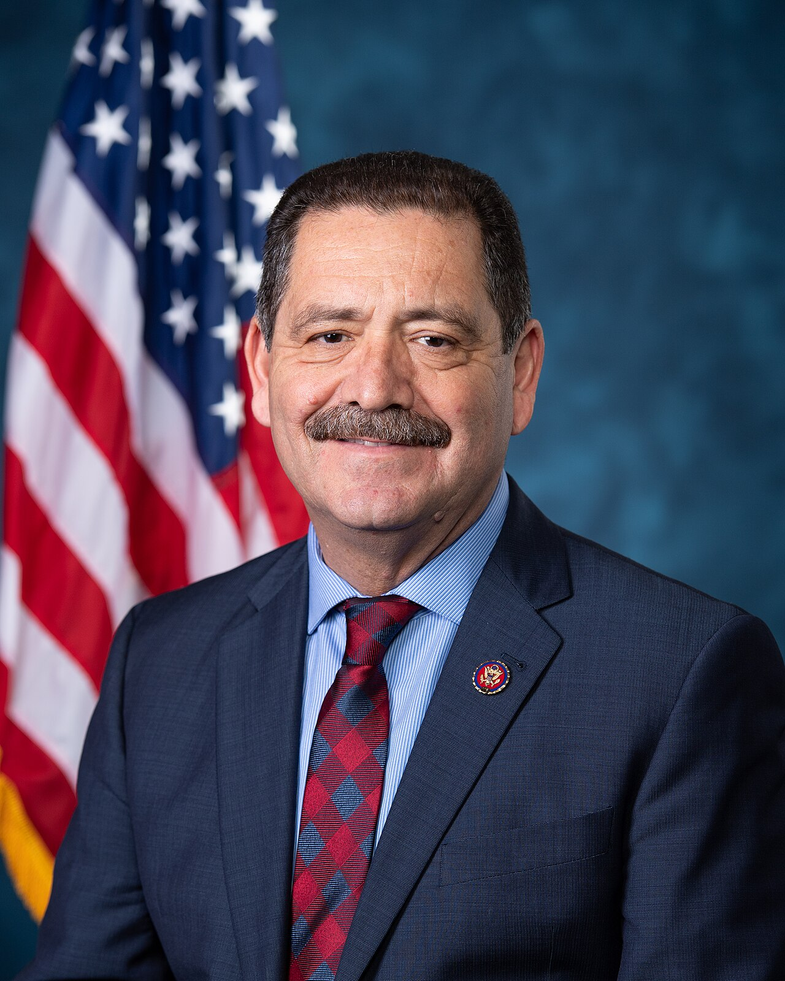
Co-Sponsor
-
TrackDaniel S. Goldman
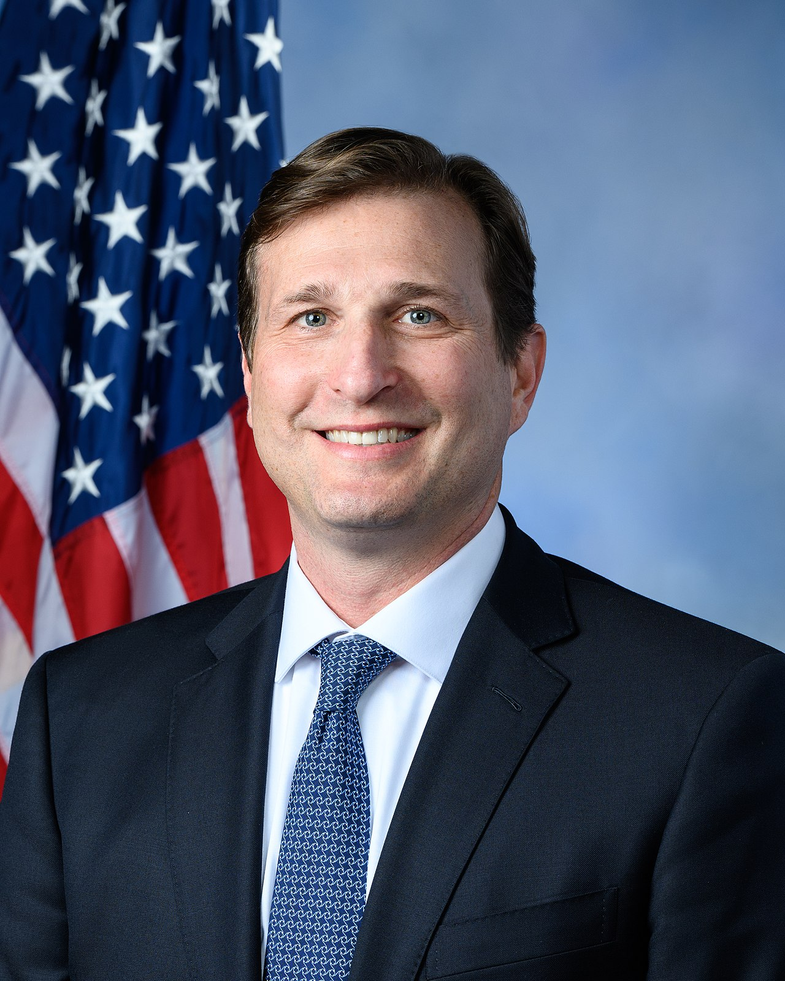
Co-Sponsor
-
TrackJimmy Gomez
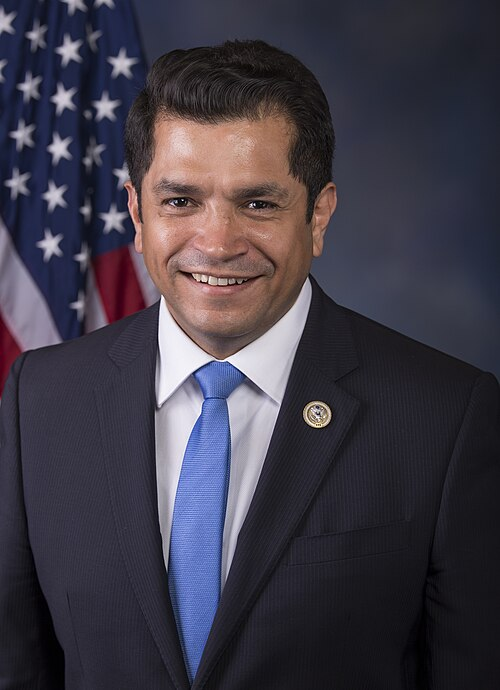
Co-Sponsor
-
TrackVicente Gonzalez
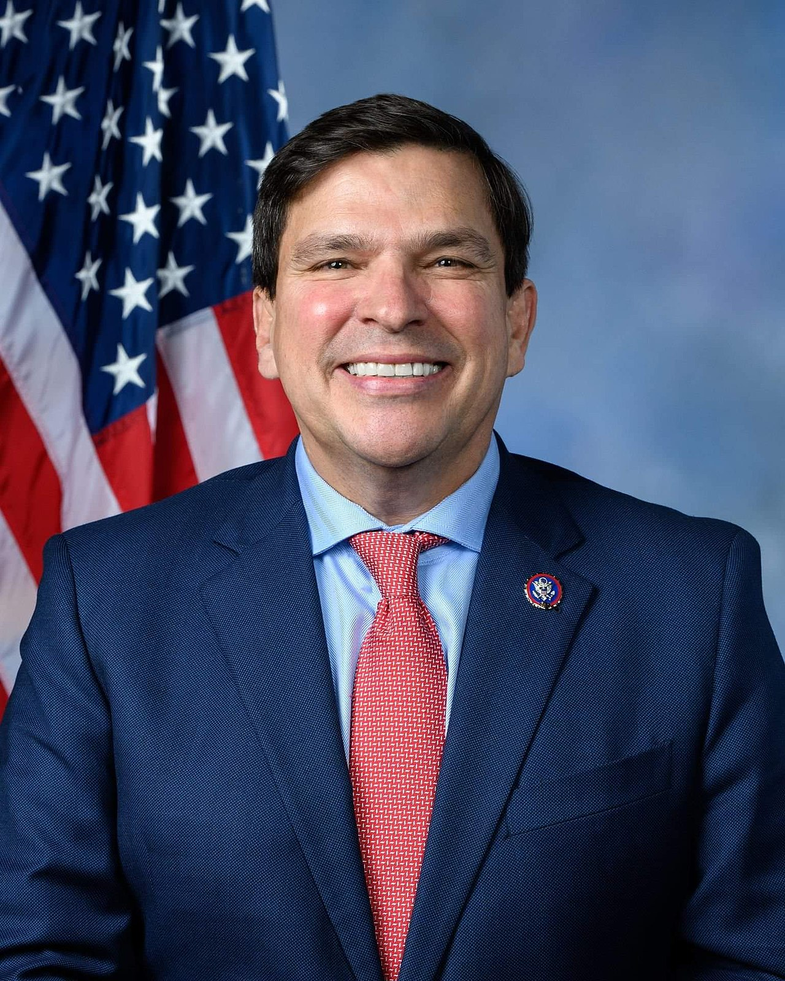
Co-Sponsor
-
TrackMaggie Goodlander

Co-Sponsor
-
TrackJosh Gottheimer

Co-Sponsor
-
TrackAdam Gray
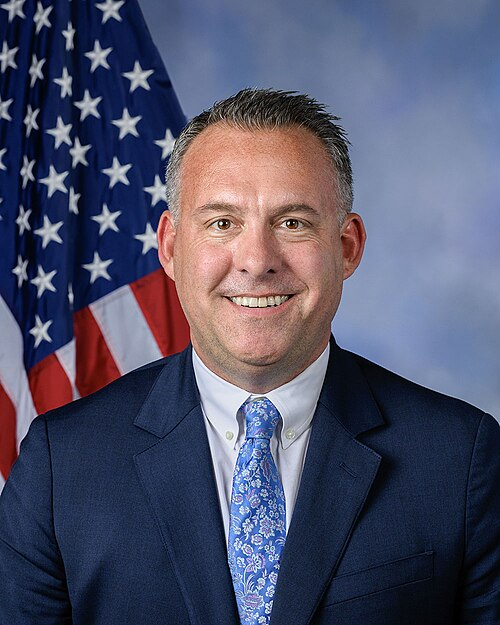
Co-Sponsor
-
TrackAl Green
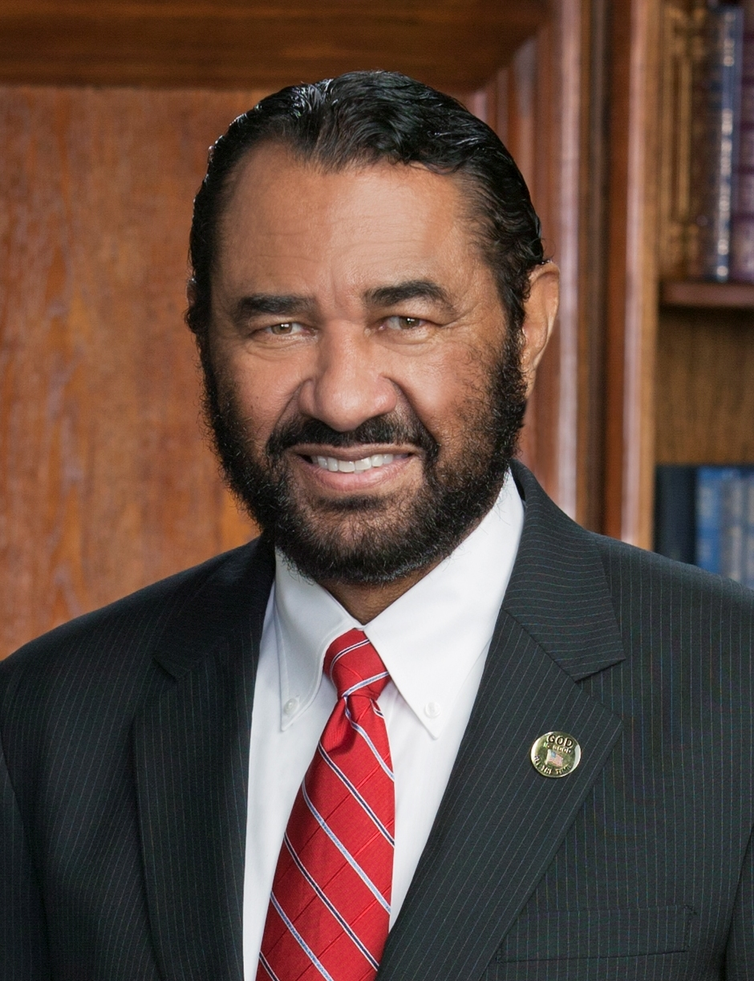
Co-Sponsor
-
TrackRaúl M. Grijalva
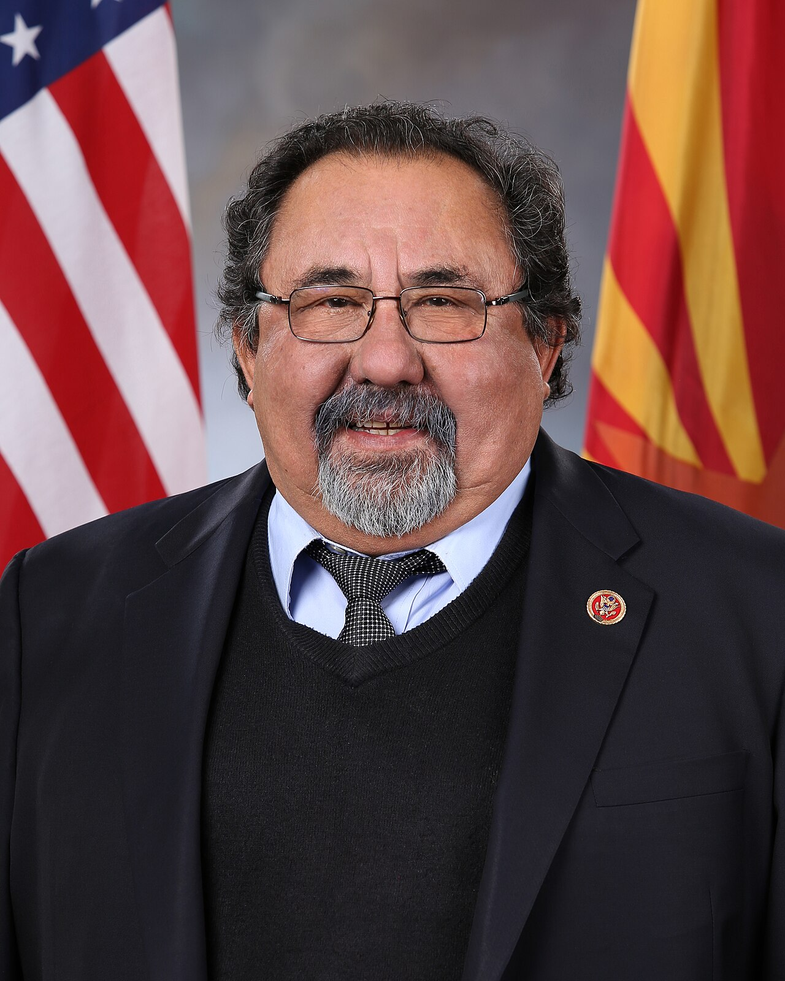
Co-Sponsor
-
TrackJosh Harder
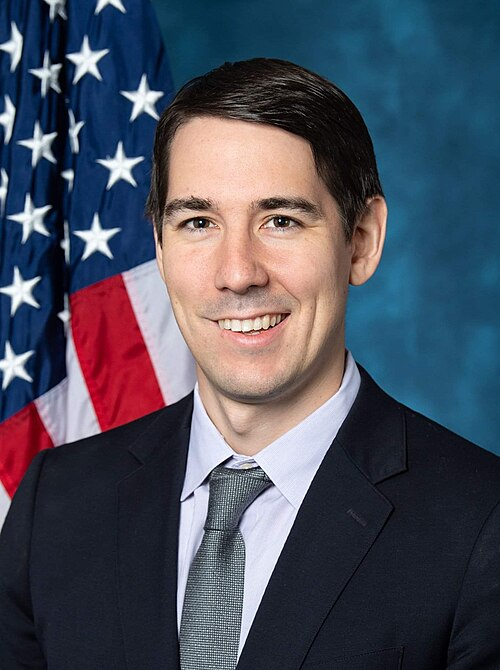
Co-Sponsor
-
TrackJahana Hayes
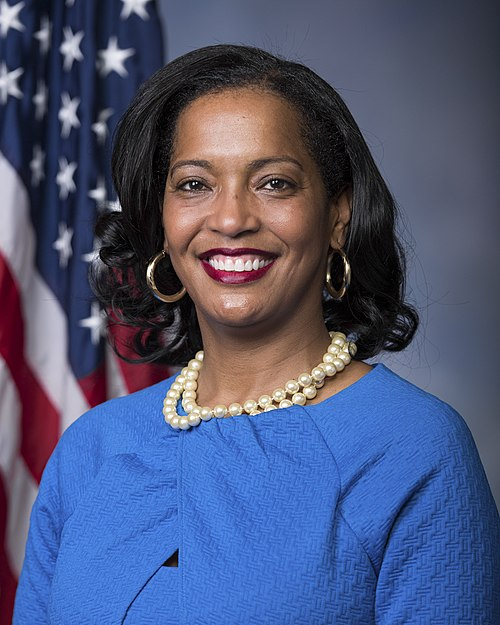
Co-Sponsor
-
TrackPablo Hernández
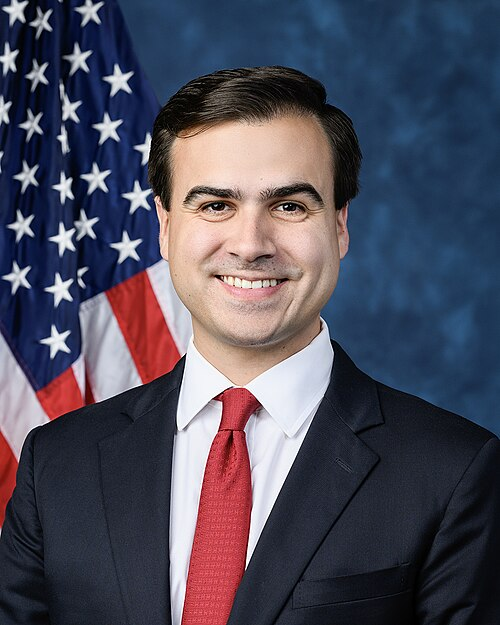
Co-Sponsor
-
TrackJames A. Himes
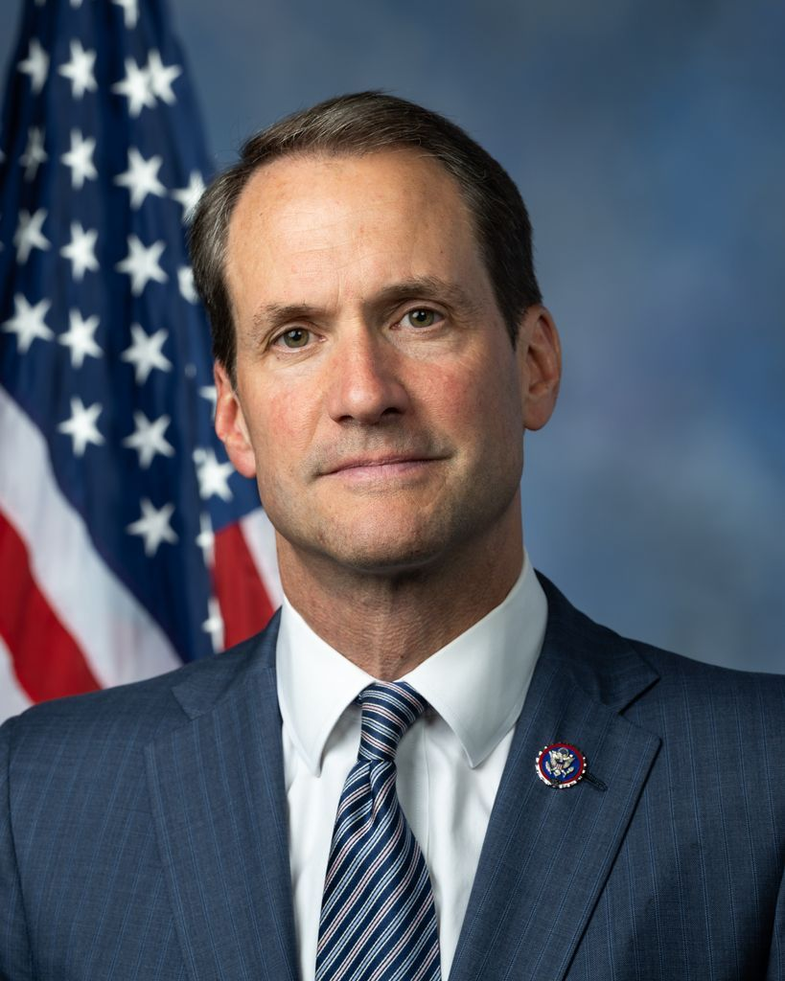
Co-Sponsor
-
TrackSteven Horsford
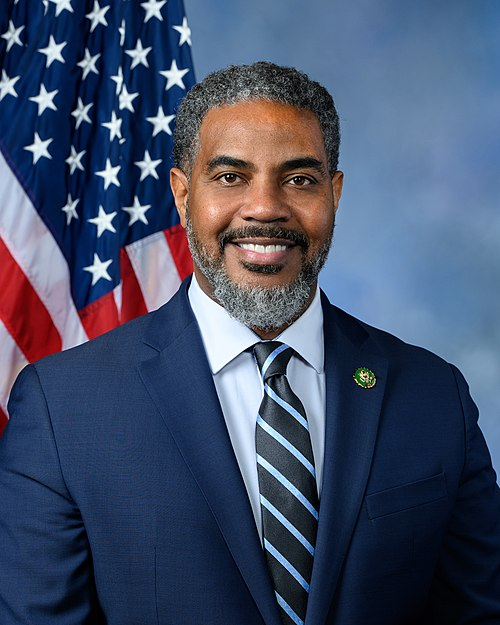
Co-Sponsor
-
TrackChrissy Houlahan
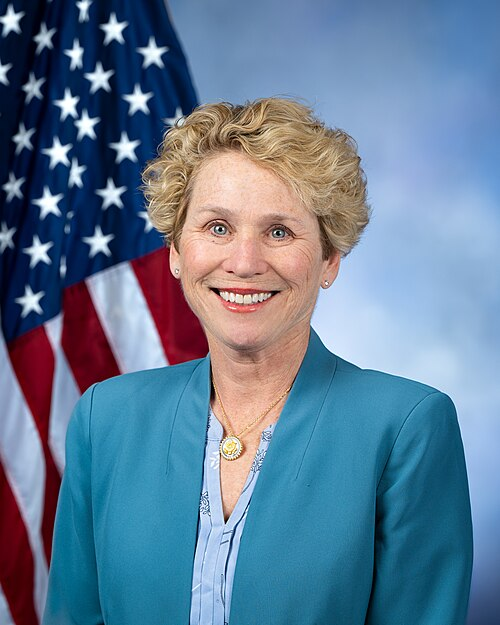
Co-Sponsor
-
TrackSteny H. Hoyer
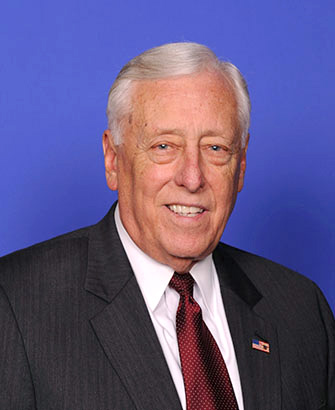
Co-Sponsor
-
TrackVal T. Hoyle

Co-Sponsor
-
TrackJared Huffman
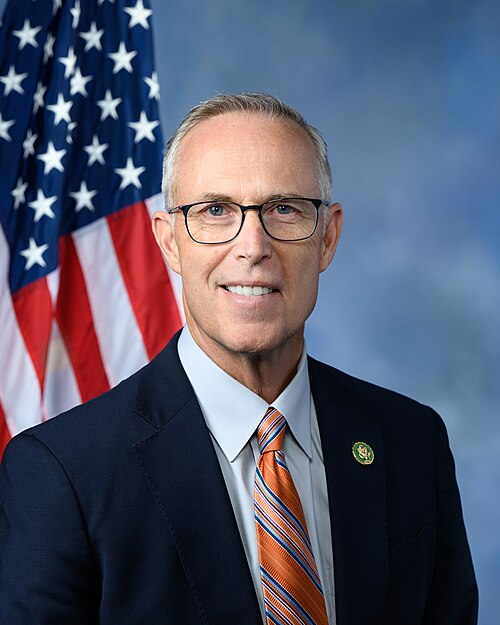
Co-Sponsor
-
TrackGlenn Ivey
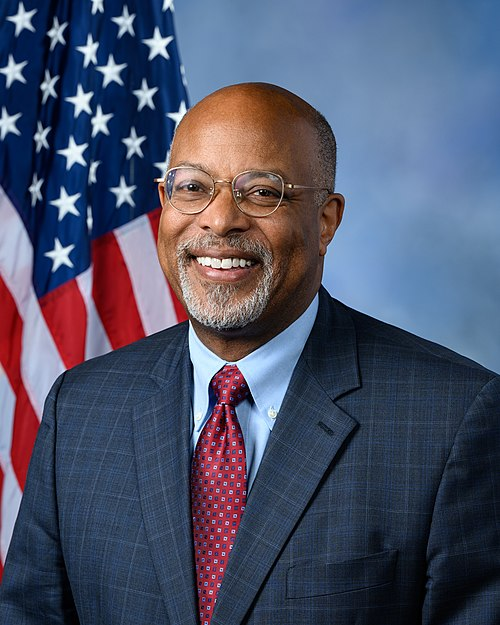
Co-Sponsor
-
TrackJonathan L. Jackson

Co-Sponsor
-
TrackSara Jacobs
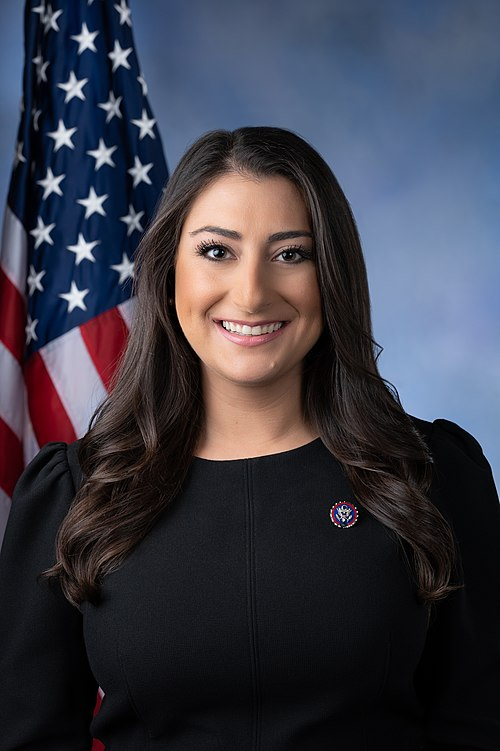
Co-Sponsor
-
TrackPramila Jayapal

Co-Sponsor
-
TrackHakeem S. Jeffries
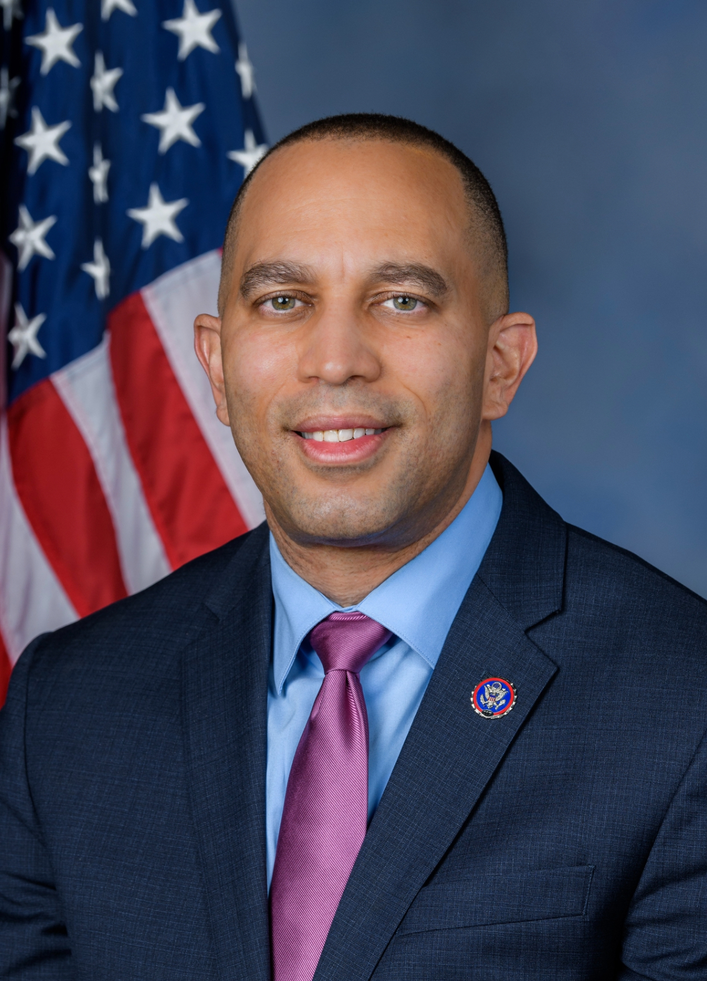
Co-Sponsor
-
TrackJulie Johnson

Co-Sponsor
-
TrackHenry C. "Hank" Johnson, Jr.

Co-Sponsor
-
TrackSydney Kamlager-Dove
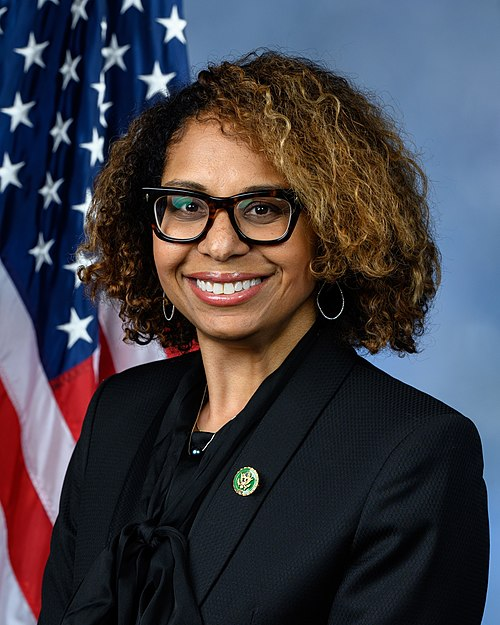
Co-Sponsor
-
TrackWilliam R. Keating

Co-Sponsor
-
TrackRobin L. Kelly

Co-Sponsor
-
TrackTimothy M. Kennedy
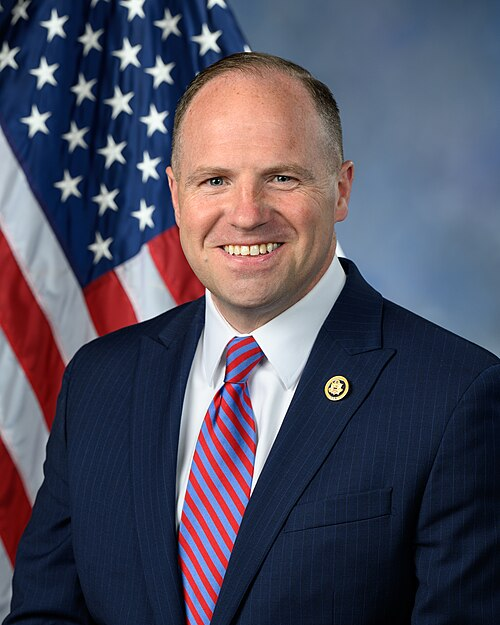
Co-Sponsor
-
TrackRo Khanna

Co-Sponsor
-
TrackRaja Krishnamoorthi
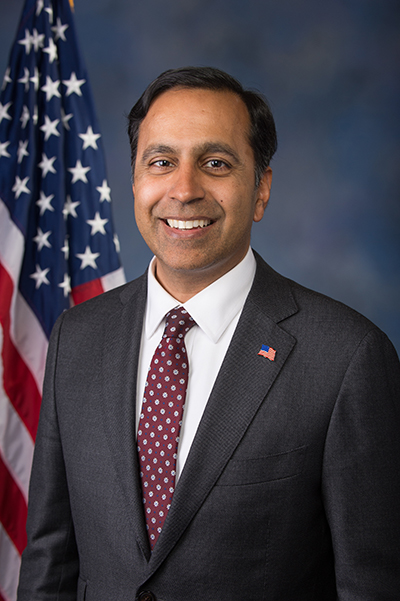
Co-Sponsor
-
TrackGreg Landsman

Co-Sponsor
-
TrackRick Larsen

Co-Sponsor
-
TrackJohn B. Larson
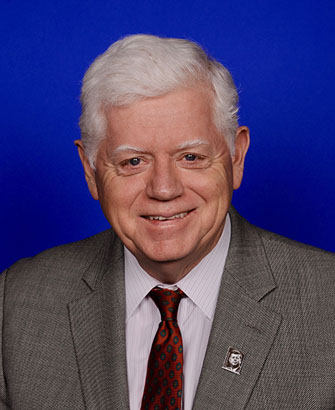
Co-Sponsor
-
TrackGeorge Latimer
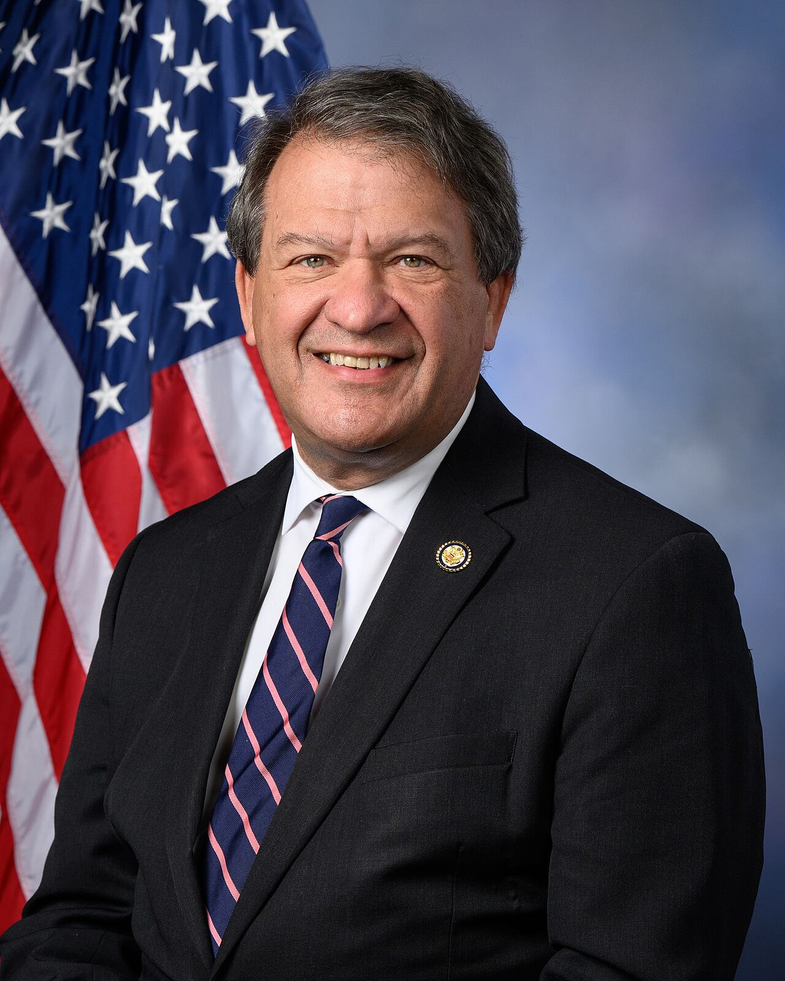
Co-Sponsor
-
TrackSummer L. Lee
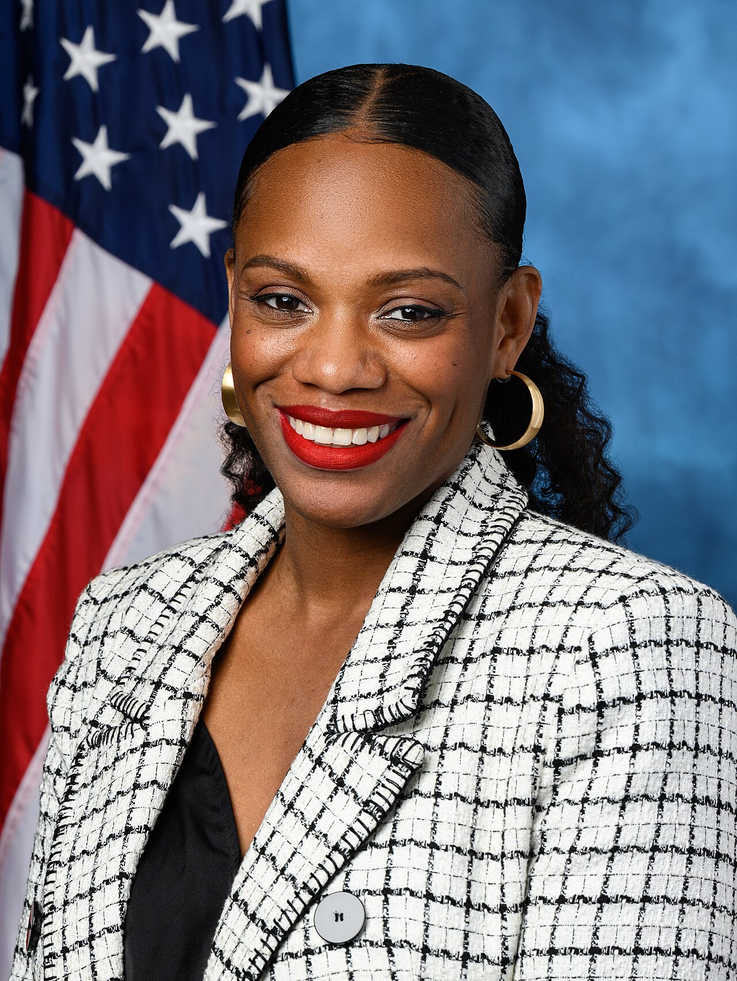
Co-Sponsor
-
TrackSusie Lee
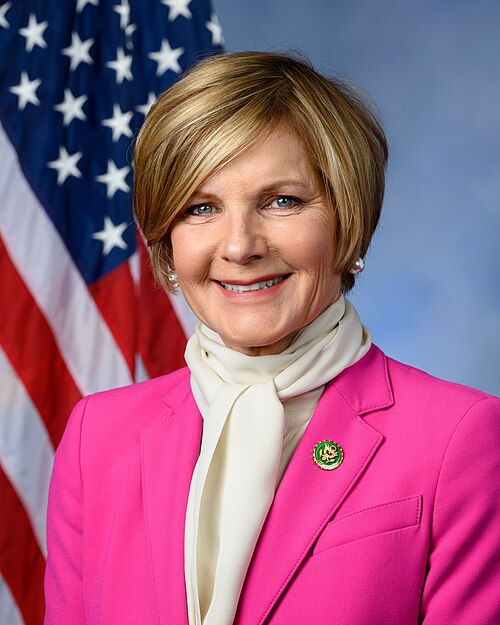
Co-Sponsor
-
TrackTeresa Leger Fernandez
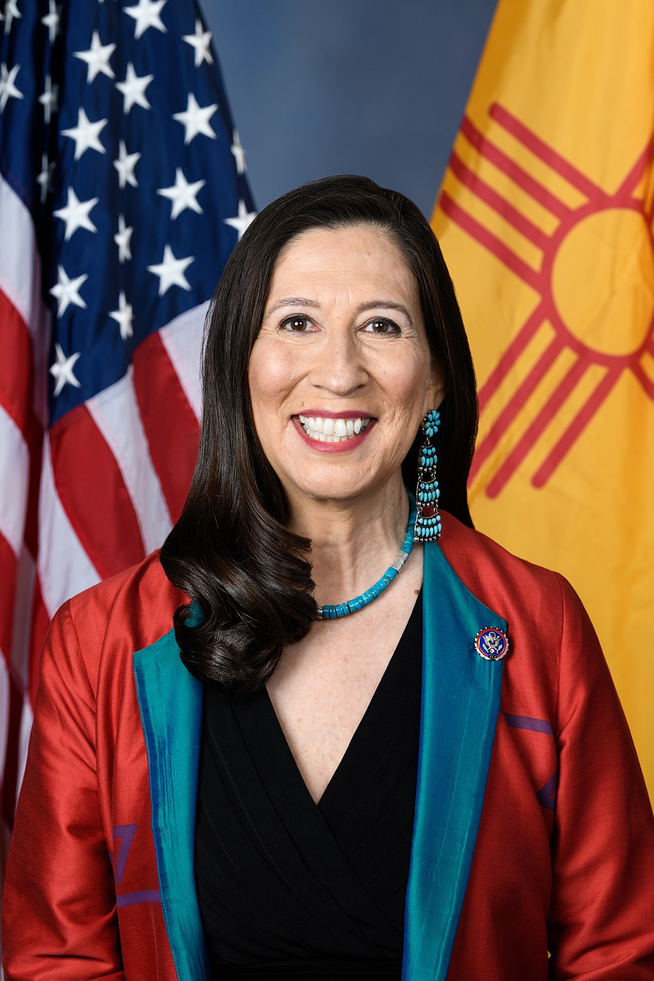
Co-Sponsor
-
TrackMike Levin
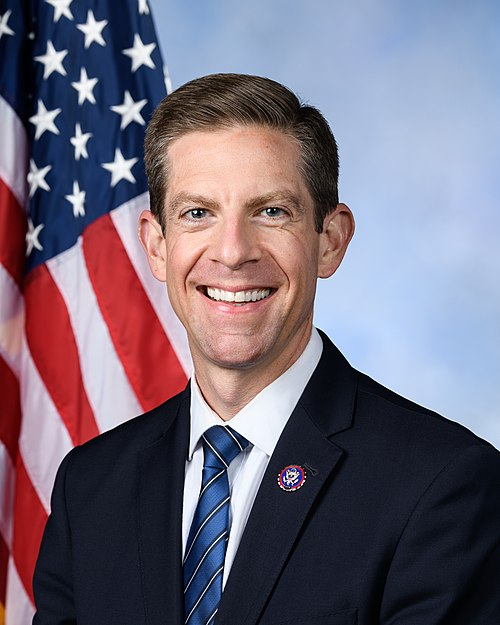
Co-Sponsor
-
TrackSam Liccardo
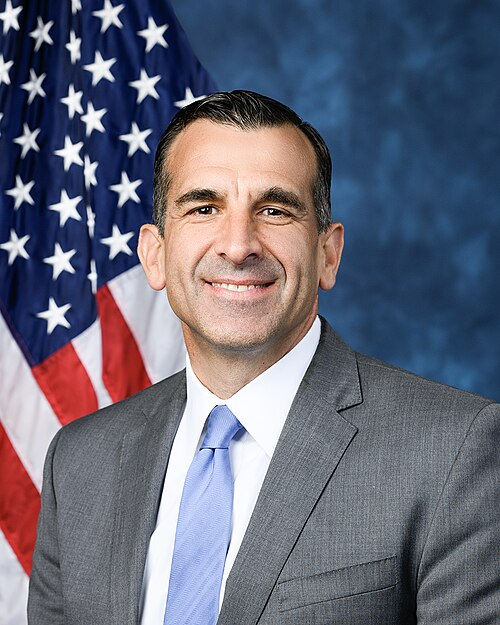
Co-Sponsor
-
TrackTed Lieu
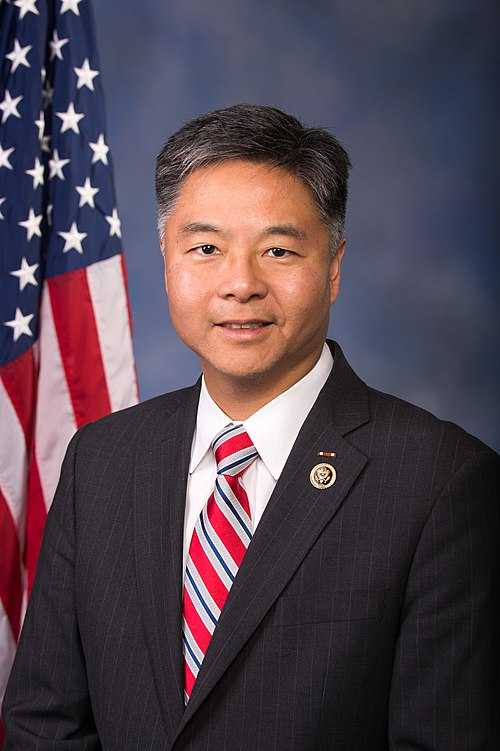
Co-Sponsor
-
TrackZoe Lofgren
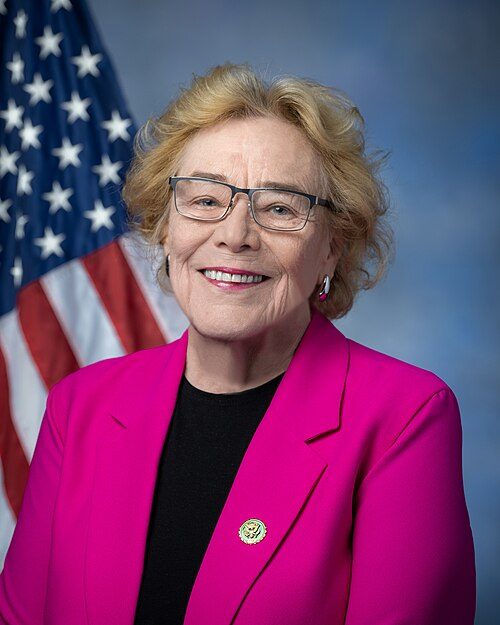
Co-Sponsor
-
TrackStephen F. Lynch
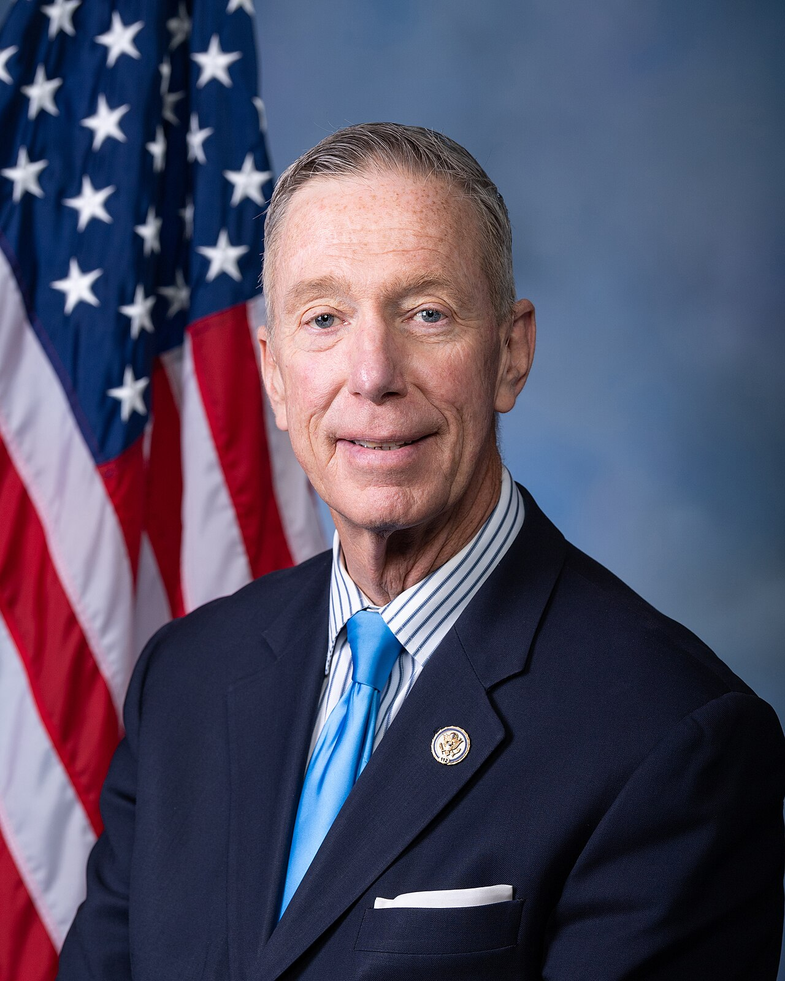
Co-Sponsor
-
TrackSeth Magaziner
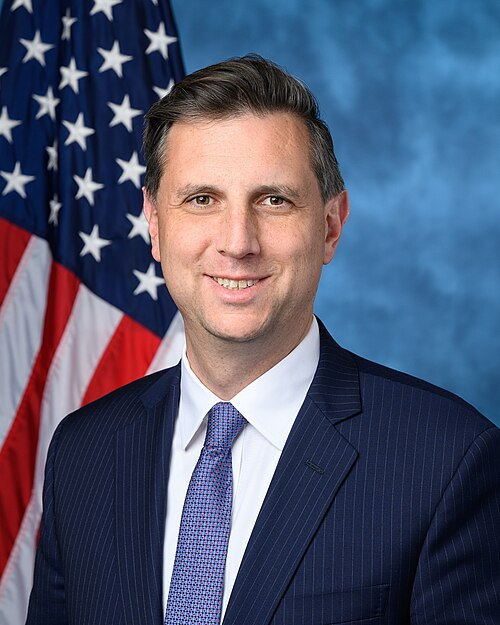
Co-Sponsor
-
TrackJohn Mannion
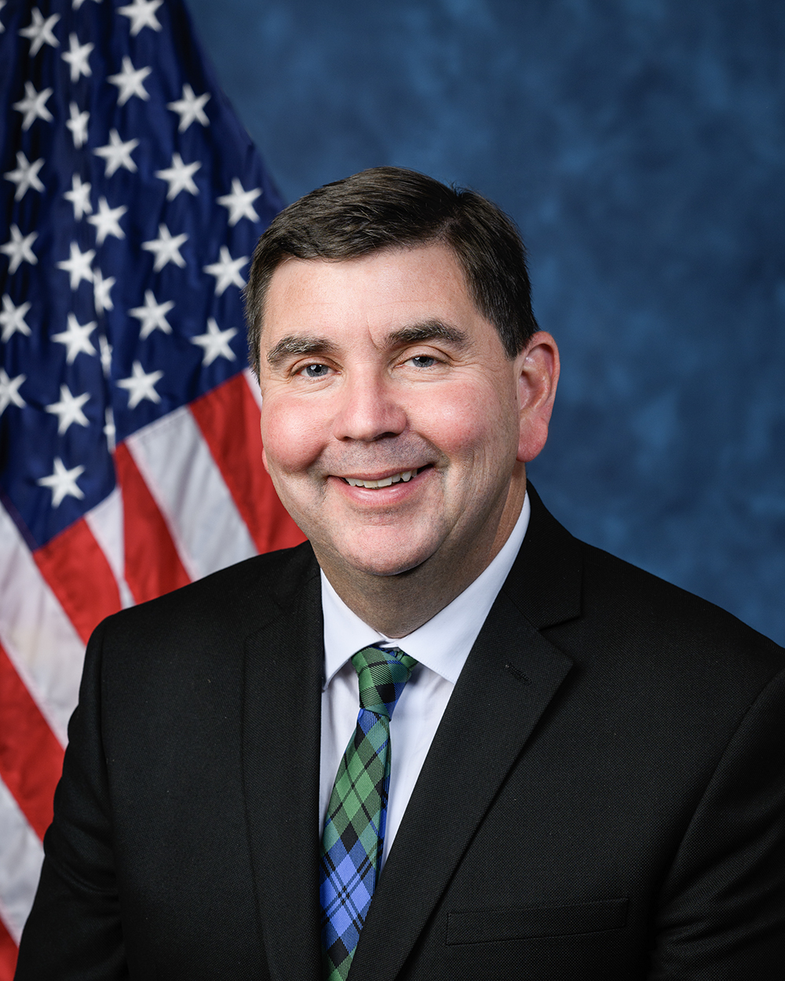
Co-Sponsor
-
TrackDoris O. Matsui

Co-Sponsor
-
TrackLucy McBath
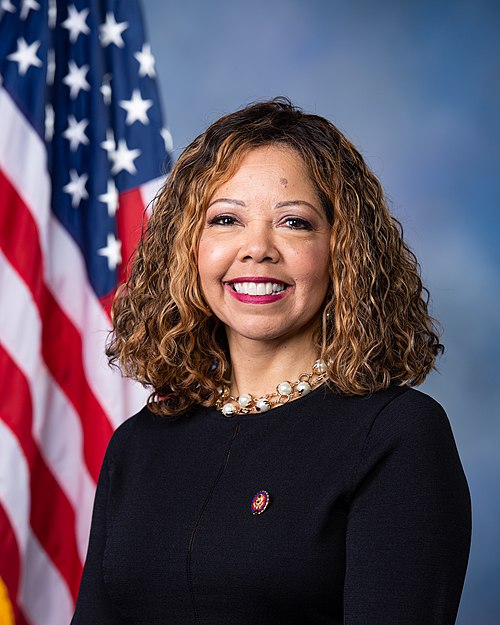
Co-Sponsor
-
TrackSarah McBride
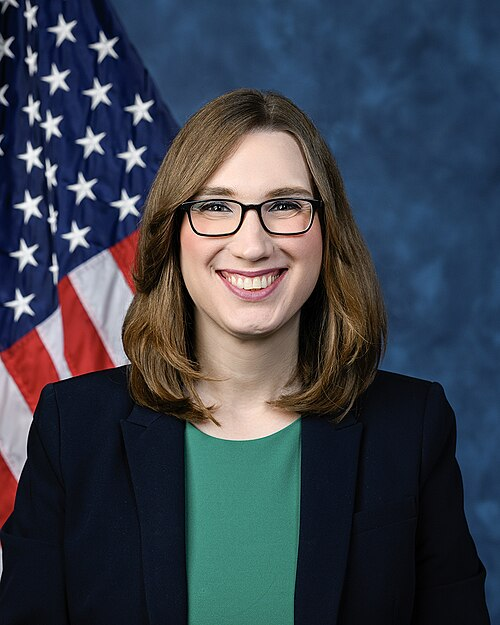
Co-Sponsor
-
TrackApril McClain Delaney
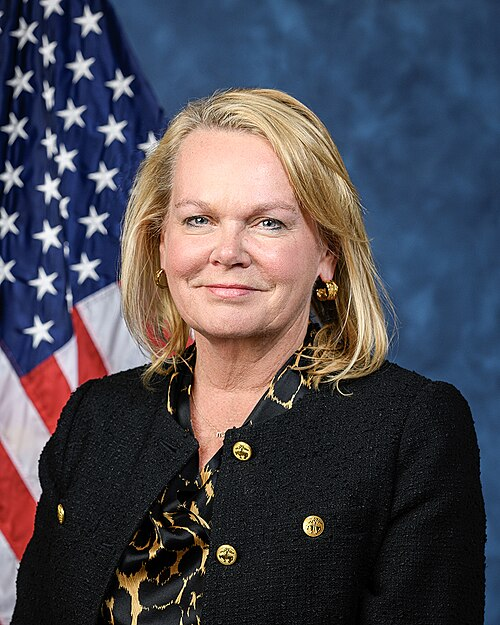
Co-Sponsor
-
TrackJennifer L. McClellan
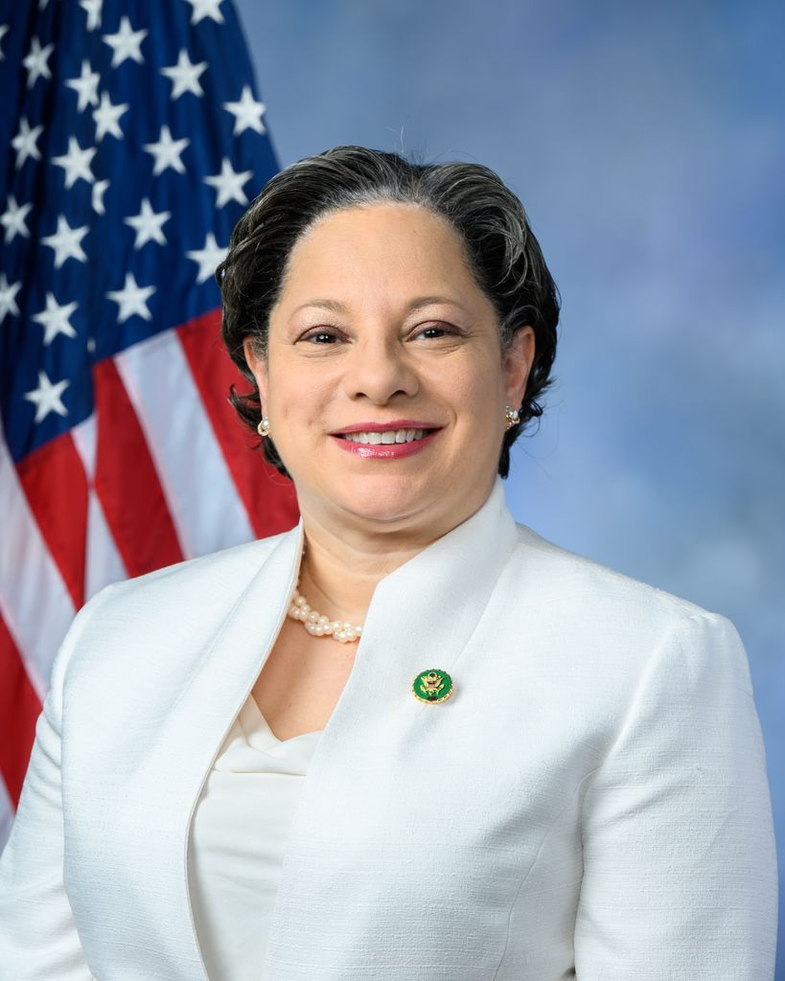
Co-Sponsor
-
TrackBetty McCollum
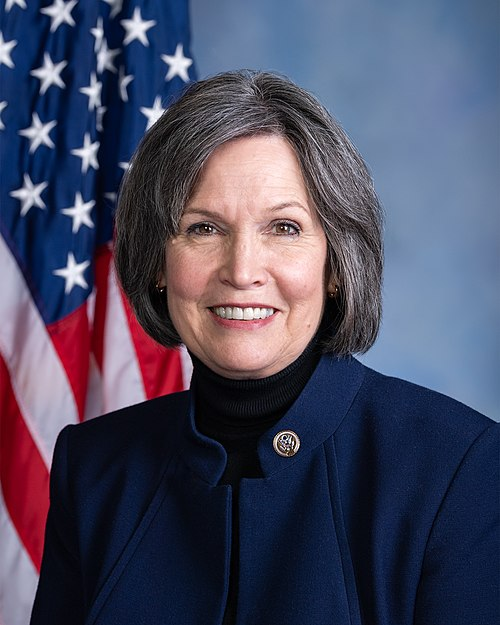
Co-Sponsor
-
TrackKristen McDonald Rivet

Co-Sponsor
-
TrackMorgan McGarvey
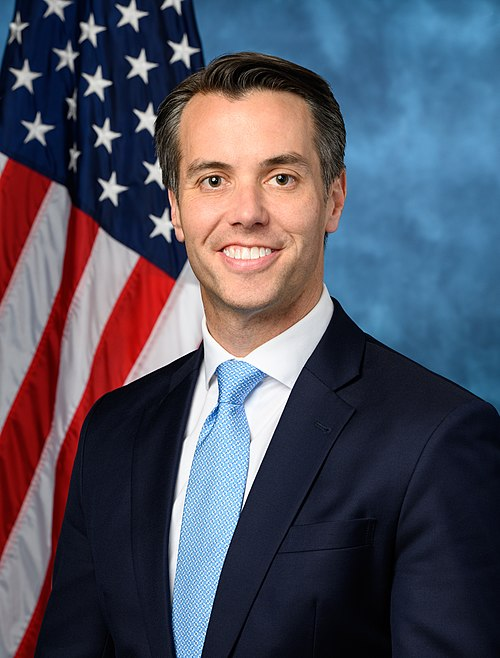
Co-Sponsor
-
TrackJames P. McGovern
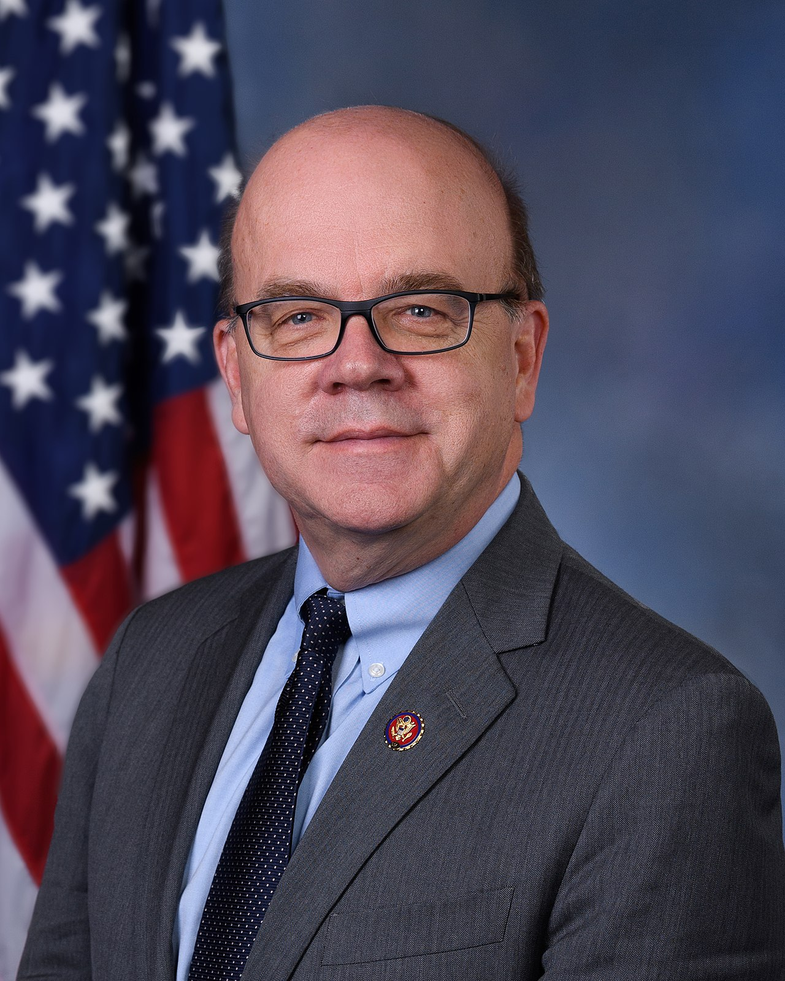
Co-Sponsor
-
TrackLaMonica McIver
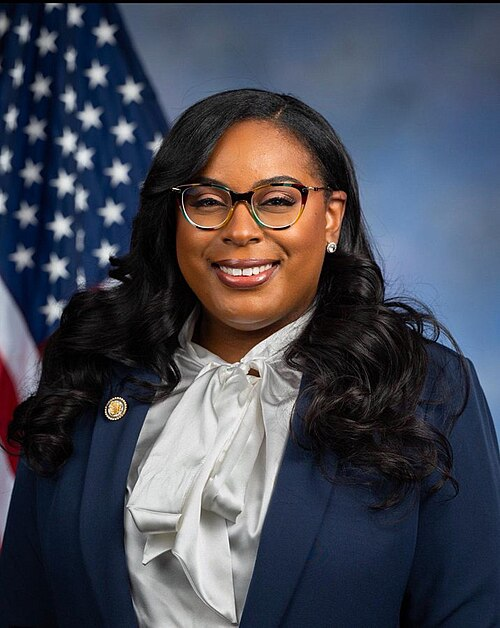
Co-Sponsor
-
TrackGregory W. Meeks
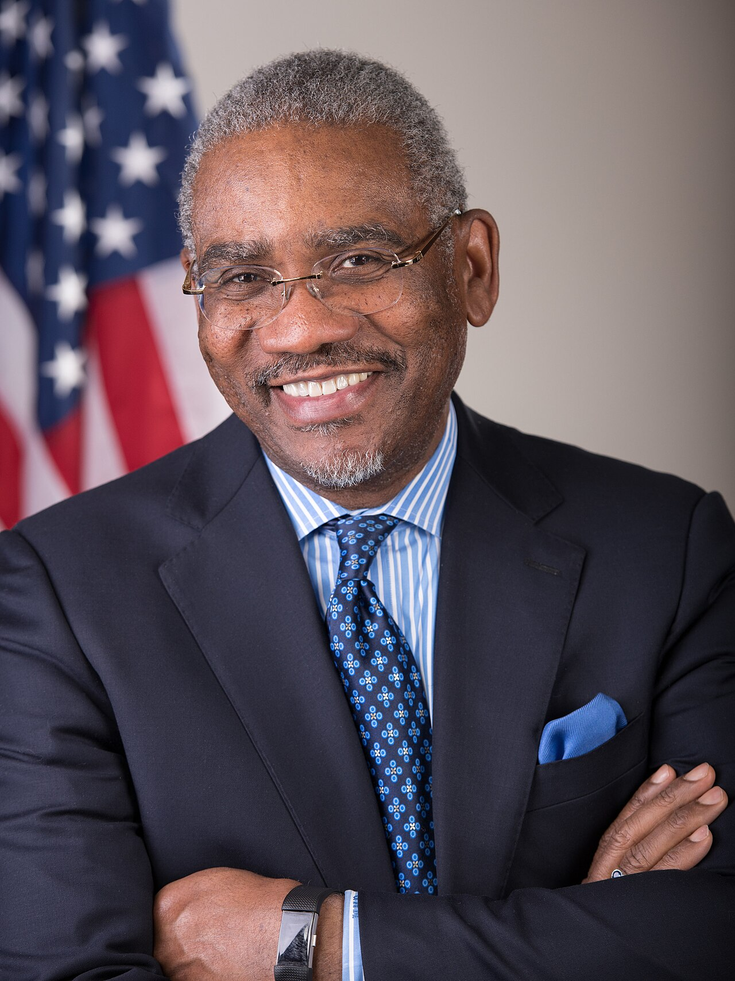
Co-Sponsor
-
TrackRobert Menendez

Co-Sponsor
-
TrackGrace Meng
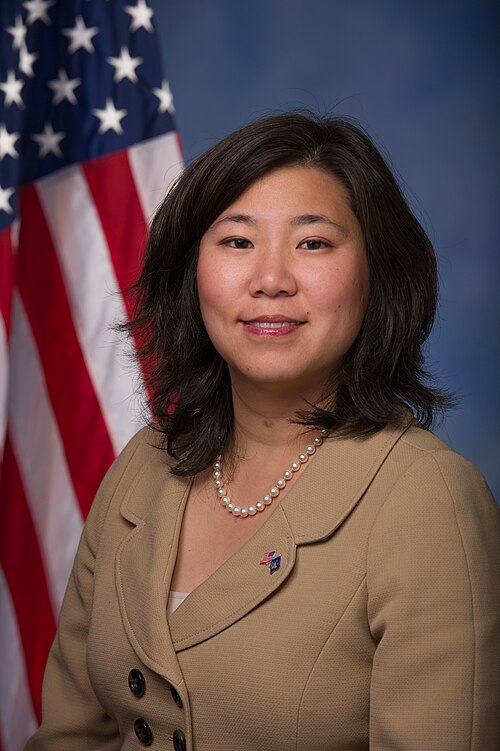
Co-Sponsor
-
TrackKweisi Mfume
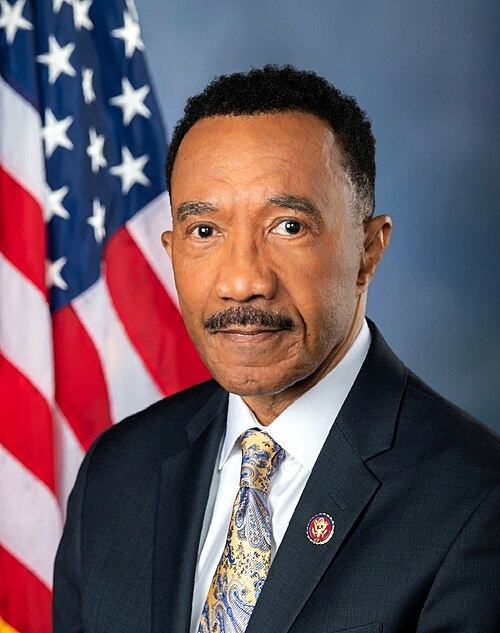
Co-Sponsor
-
TrackDave Min
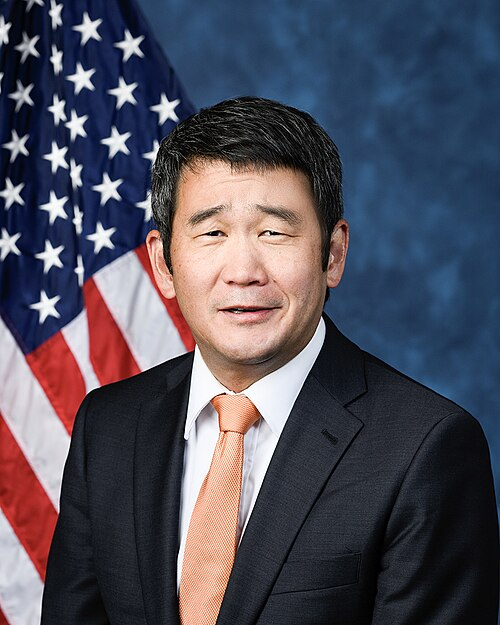
Co-Sponsor
-
TrackGwen Moore
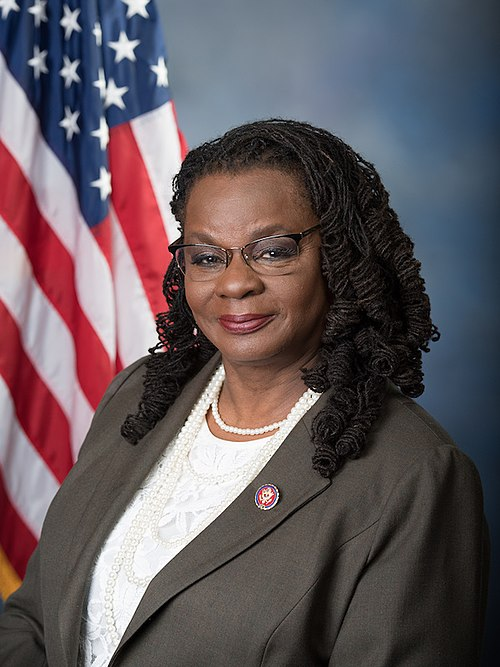
Co-Sponsor
-
TrackJoseph D. Morelle
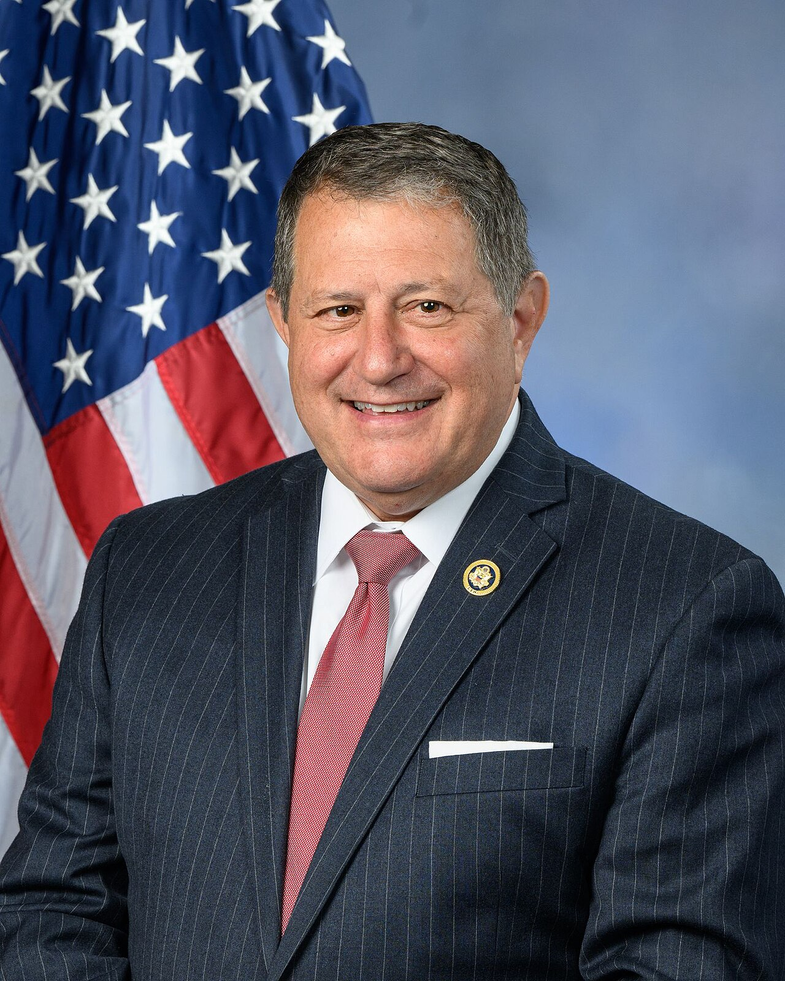
Co-Sponsor
-
TrackKelly Morrison
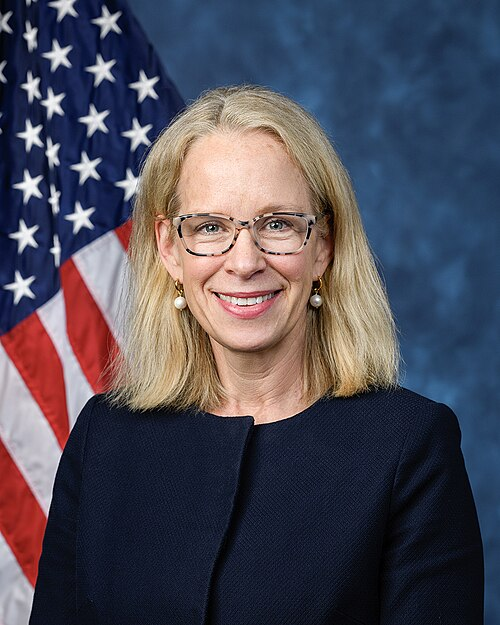
Co-Sponsor
-
TrackSeth Moulton
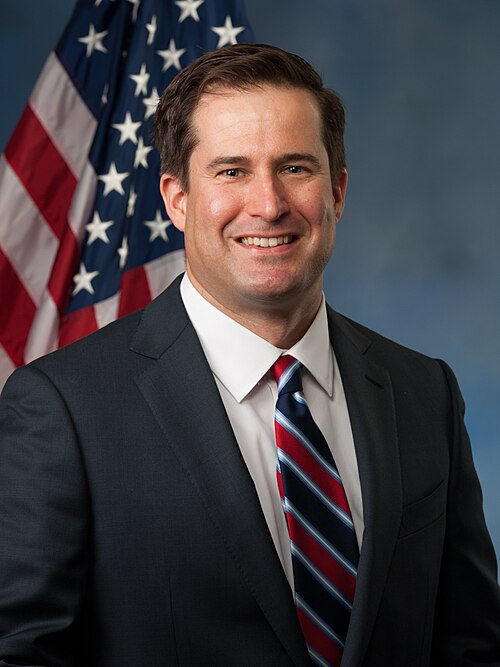
Co-Sponsor
-
TrackFrank J. Mrvan
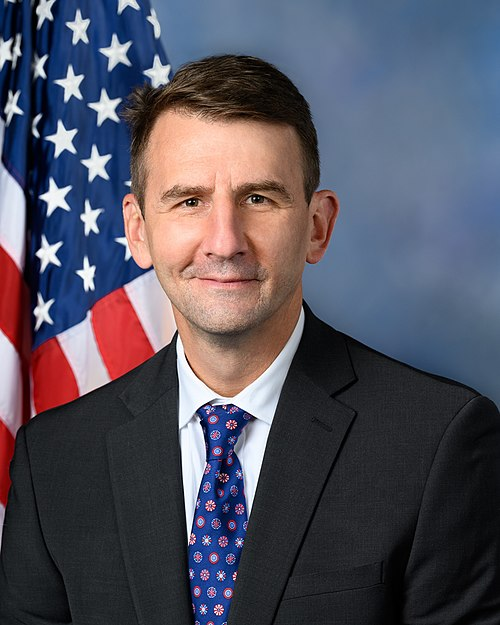
Co-Sponsor
-
TrackKevin Mullin
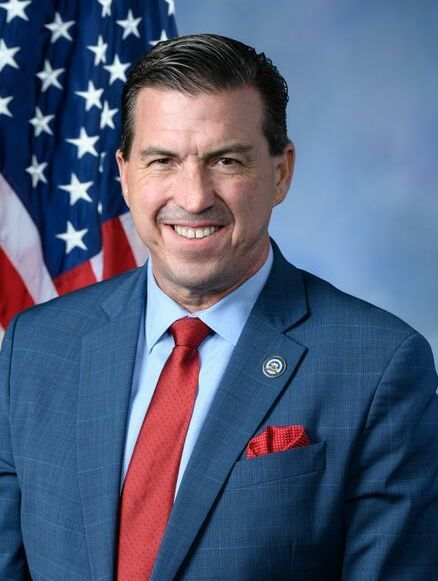
Co-Sponsor
-
TrackJerrold Nadler
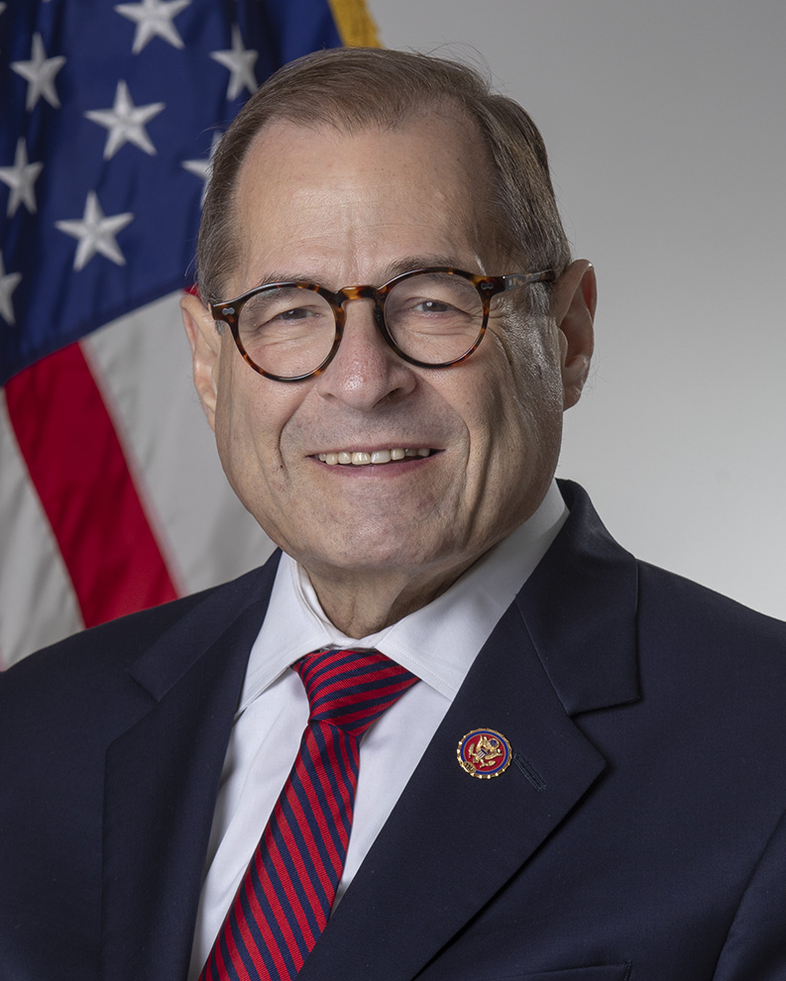
Co-Sponsor
-
TrackRichard E. Neal
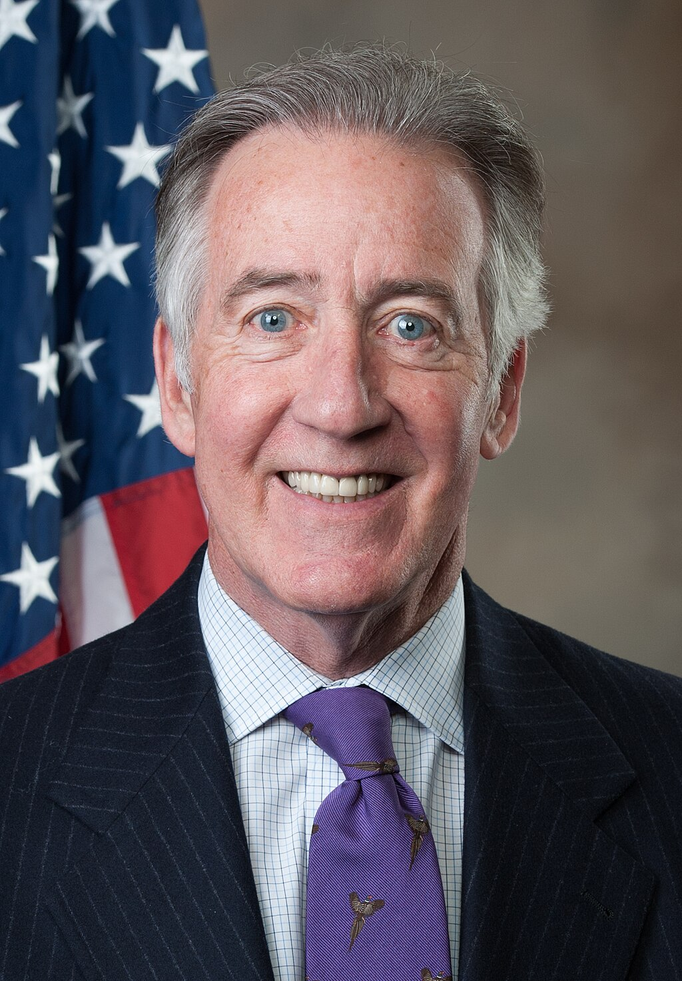
Co-Sponsor
-
TrackJoe Neguse
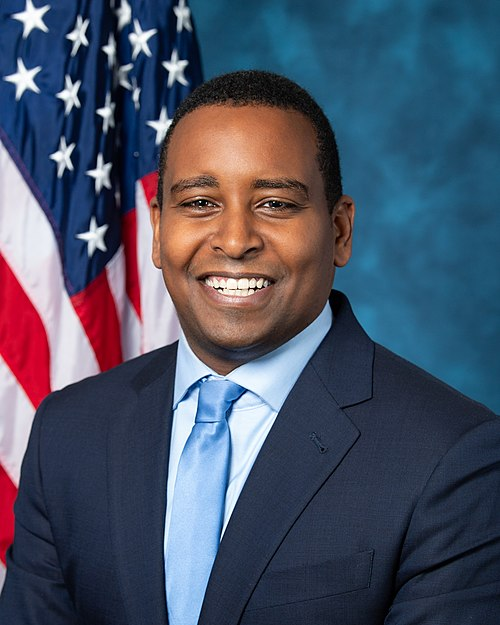
Co-Sponsor
-
TrackDonald Norcross
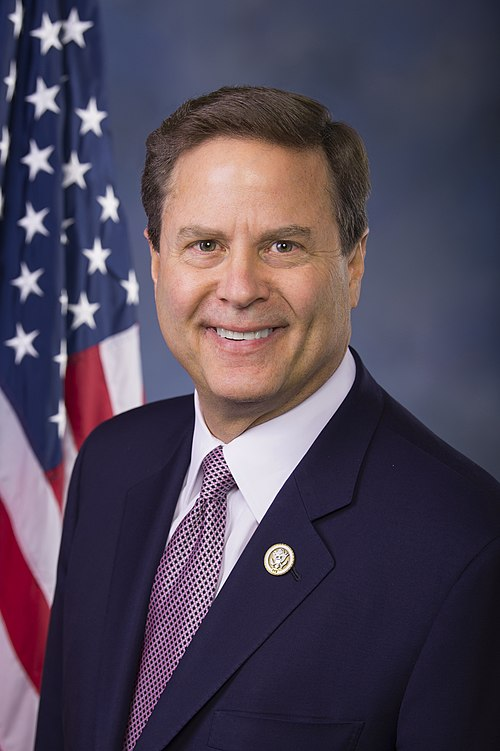
Co-Sponsor
-
TrackEleanor Holmes Norton

Co-Sponsor
-
TrackAlexandria Ocasio-Cortez

Co-Sponsor
-
TrackJohnny Olszewski
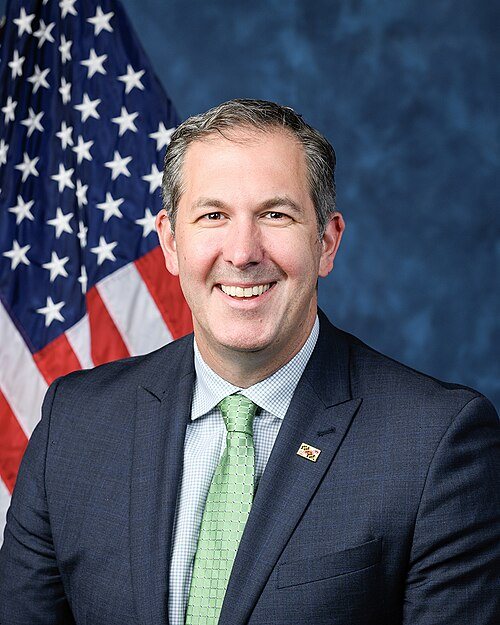
Co-Sponsor
-
TrackIlhan Omar

Co-Sponsor
-
TrackFrank Pallone, Jr.

Co-Sponsor
-
TrackJimmy Panetta
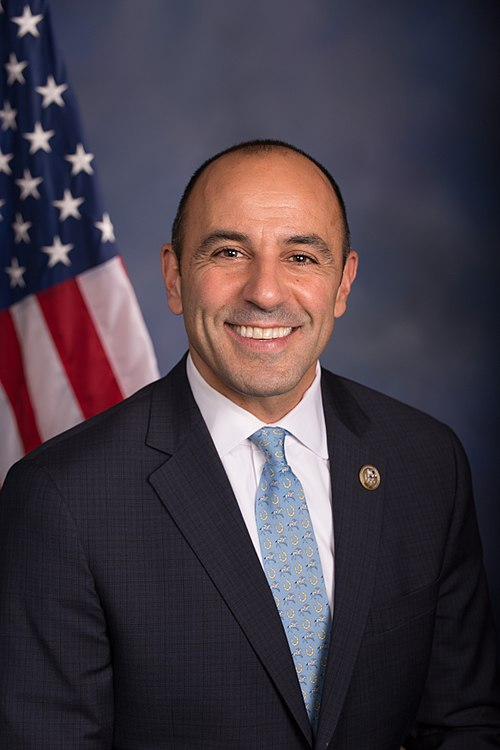
Co-Sponsor
-
TrackNancy Pelosi

Co-Sponsor
-
TrackScott H. Peters
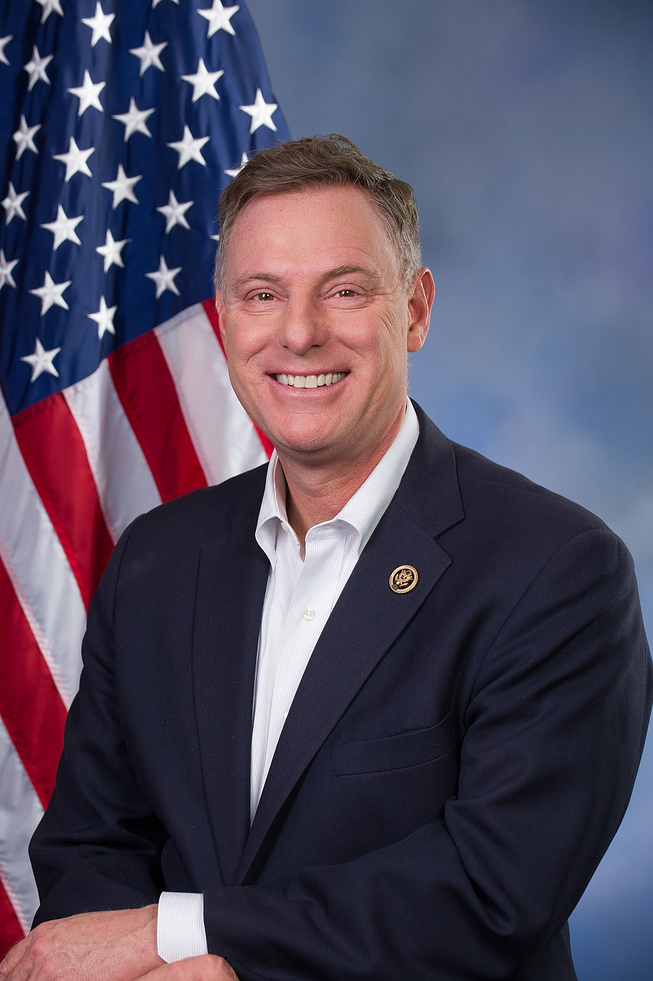
Co-Sponsor
-
TrackBrittany Pettersen
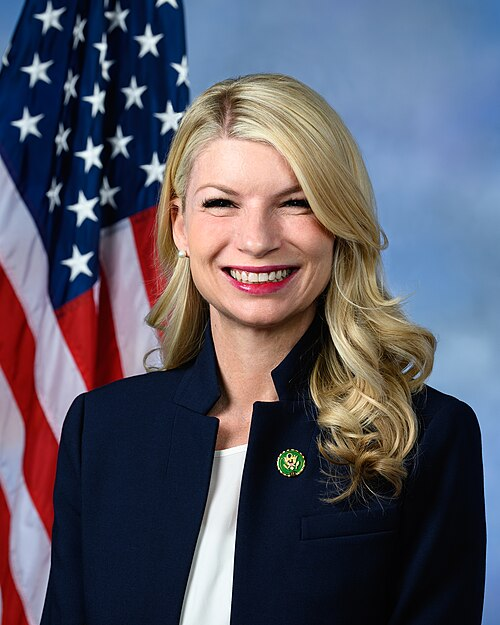
Co-Sponsor
-
TrackChellie Pingree
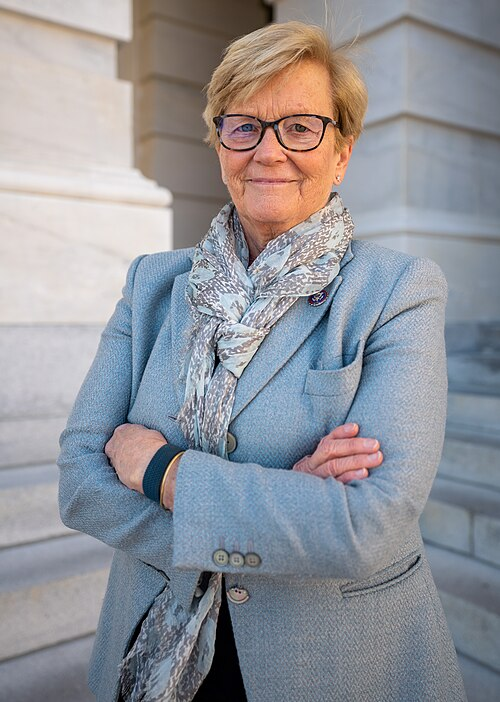
Co-Sponsor
-
TrackStacey E. Plaskett
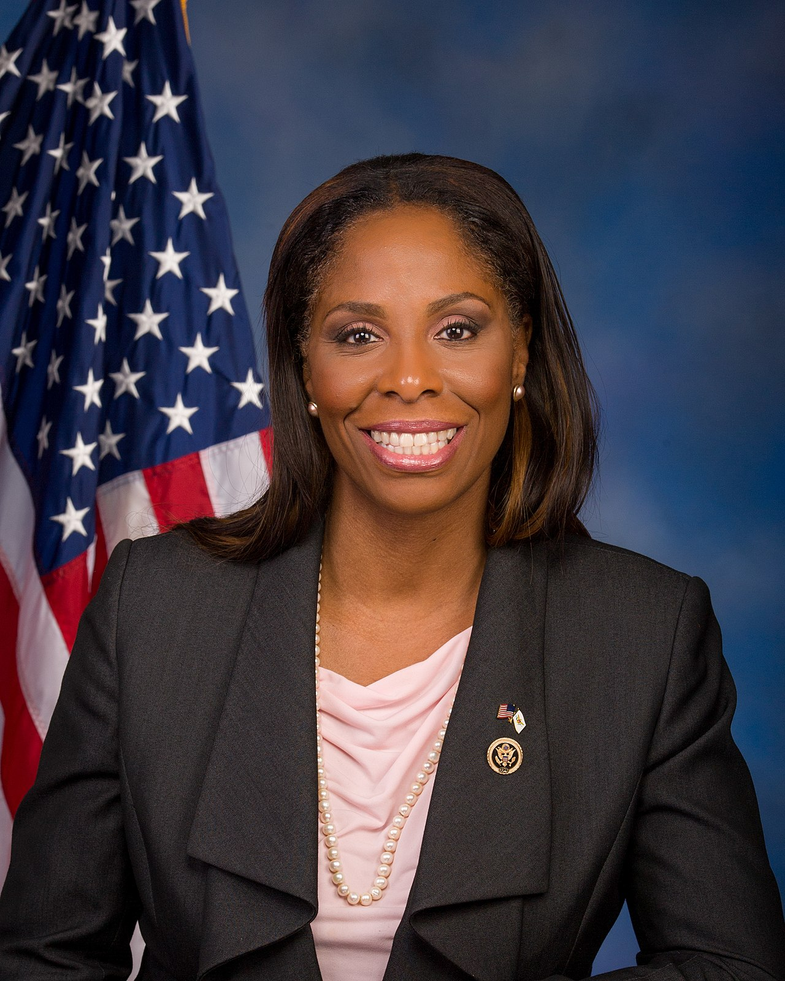
Co-Sponsor
-
TrackMark Pocan
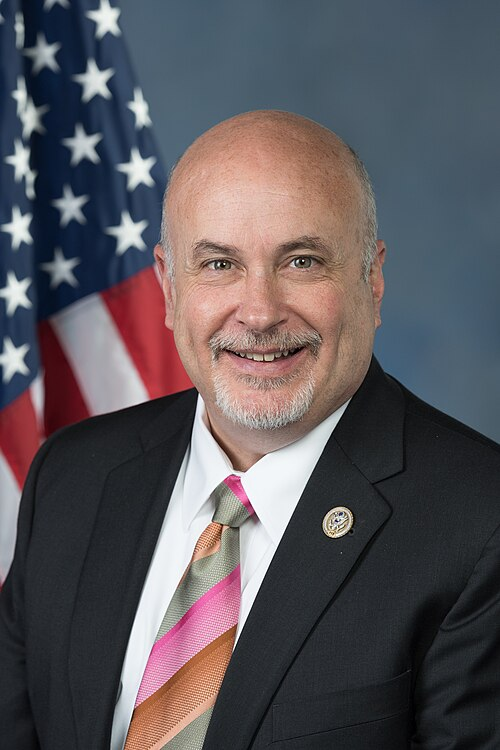
Co-Sponsor
-
TrackNellie Pou
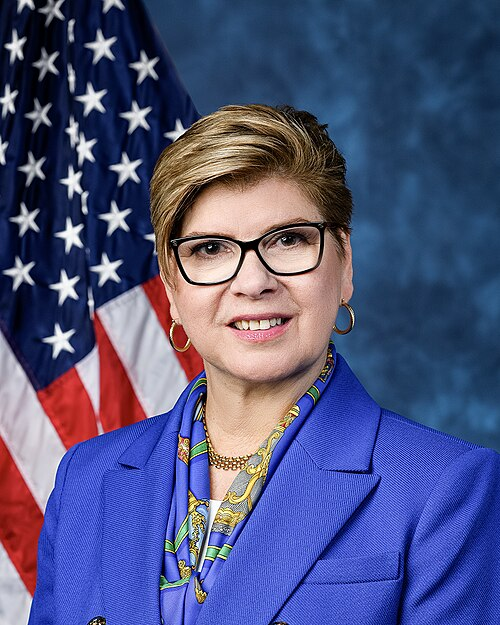
Co-Sponsor
-
TrackAyanna Pressley
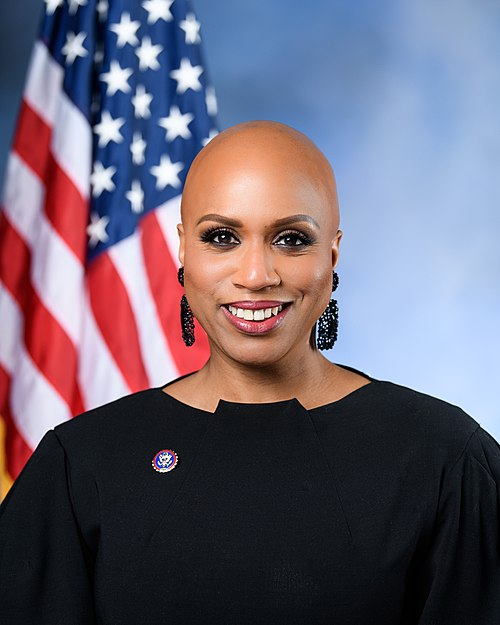
Co-Sponsor
-
TrackMike Quigley

Co-Sponsor
-
TrackDelia C. Ramirez
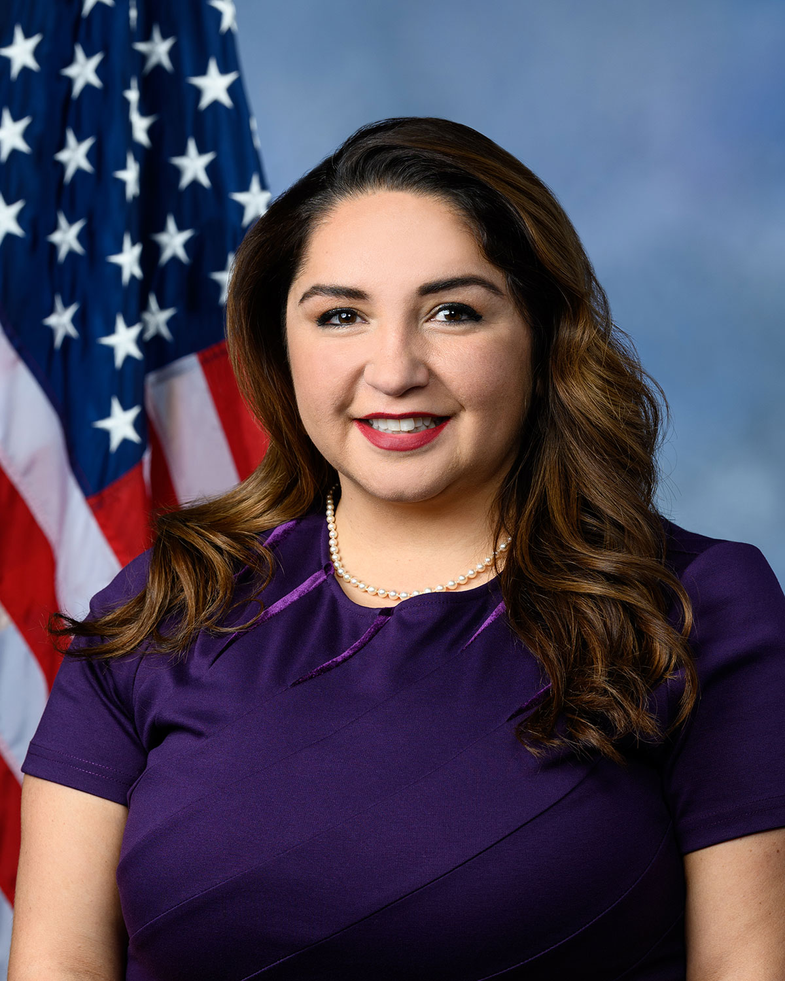
Co-Sponsor
-
TrackEmily Randall

Co-Sponsor
-
TrackJamie Raskin
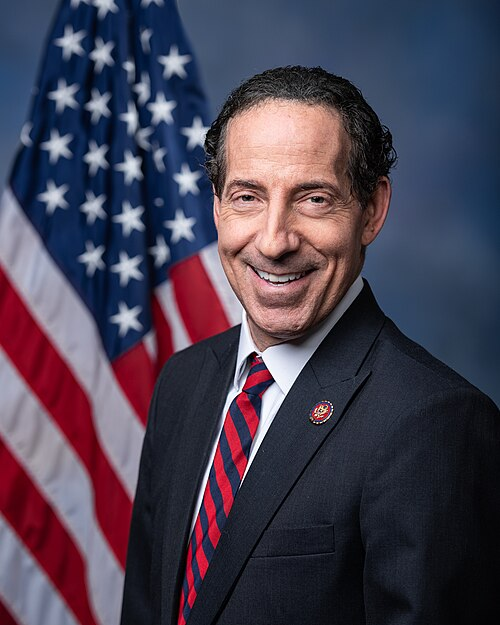
Co-Sponsor
-
TrackLuz Rivas
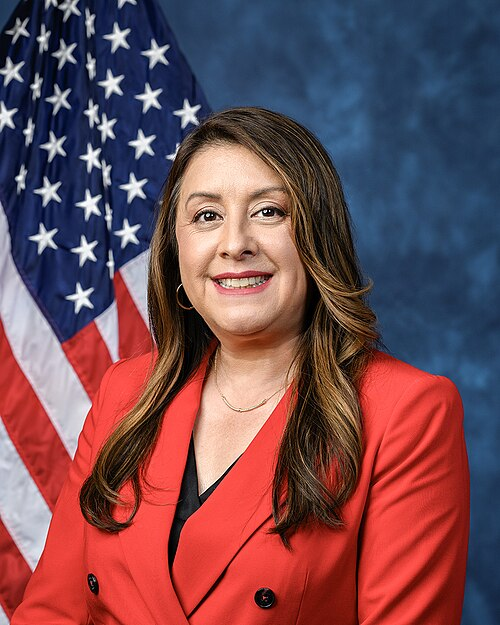
Co-Sponsor
-
TrackDeborah K. Ross
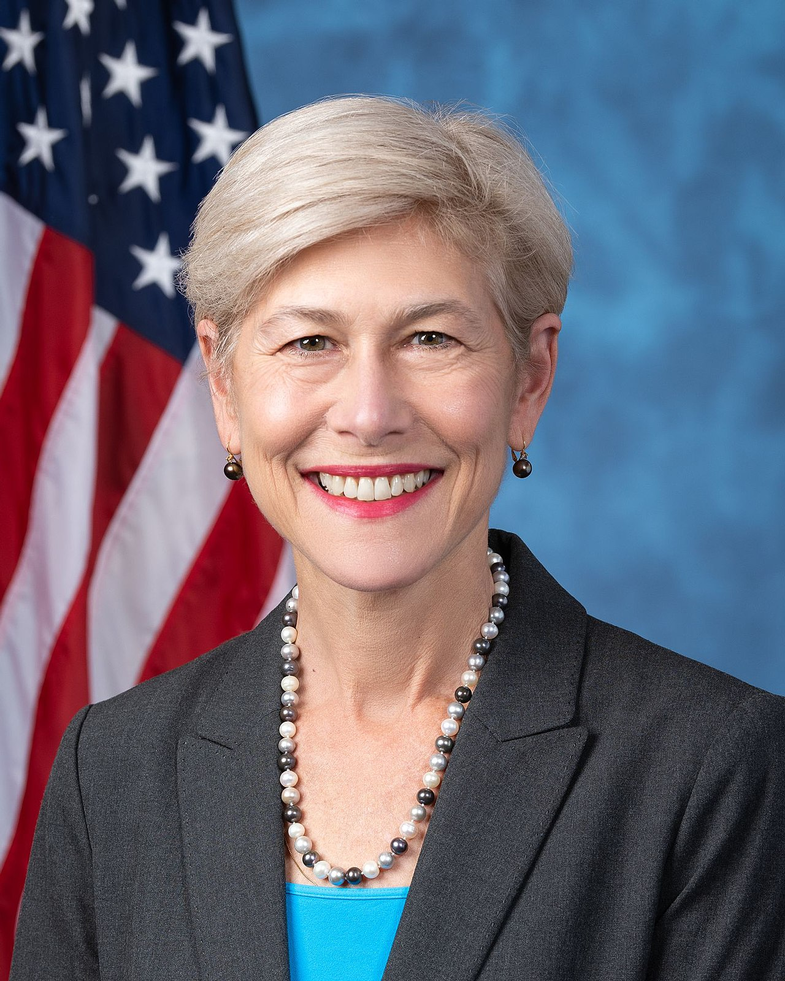
Co-Sponsor
-
TrackRaul Ruiz
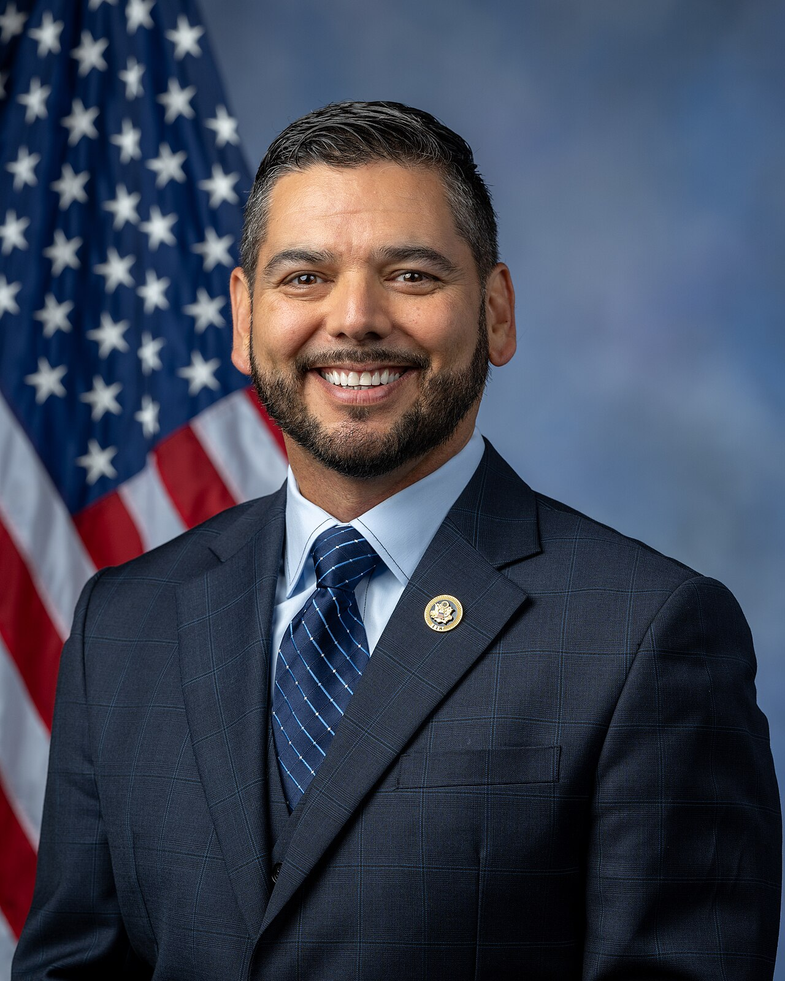
Co-Sponsor
-
TrackPatrick Ryan
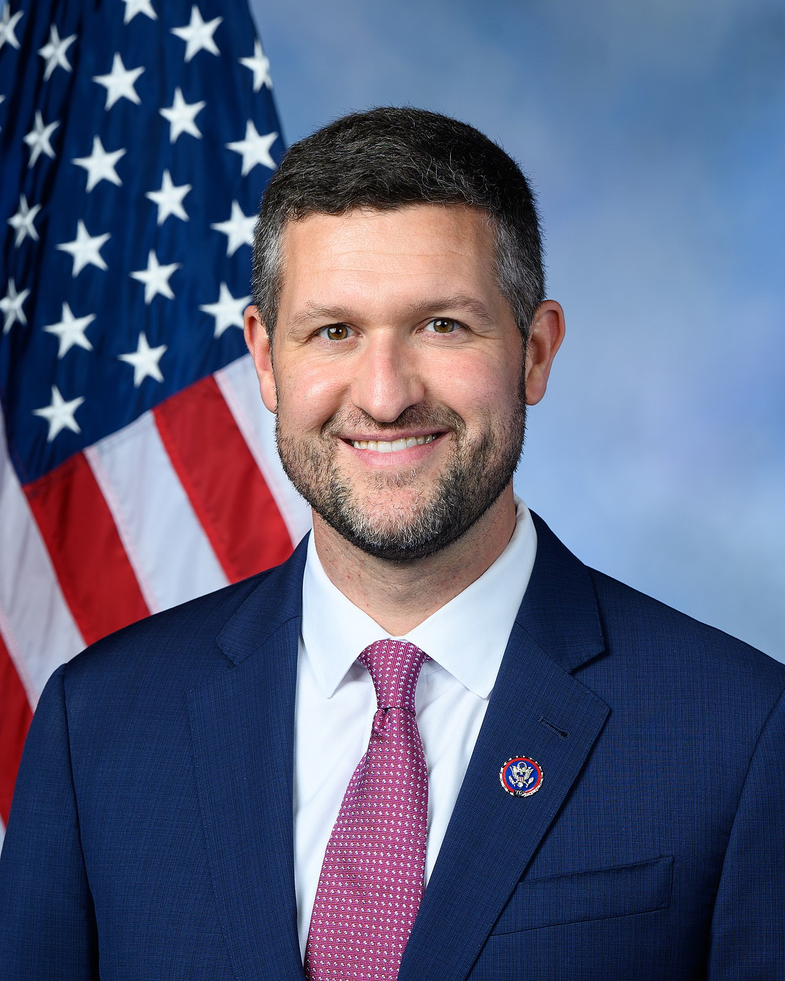
Co-Sponsor
-
TrackMaria Elvira Salazar

Co-Sponsor
-
TrackAndrea Salinas
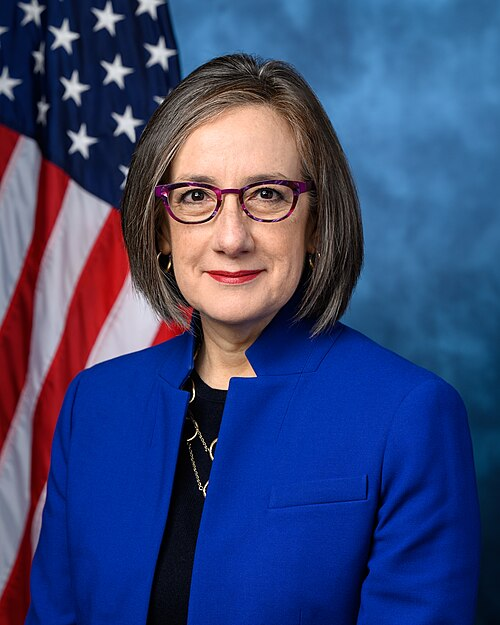
Co-Sponsor
-
TrackMary Gay Scanlon
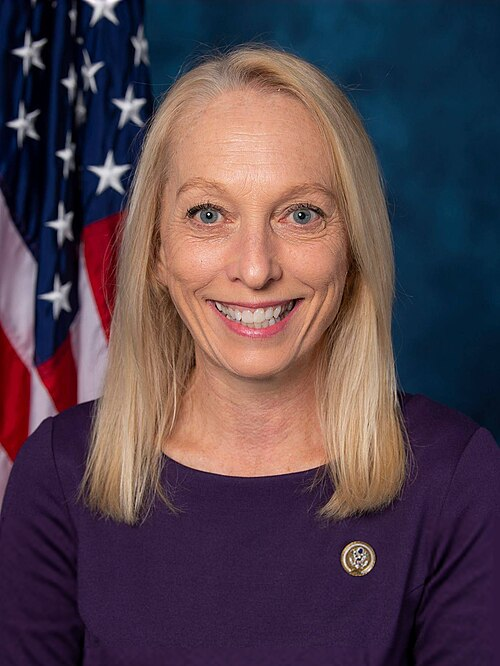
Co-Sponsor
-
TrackJanice D. Schakowsky

Co-Sponsor
-
TrackBradley Scott Schneider
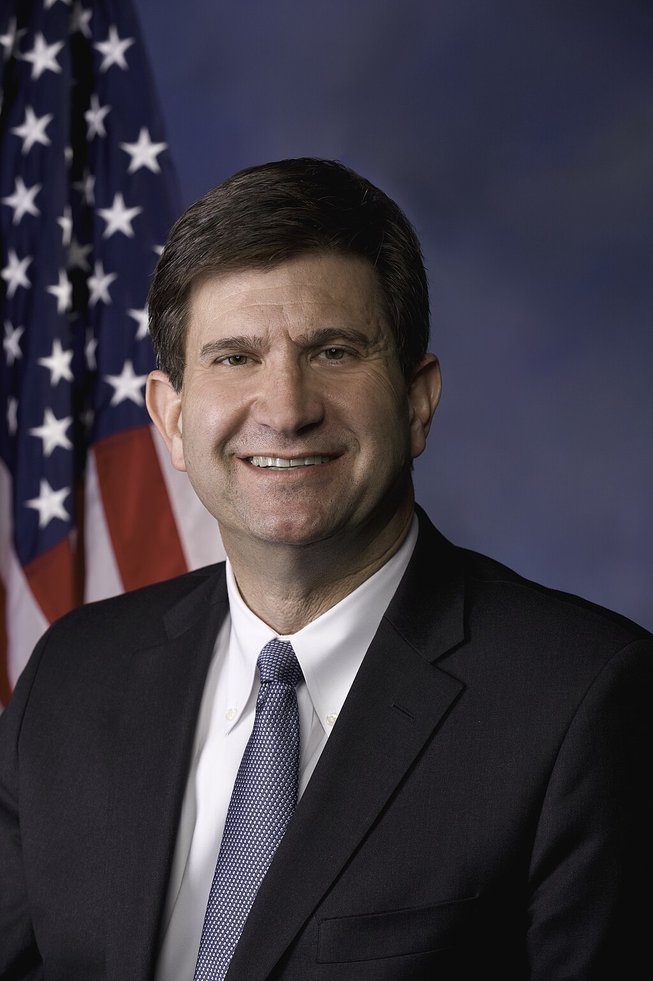
Co-Sponsor
-
TrackHillary J. Scholten
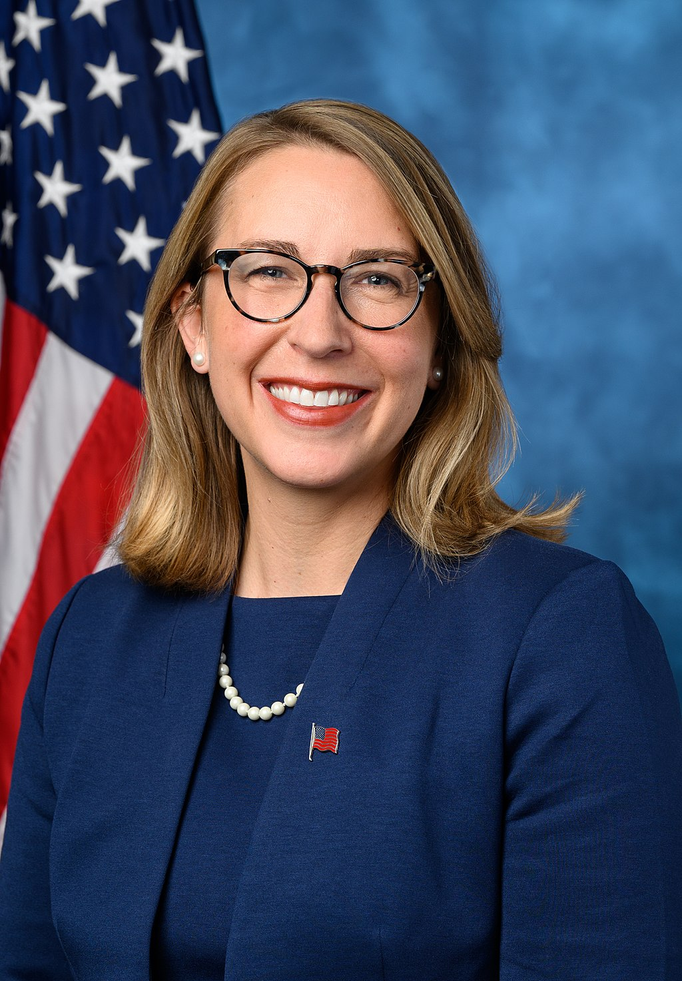
Co-Sponsor
-
TrackKim Schrier
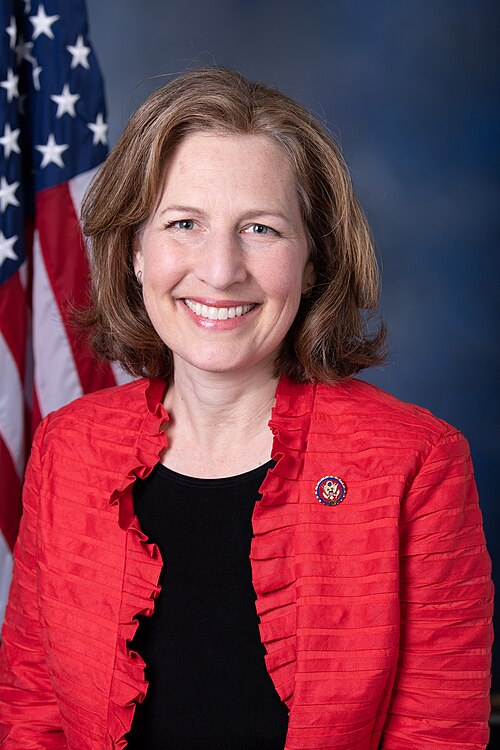
Co-Sponsor
-
TrackRobert C. "Bobby" Scott
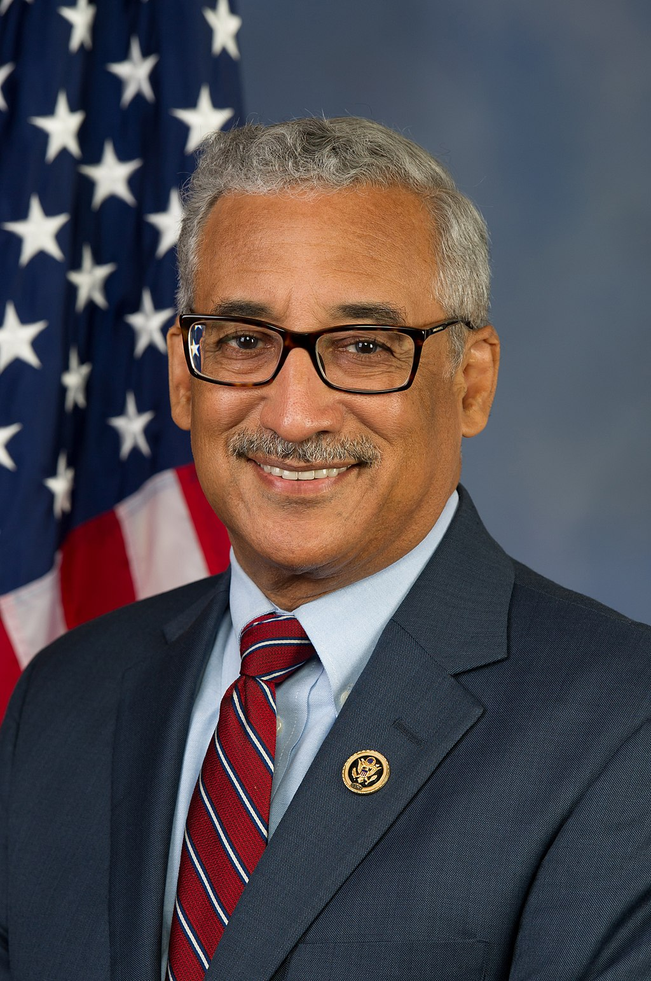
Co-Sponsor
-
TrackDavid Scott

Co-Sponsor
-
TrackTerri A. Sewell
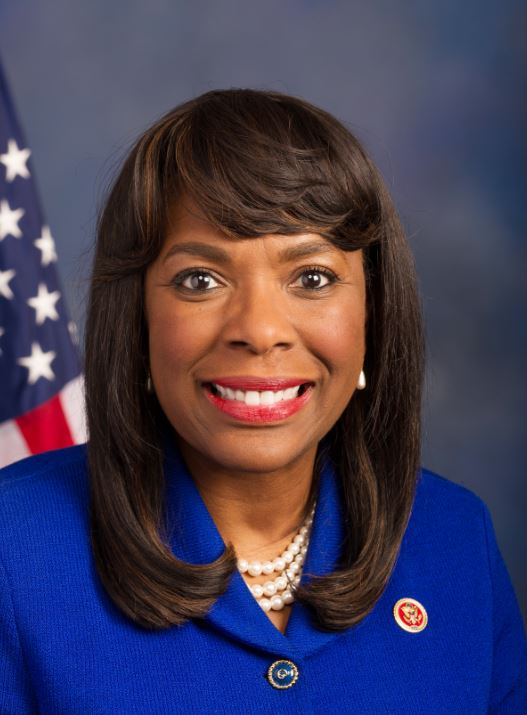
Co-Sponsor
-
TrackBrad Sherman
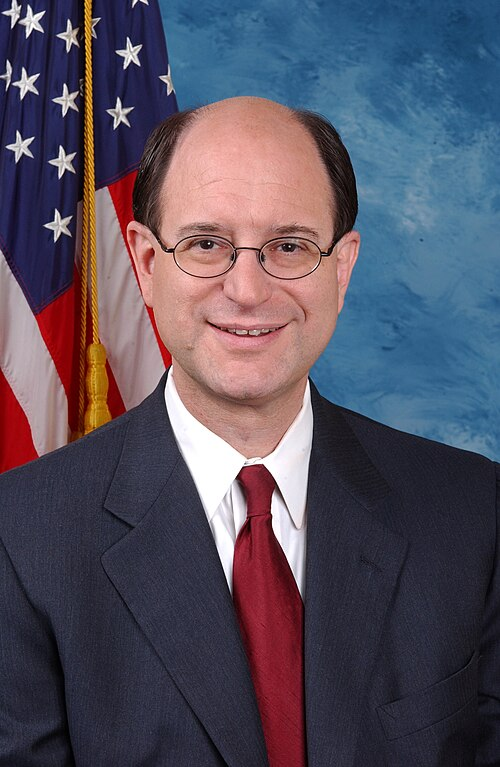
Co-Sponsor
-
TrackMikie Sherrill
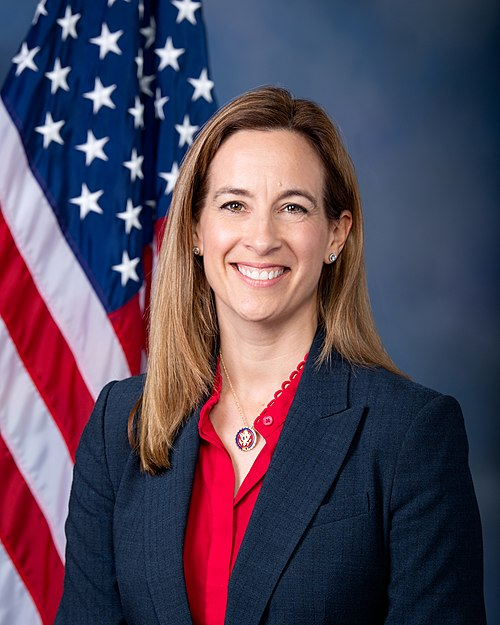
Co-Sponsor
-
TrackLateefah Simon
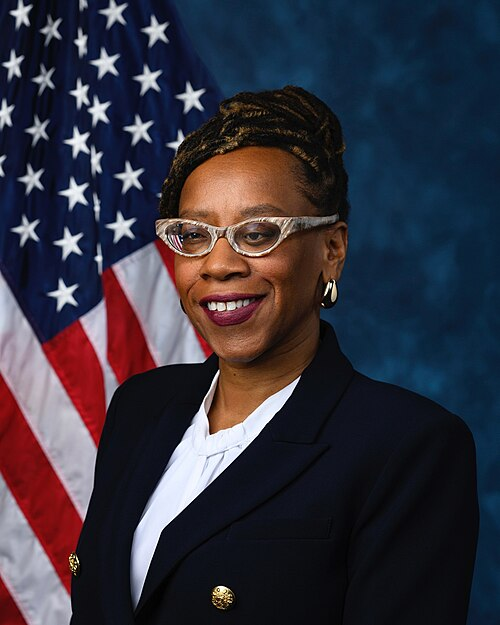
Co-Sponsor
-
TrackAdam Smith
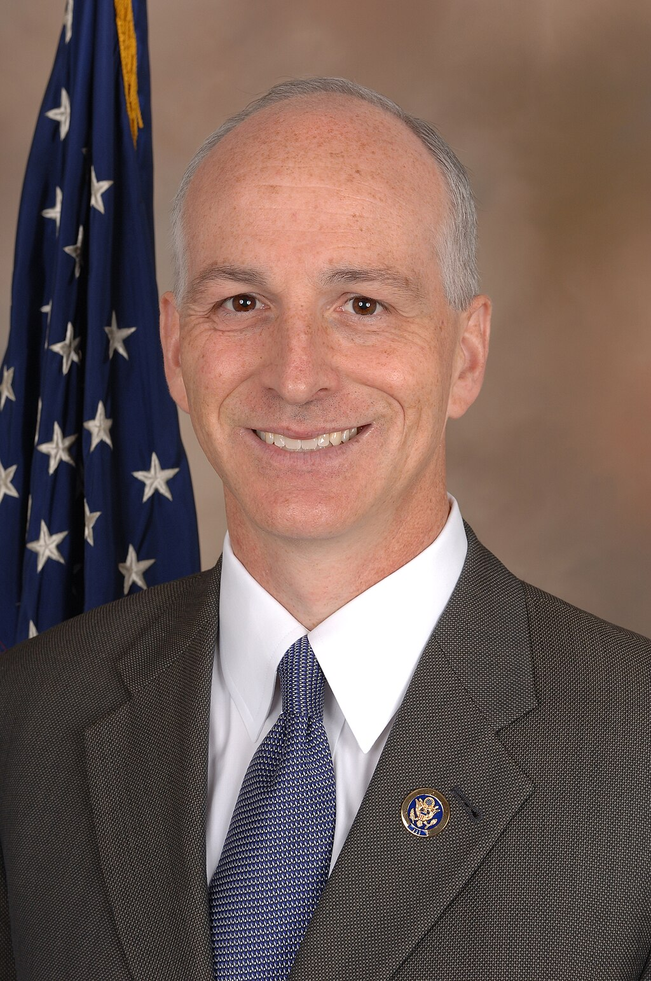
Co-Sponsor
-
TrackEric Sorensen
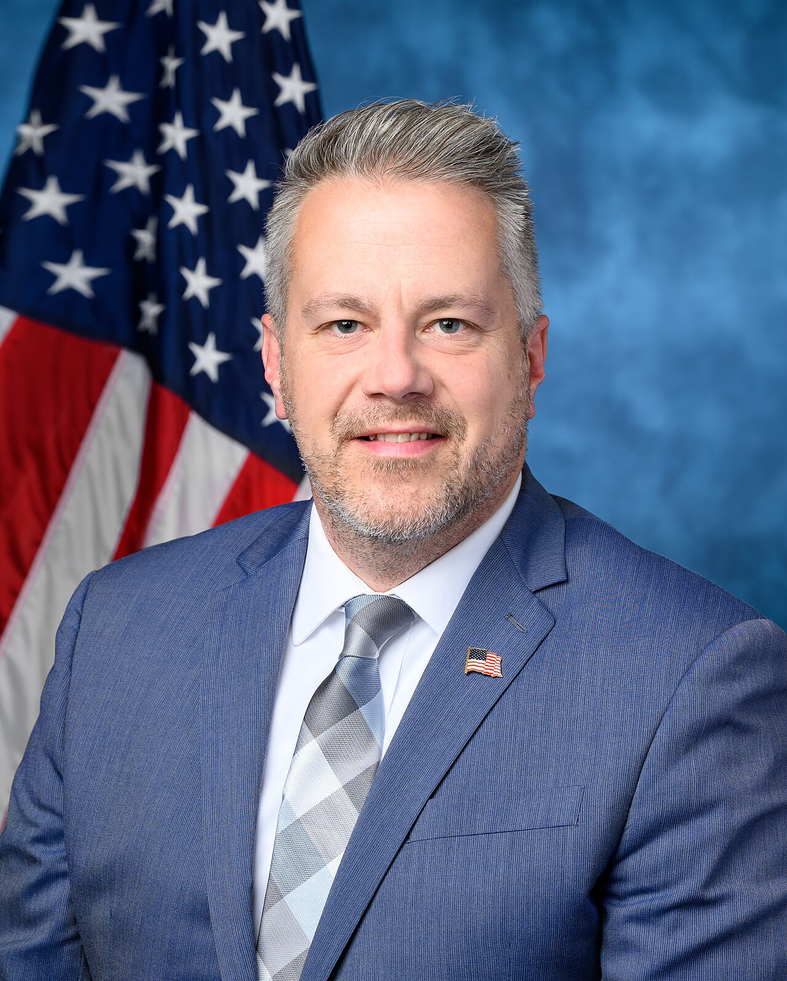
Co-Sponsor
-
TrackDarren Soto
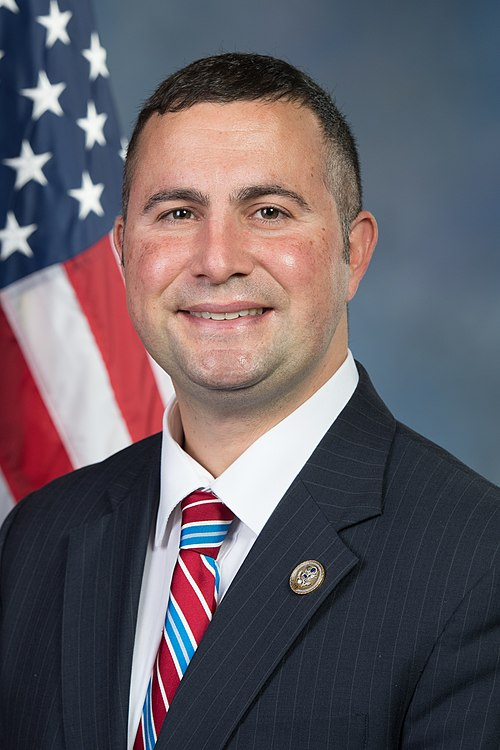
Co-Sponsor
-
TrackMelanie A. Stansbury
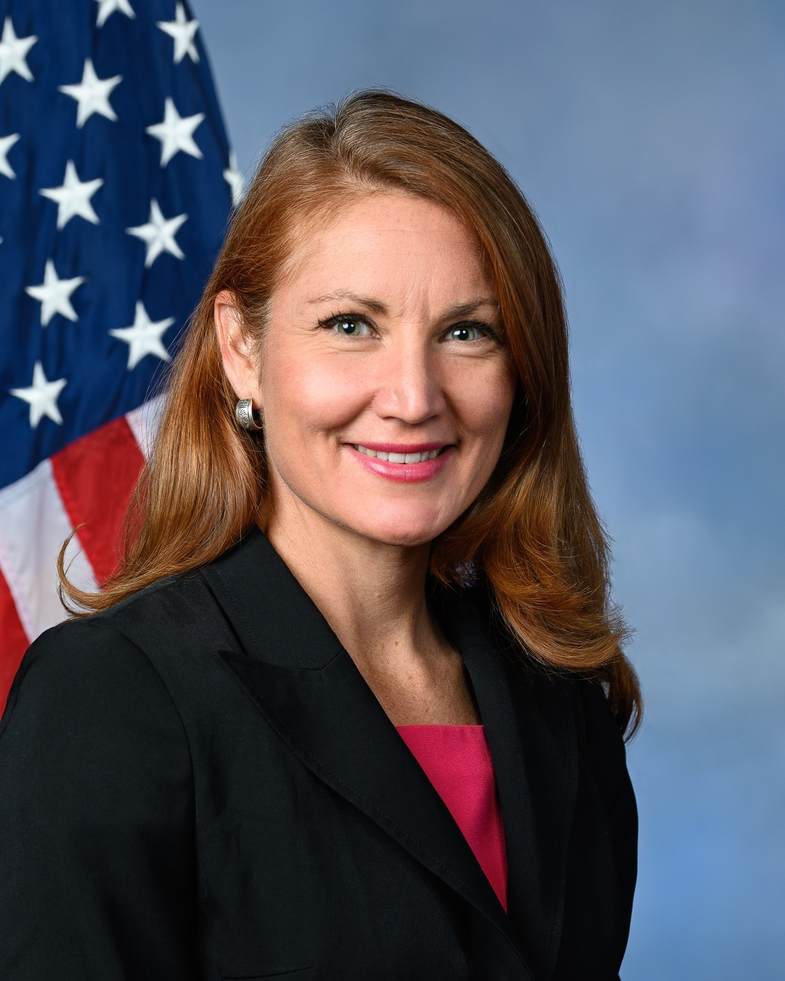
Co-Sponsor
-
TrackGreg Stanton

Co-Sponsor
-
TrackHaley M. Stevens

Co-Sponsor
-
TrackMarilyn Strickland
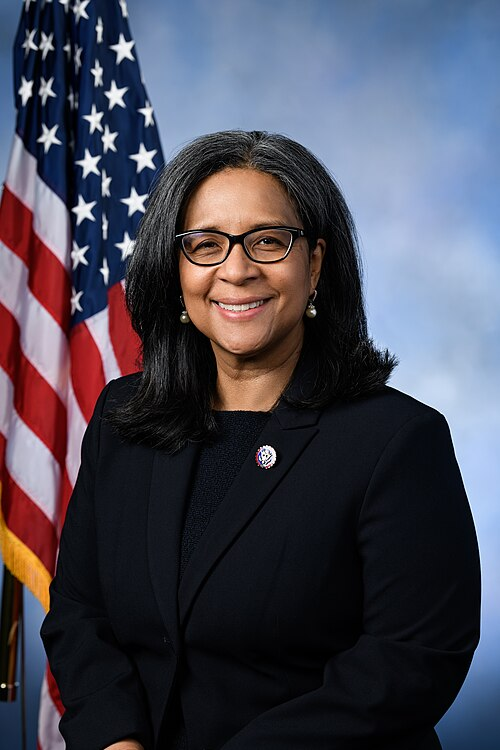
Co-Sponsor
-
TrackSuhas Subramanyam
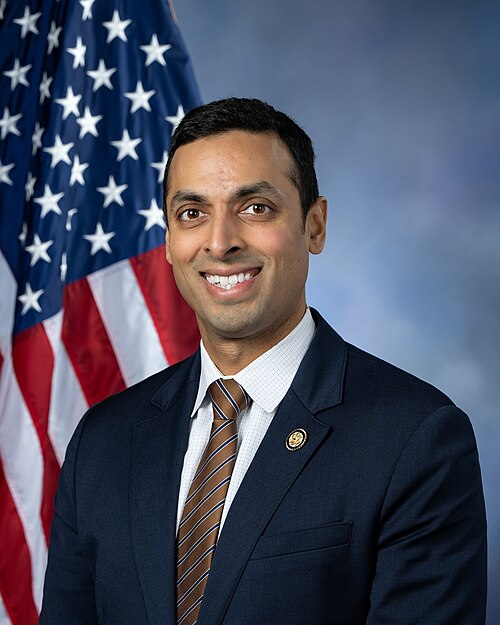
Co-Sponsor
-
TrackThomas R. Suozzi

Co-Sponsor
-
TrackEric Swalwell
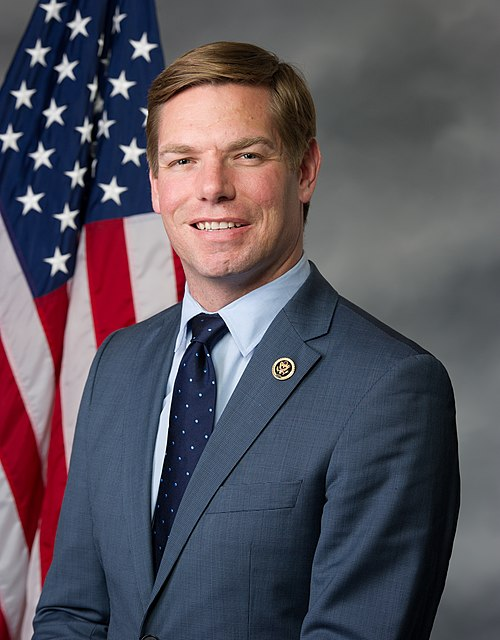
Co-Sponsor
-
TrackEmilia Strong Sykes
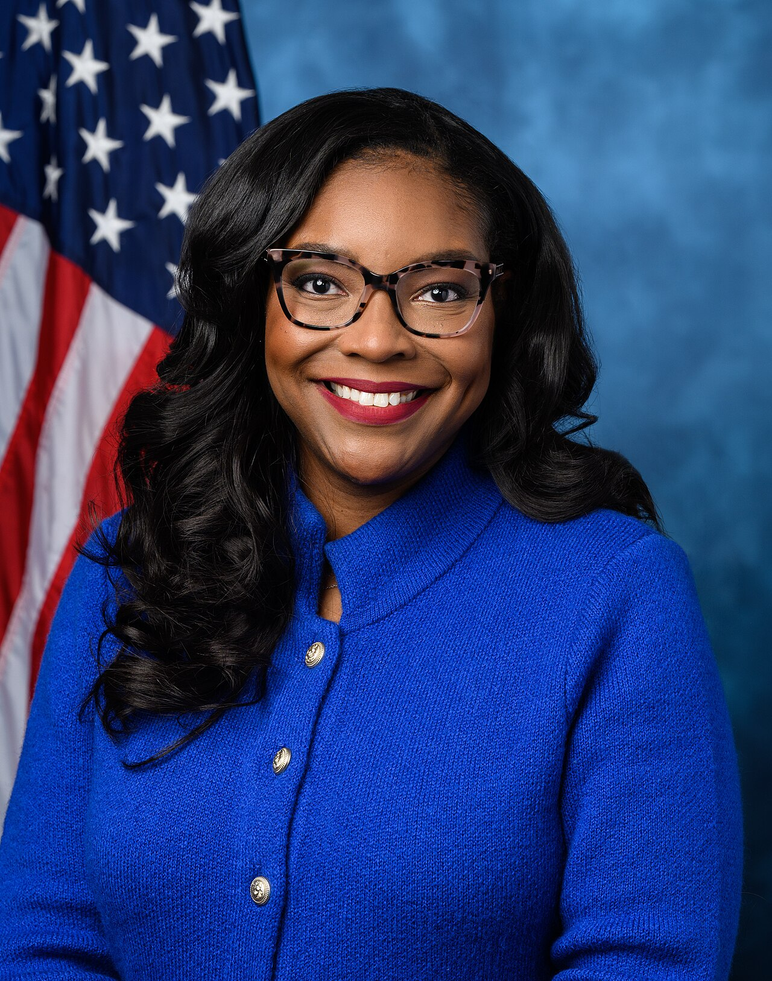
Co-Sponsor
-
TrackLinda T. Sánchez

Co-Sponsor
-
TrackMark Takano
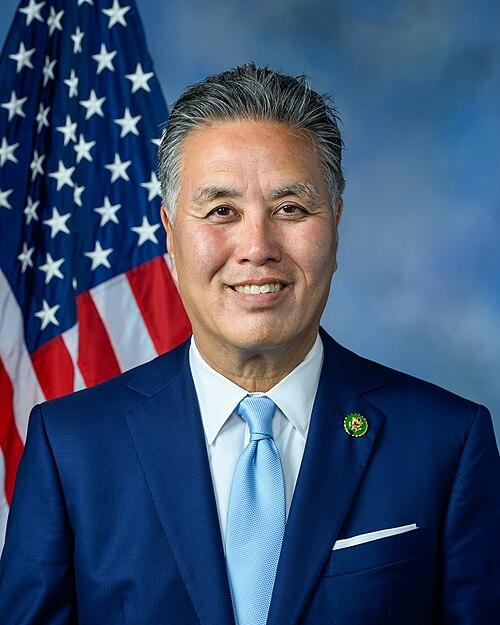
Co-Sponsor
-
TrackShri Thanedar

Co-Sponsor
-
TrackBennie G. Thompson
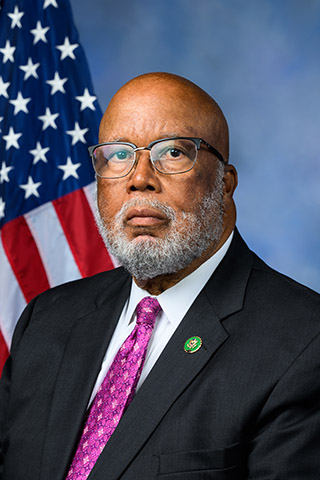
Co-Sponsor
-
TrackMike Thompson
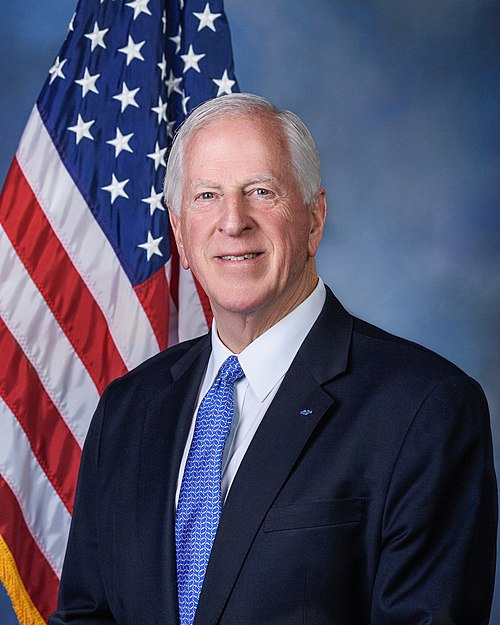
Co-Sponsor
-
TrackDina Titus
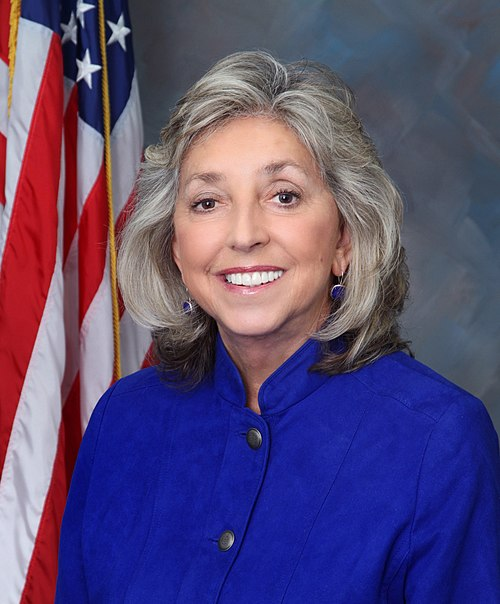
Co-Sponsor
-
TrackRashida Tlaib
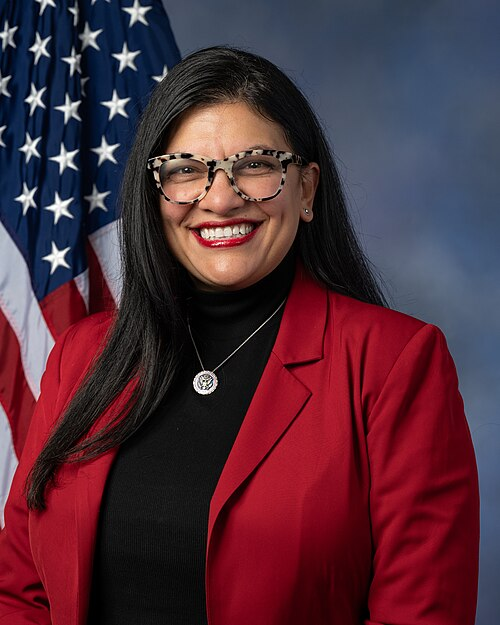
Co-Sponsor
-
TrackJill N. Tokuda
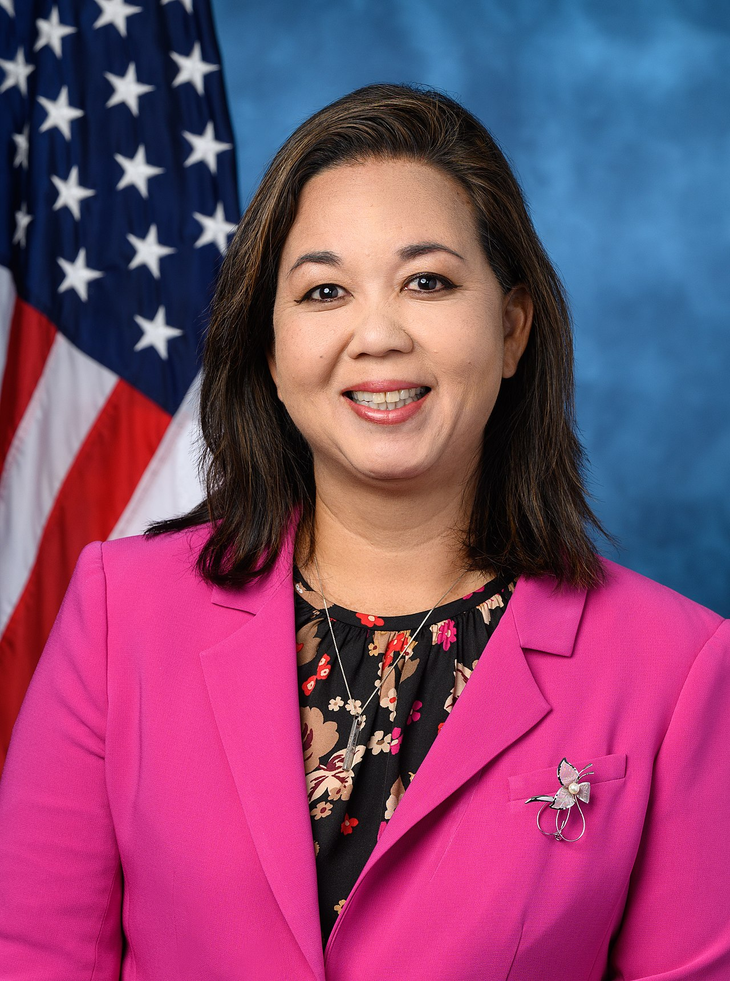
Co-Sponsor
-
TrackPaul Tonko
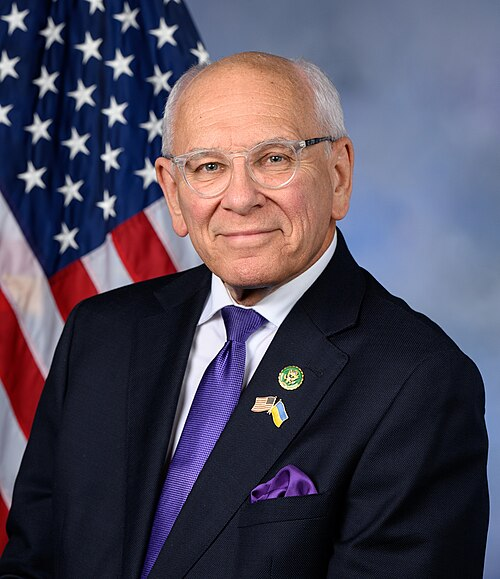
Co-Sponsor
-
TrackRitchie Torres

Co-Sponsor
-
TrackNorma J. Torres

Co-Sponsor
-
TrackLori Trahan
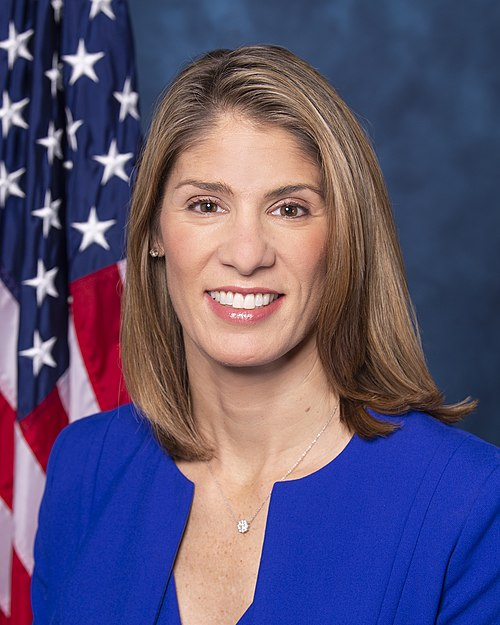
Co-Sponsor
-
TrackDerek Tran
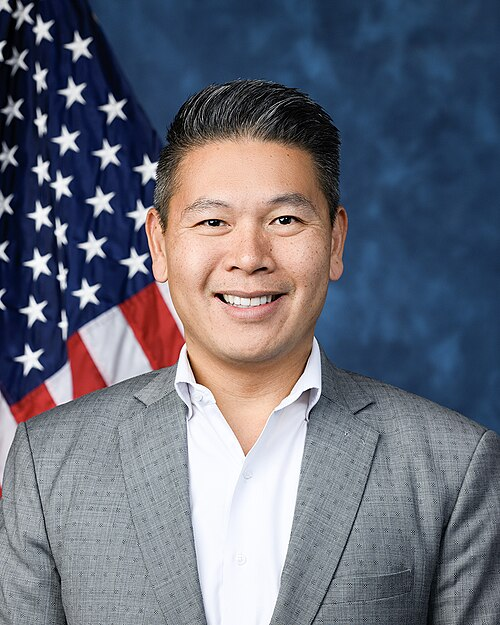
Co-Sponsor
-
TrackSylvester Turner

Co-Sponsor
-
TrackLauren Underwood
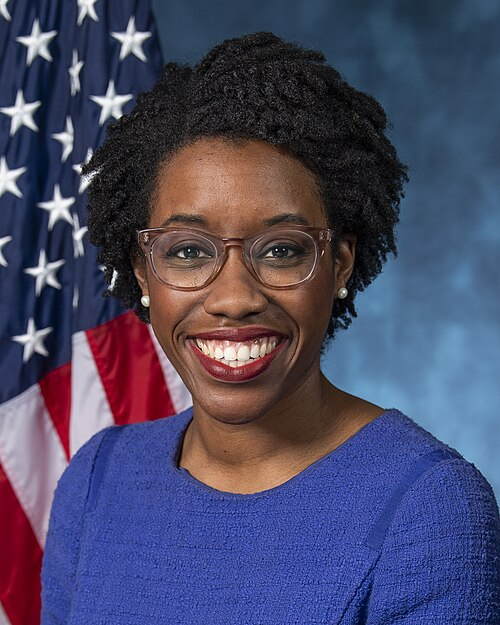
Co-Sponsor
-
TrackJuan Vargas
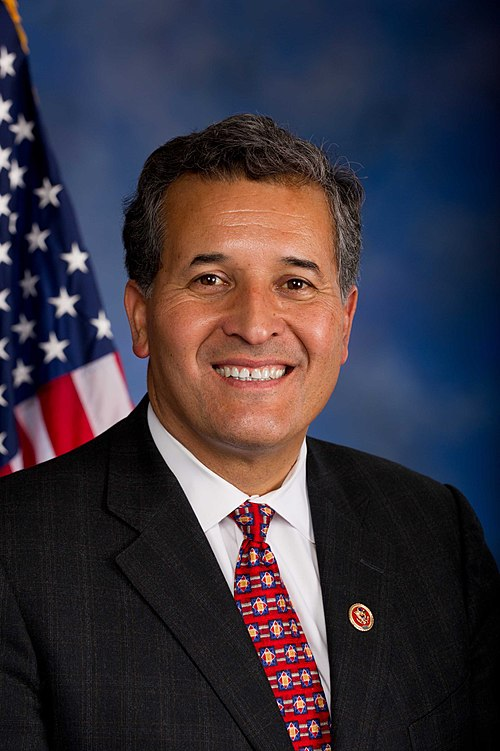
Co-Sponsor
-
TrackGabe Vasquez
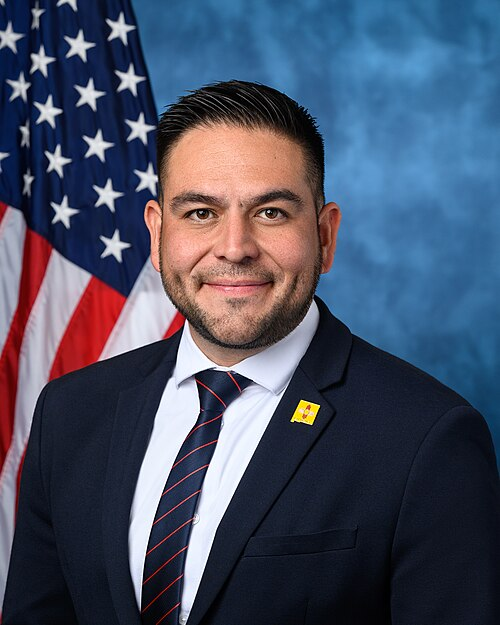
Co-Sponsor
-
TrackMarc A. Veasey
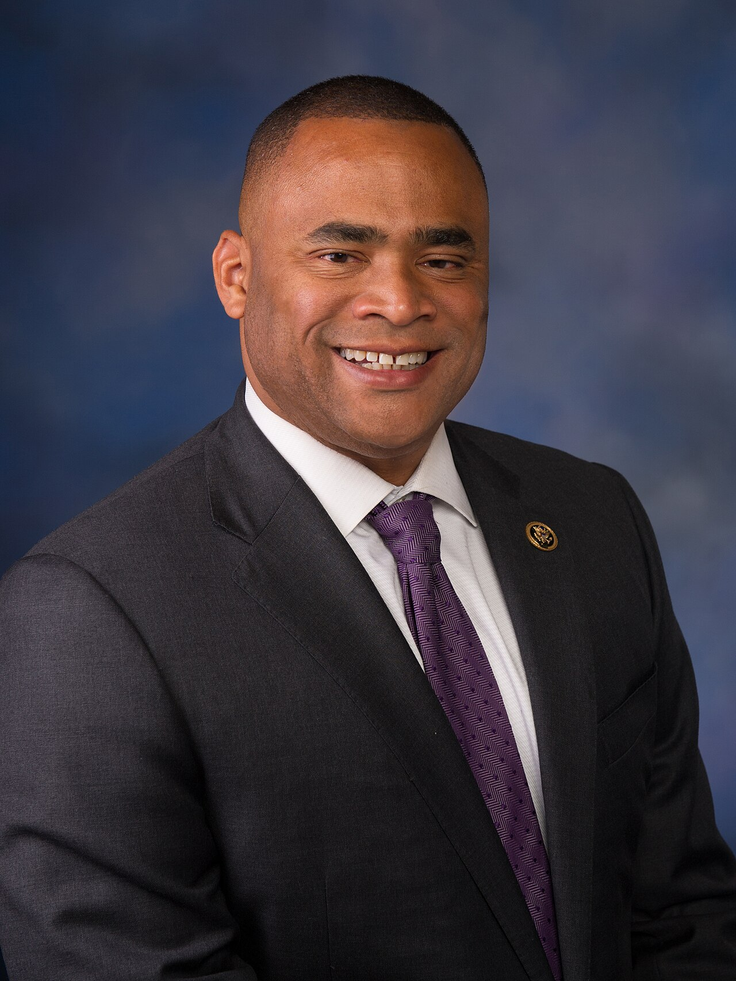
Co-Sponsor
-
TrackNydia M. Velázquez
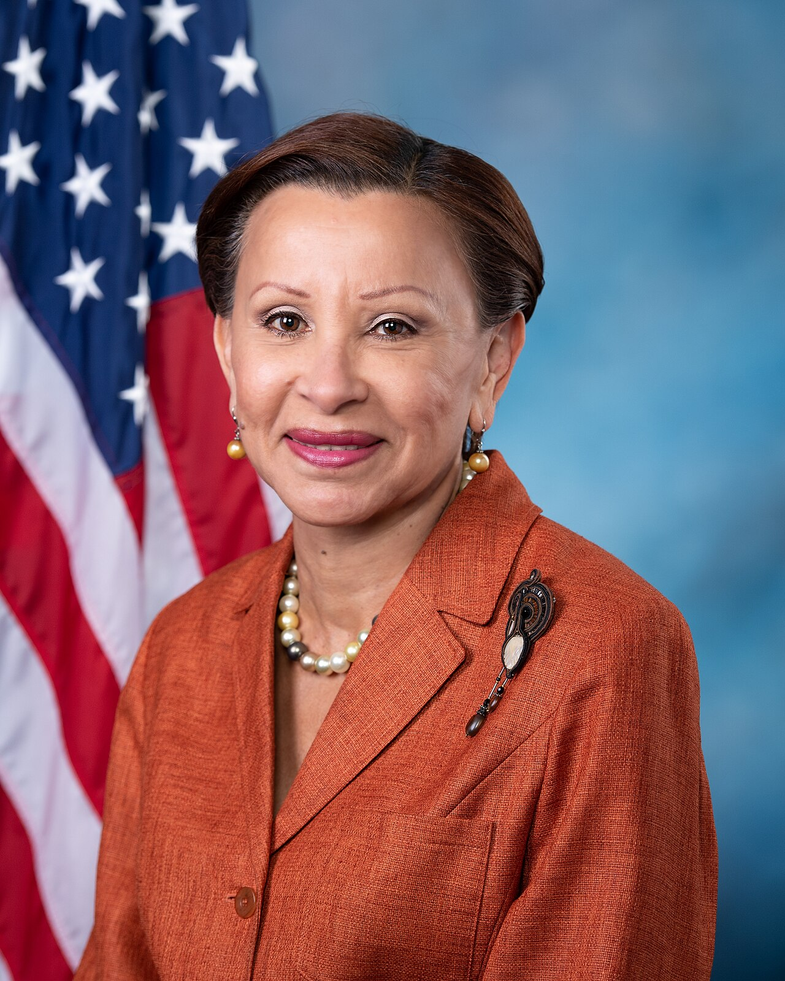
Co-Sponsor
-
TrackEugene Vindman
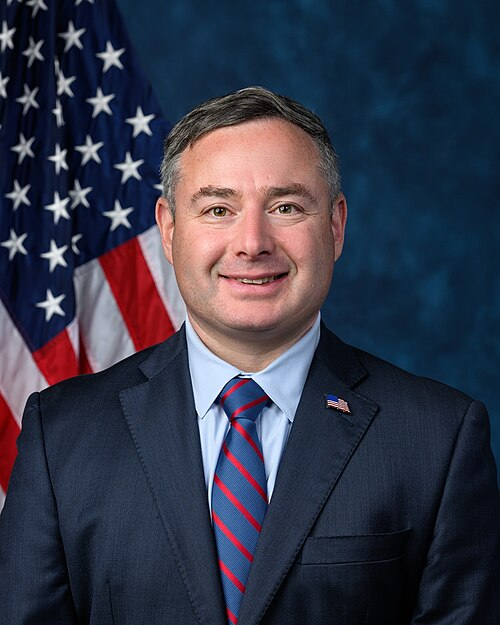
Co-Sponsor
-
TrackDebbie Wasserman Schultz
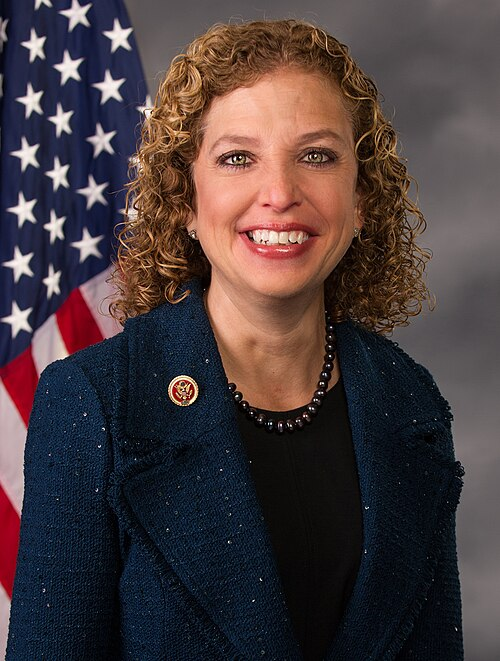
Co-Sponsor
-
TrackMaxine Waters

Co-Sponsor
-
TrackBonnie Watson Coleman
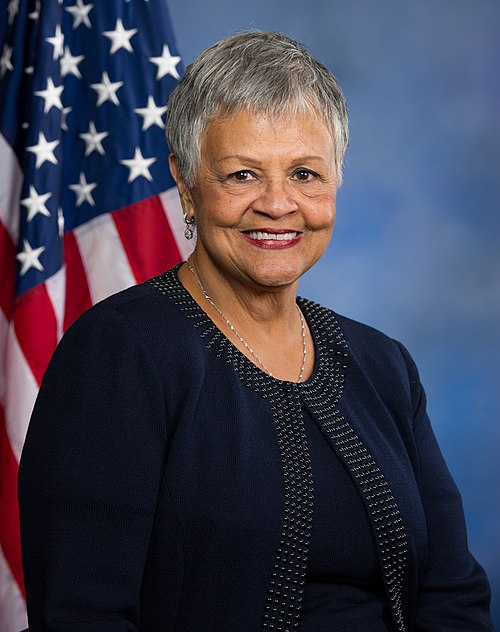
Co-Sponsor
-
TrackGeorge Whitesides

Co-Sponsor
-
TrackNikema Williams
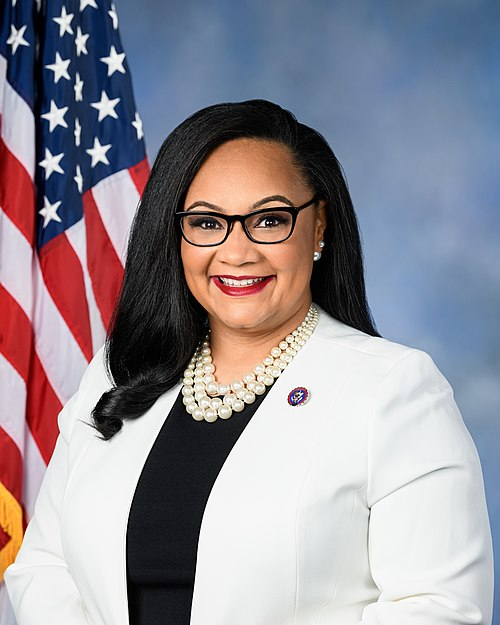
Co-Sponsor
-
TrackFrederica S. Wilson

Co-Sponsor
Actions
3 actions
| Date | Action |
|---|---|
| Feb. 27, 2025 | Sponsor introductory remarks on measure. (CR H884) |
| Feb. 26, 2025 | Introduced in House |
| Feb. 26, 2025 | Referred to the Committee on the Judiciary, and in addition to the Committee on Education and Workforce, for a period to be subsequently determined by the Speaker, in each case for consideration of such provisions as fall within the jurisdiction of the committee concerned. |
Corporate Lobbying
0 companies lobbying
None found.
* Note that there can be significant delays in lobbying disclosures, and our data may be incomplete.







